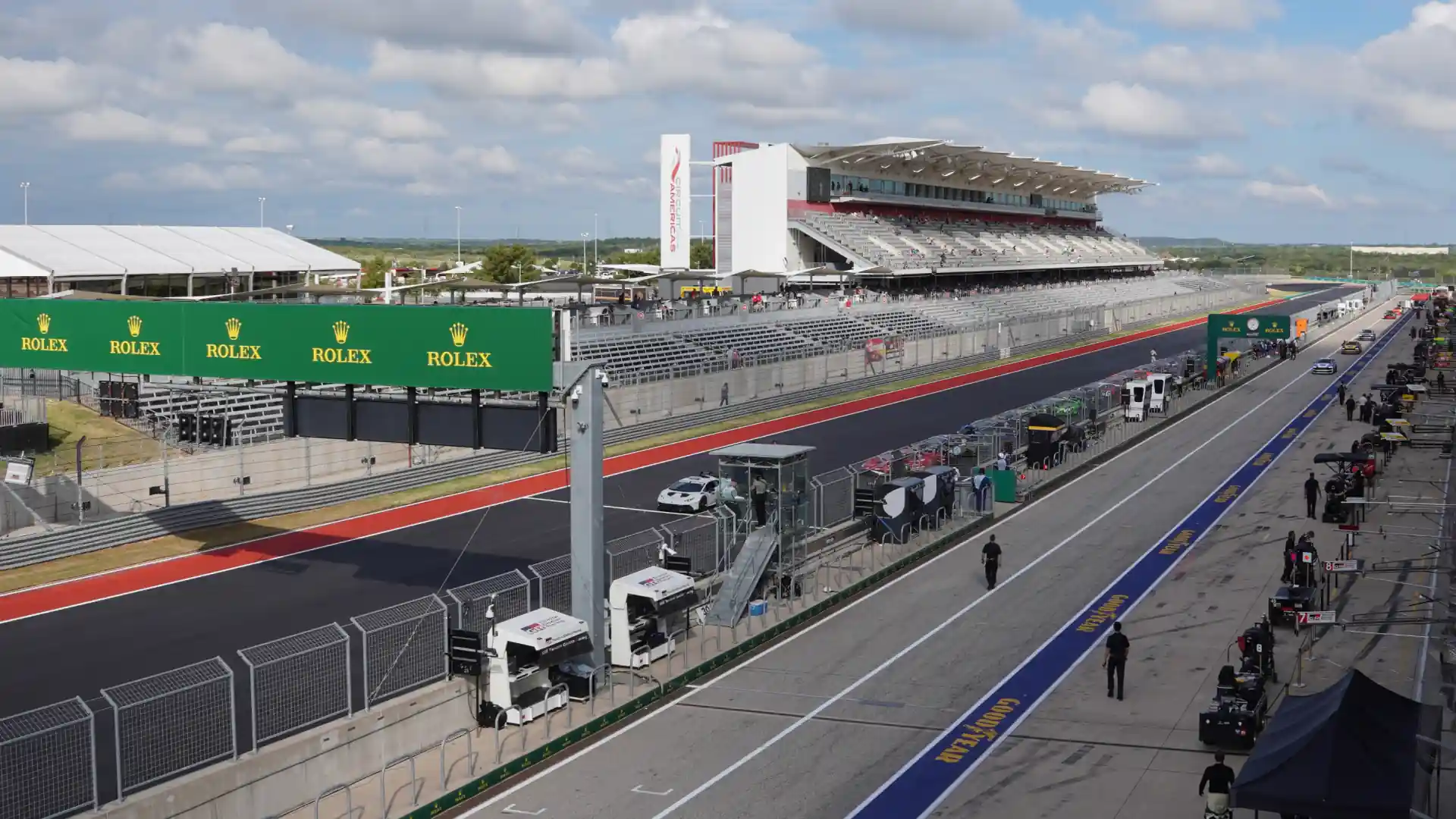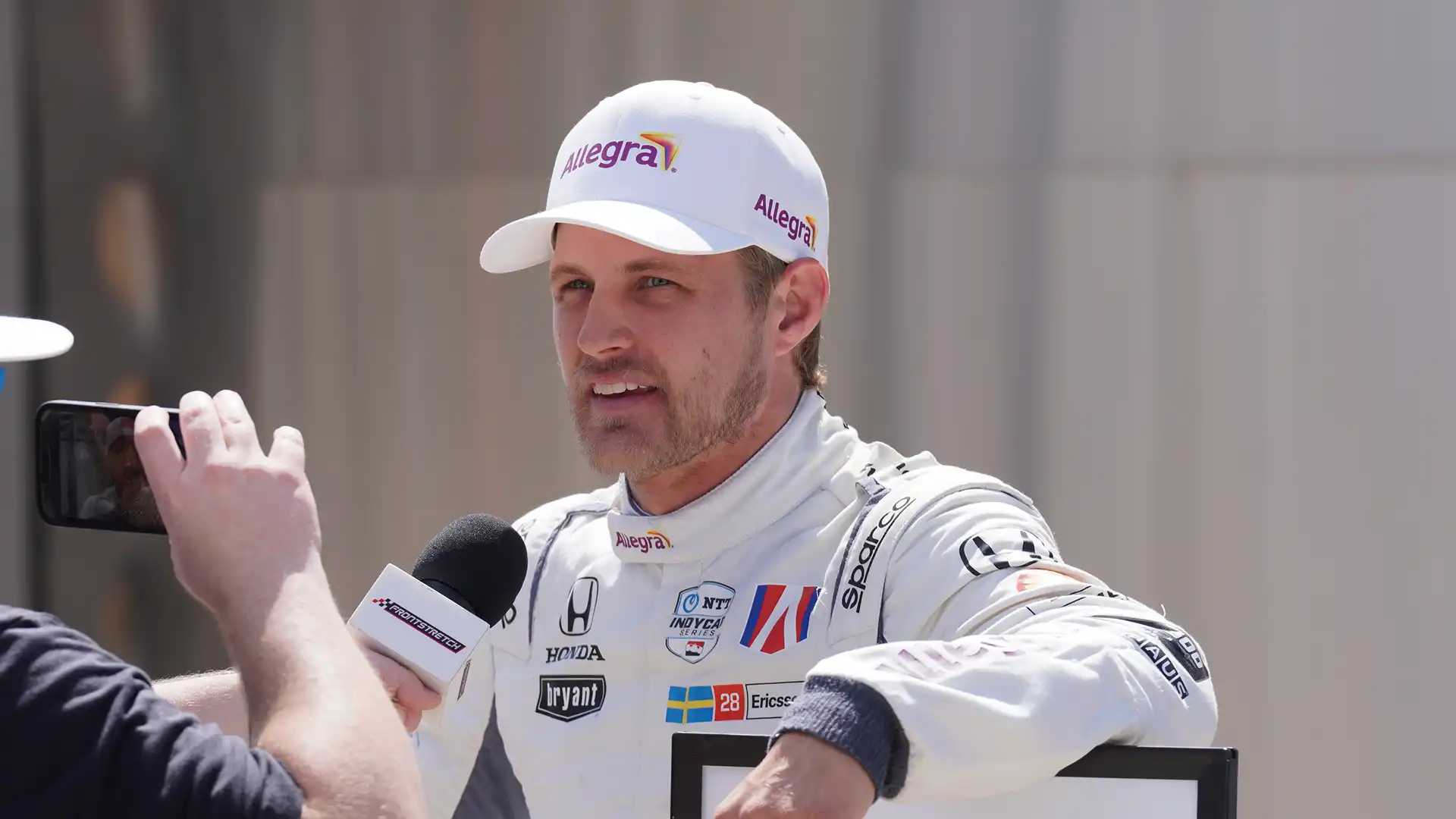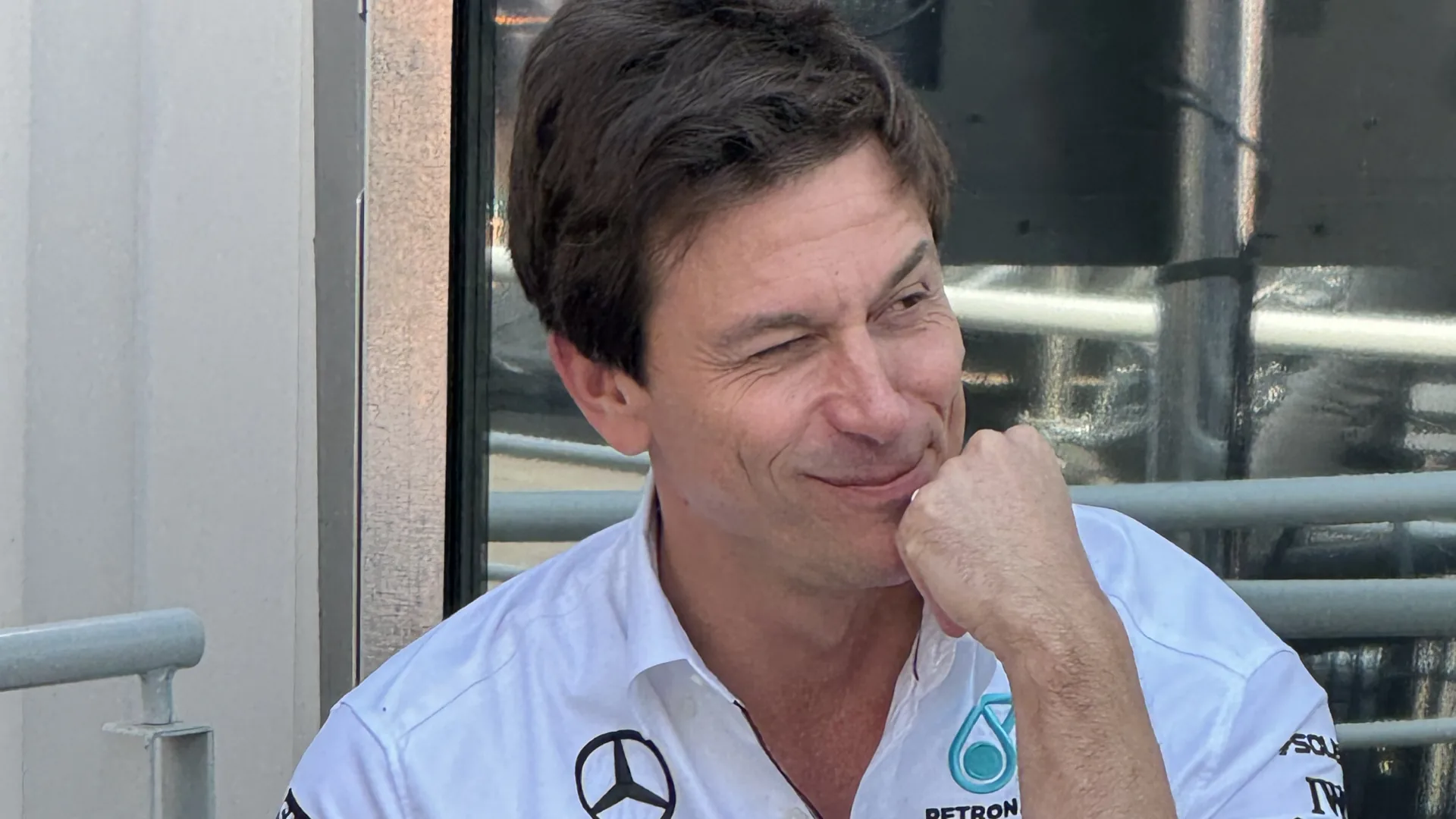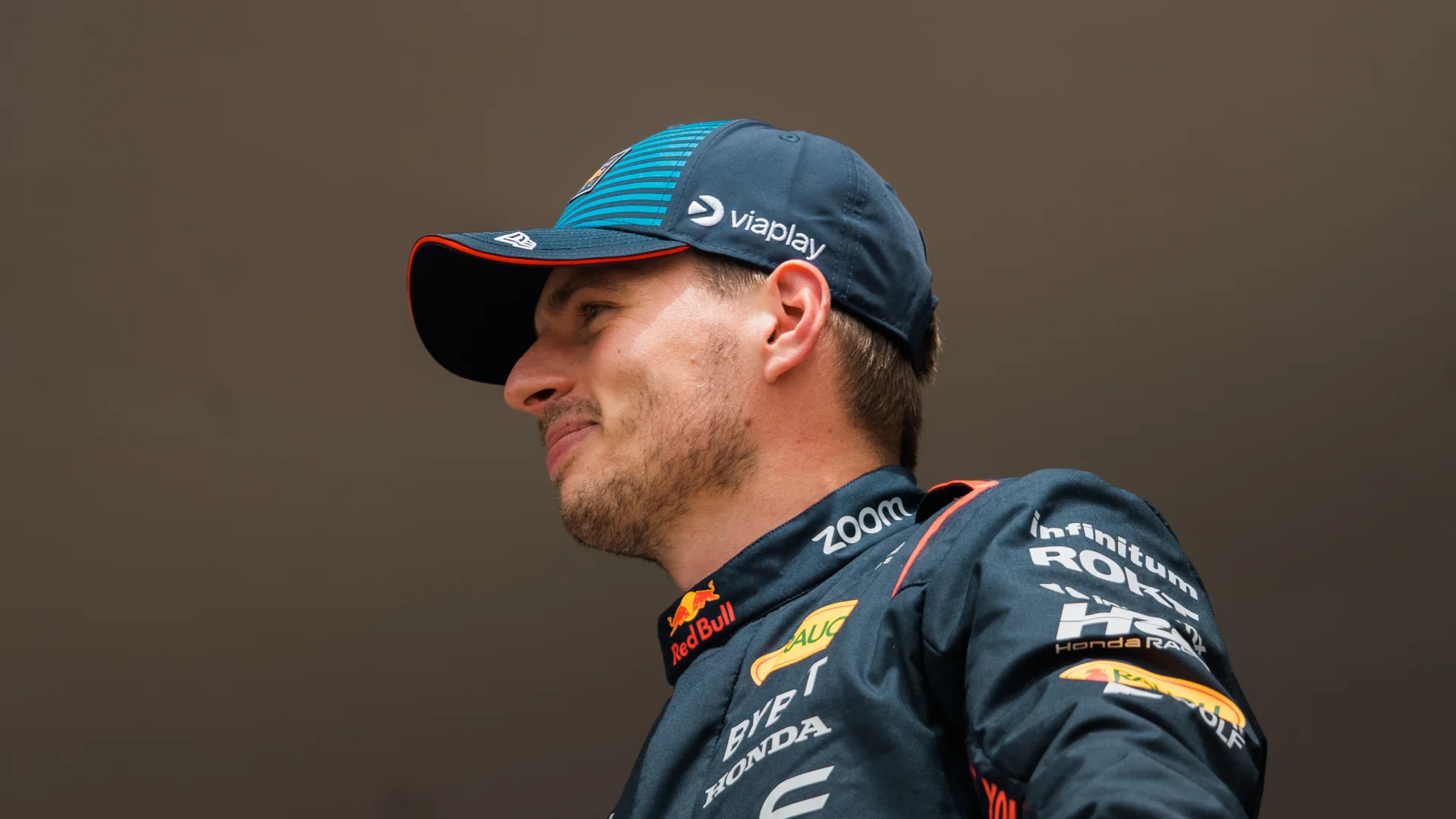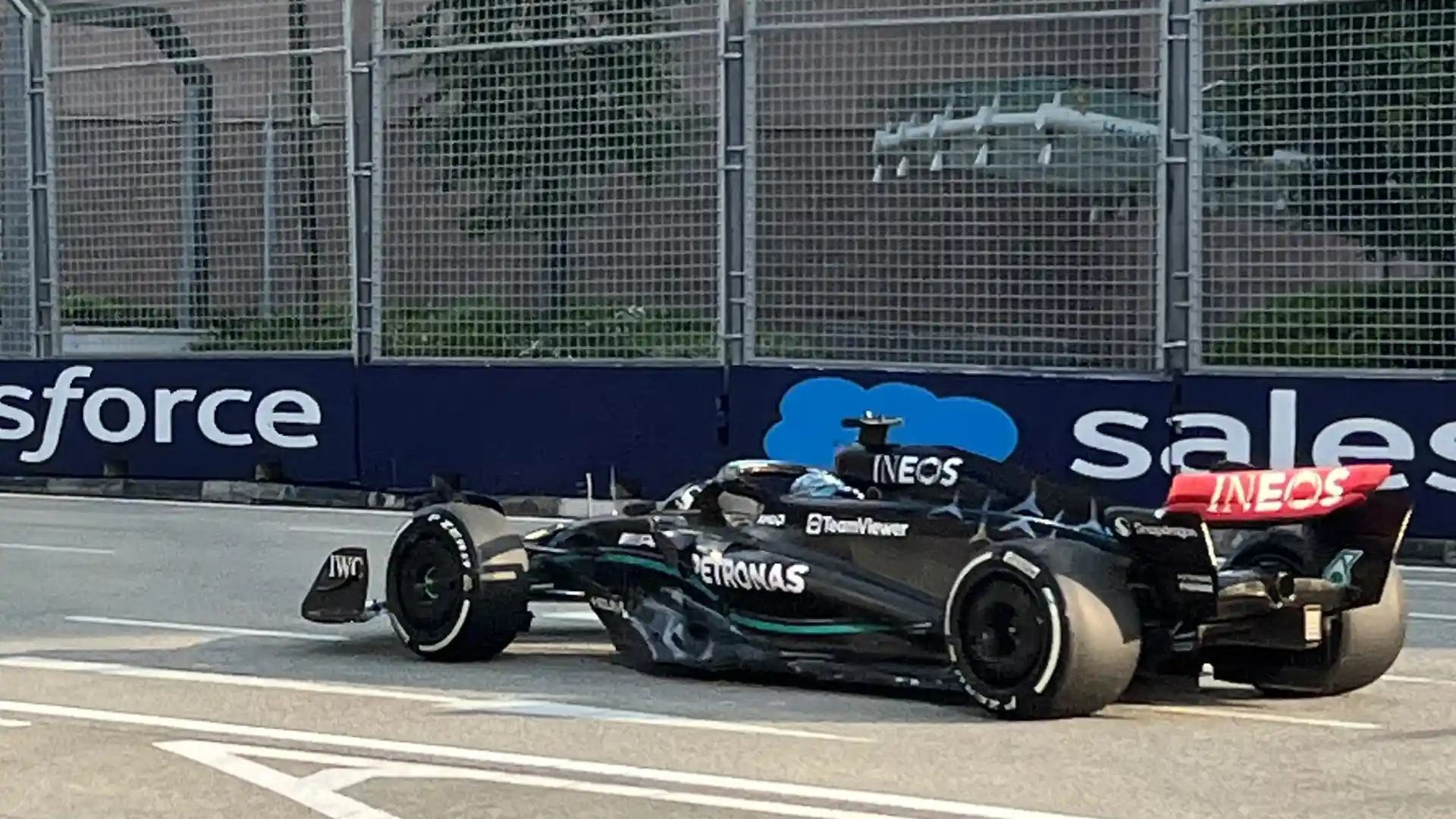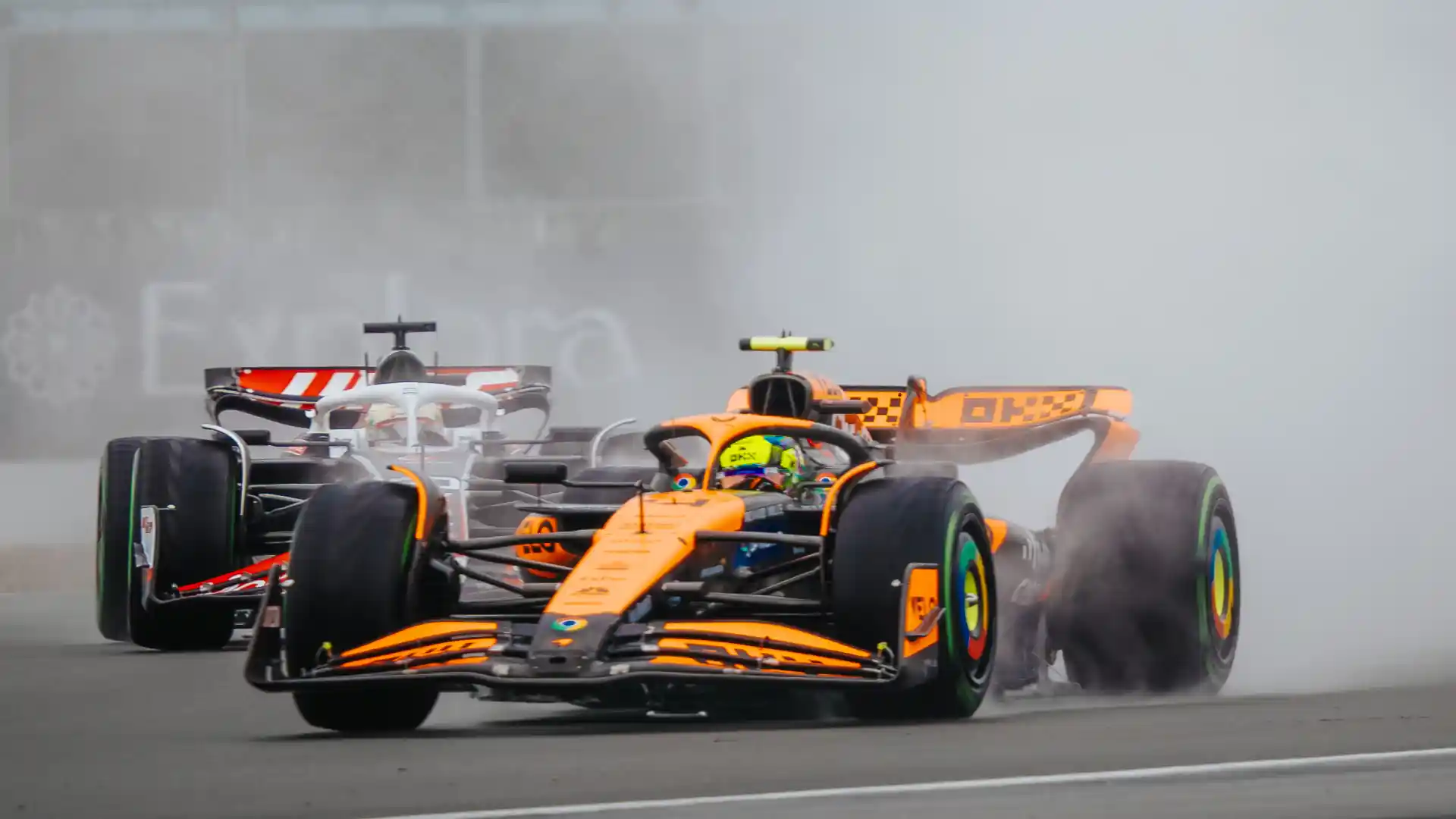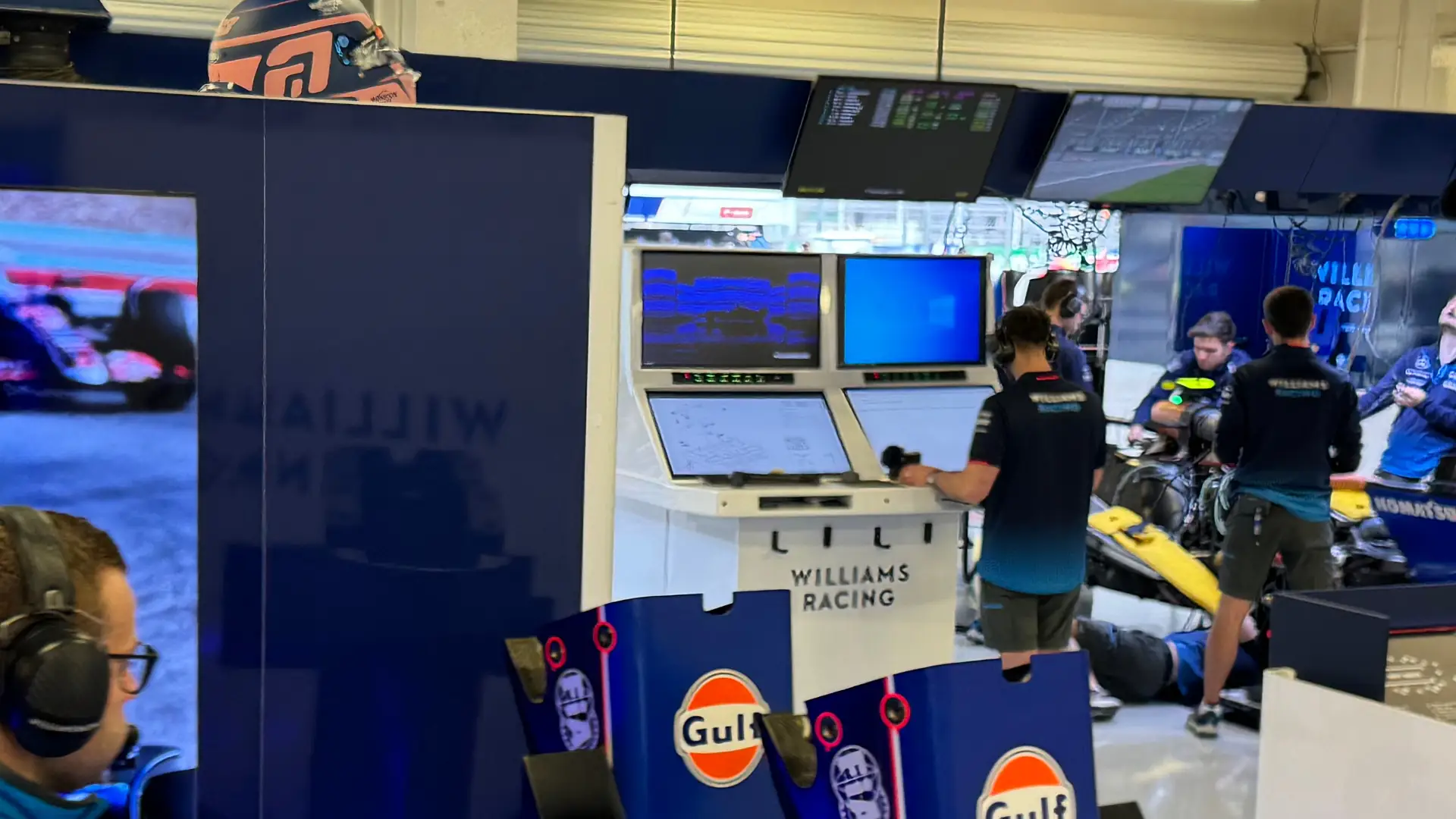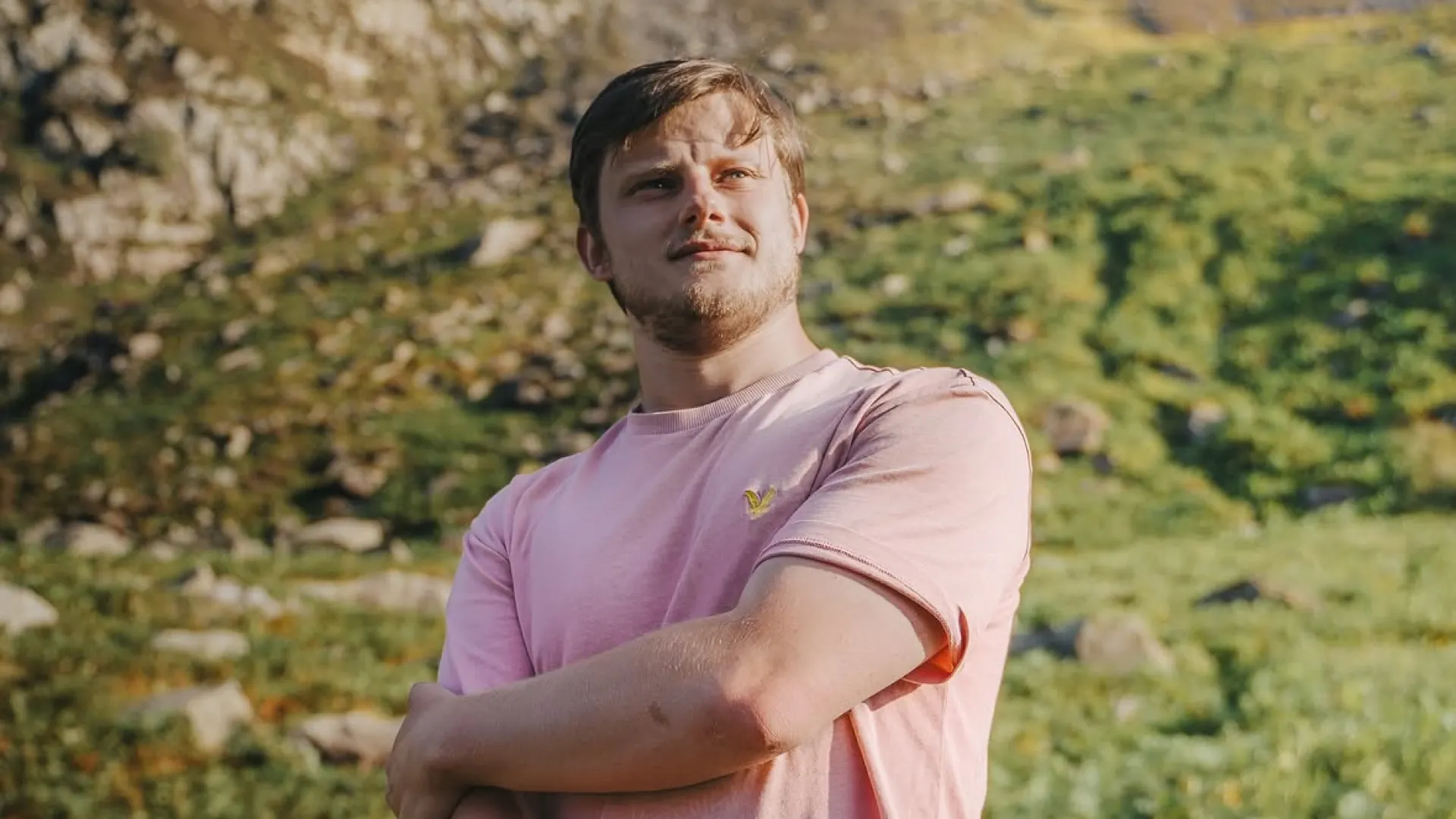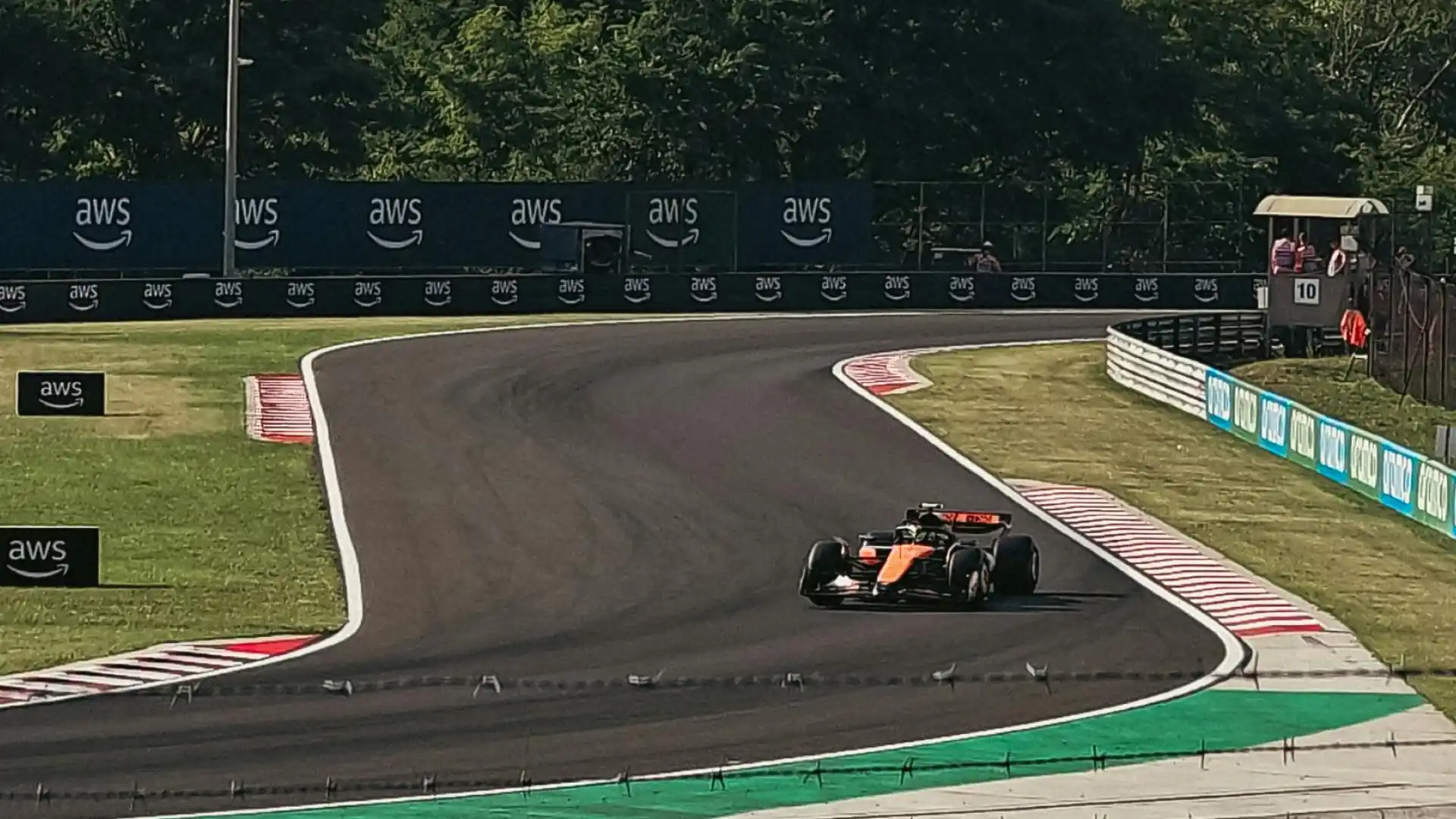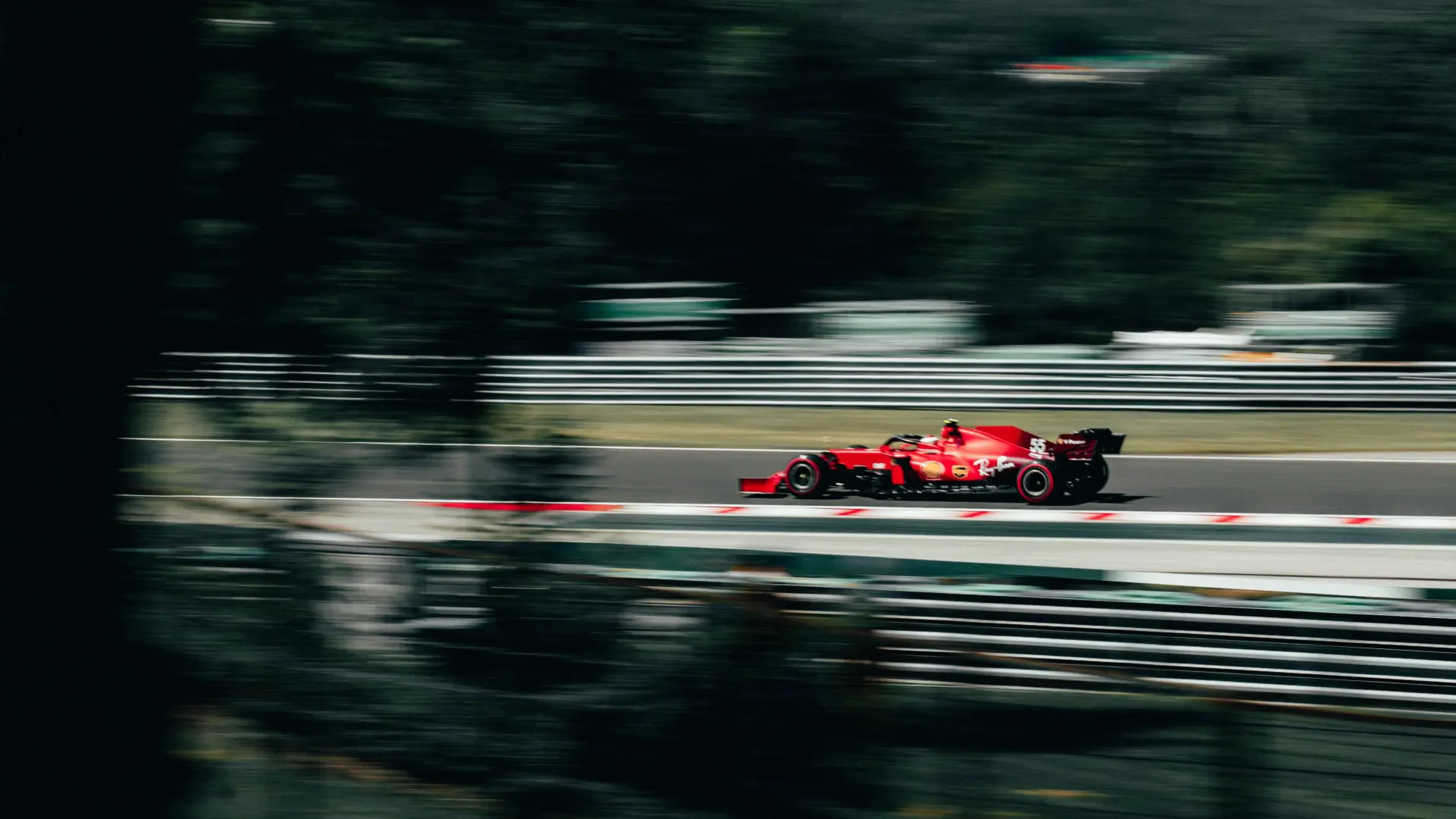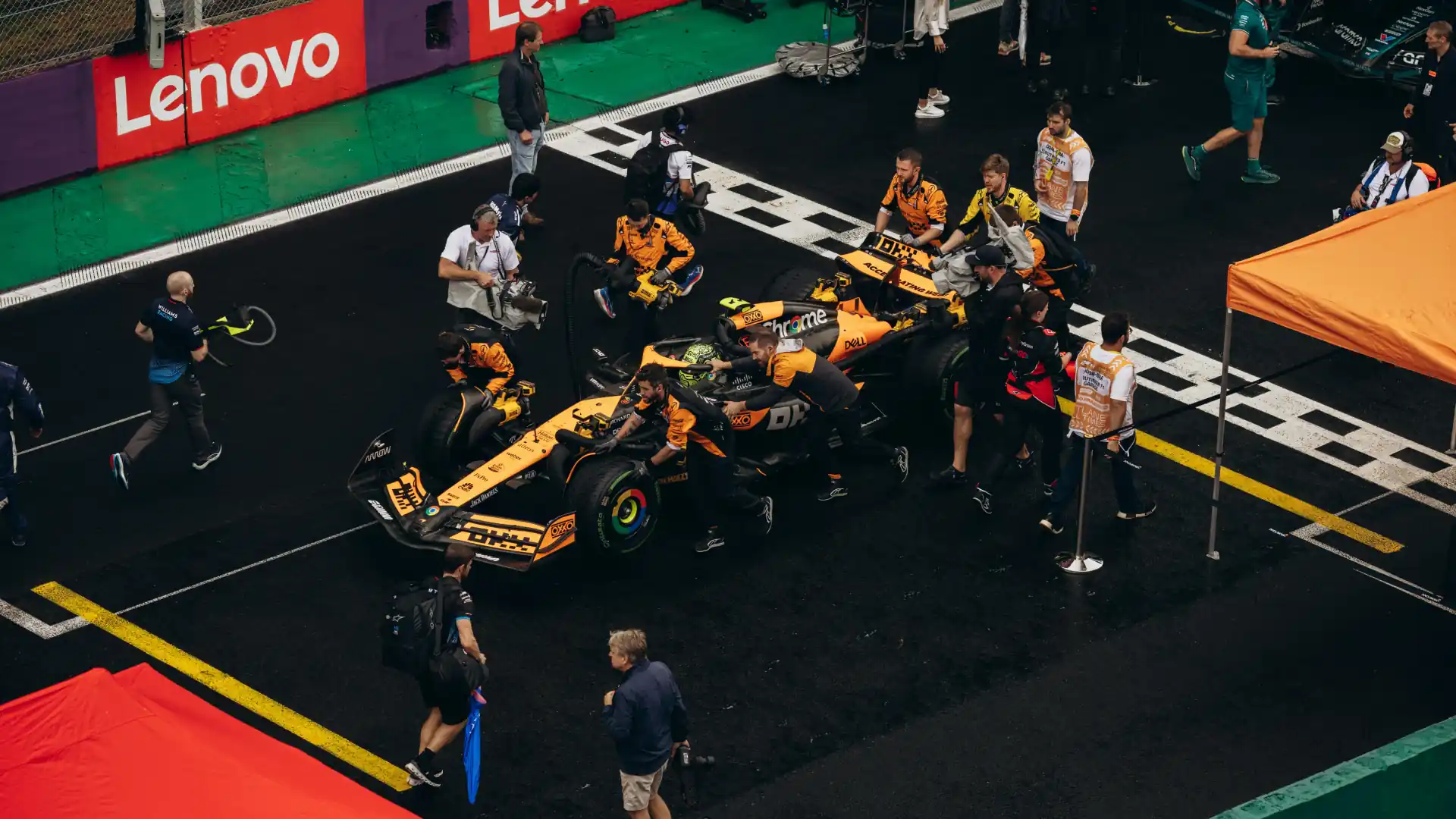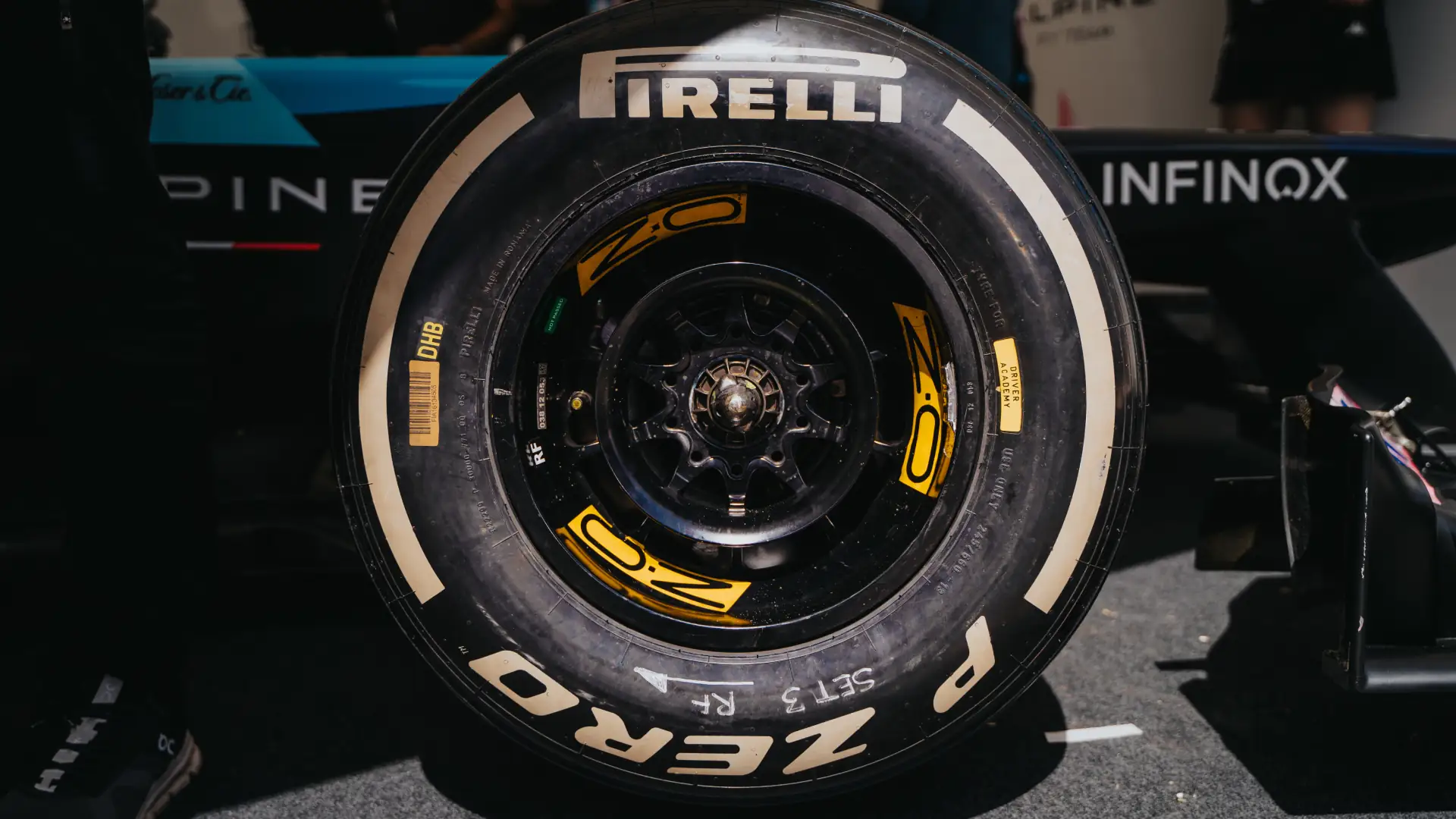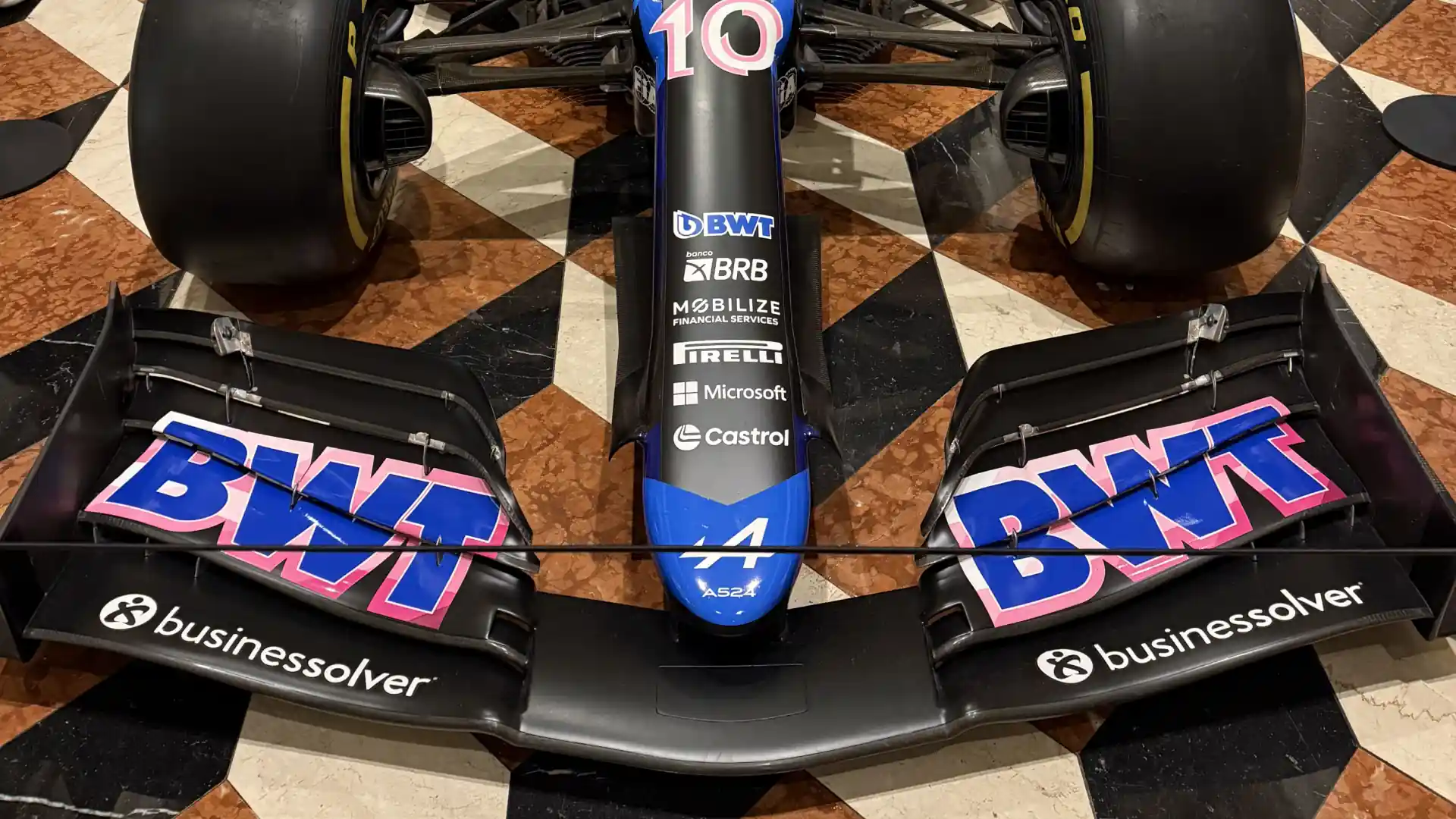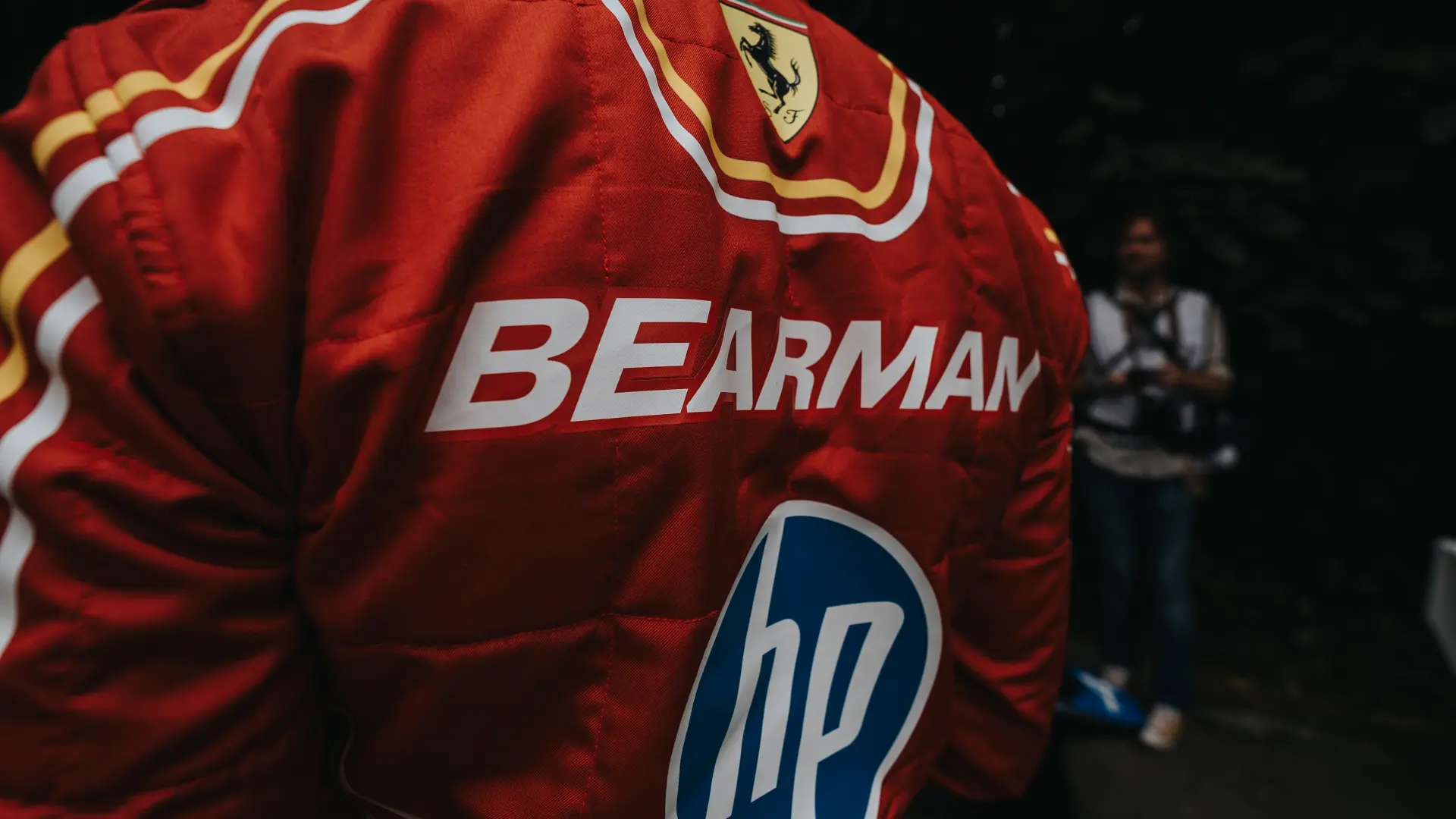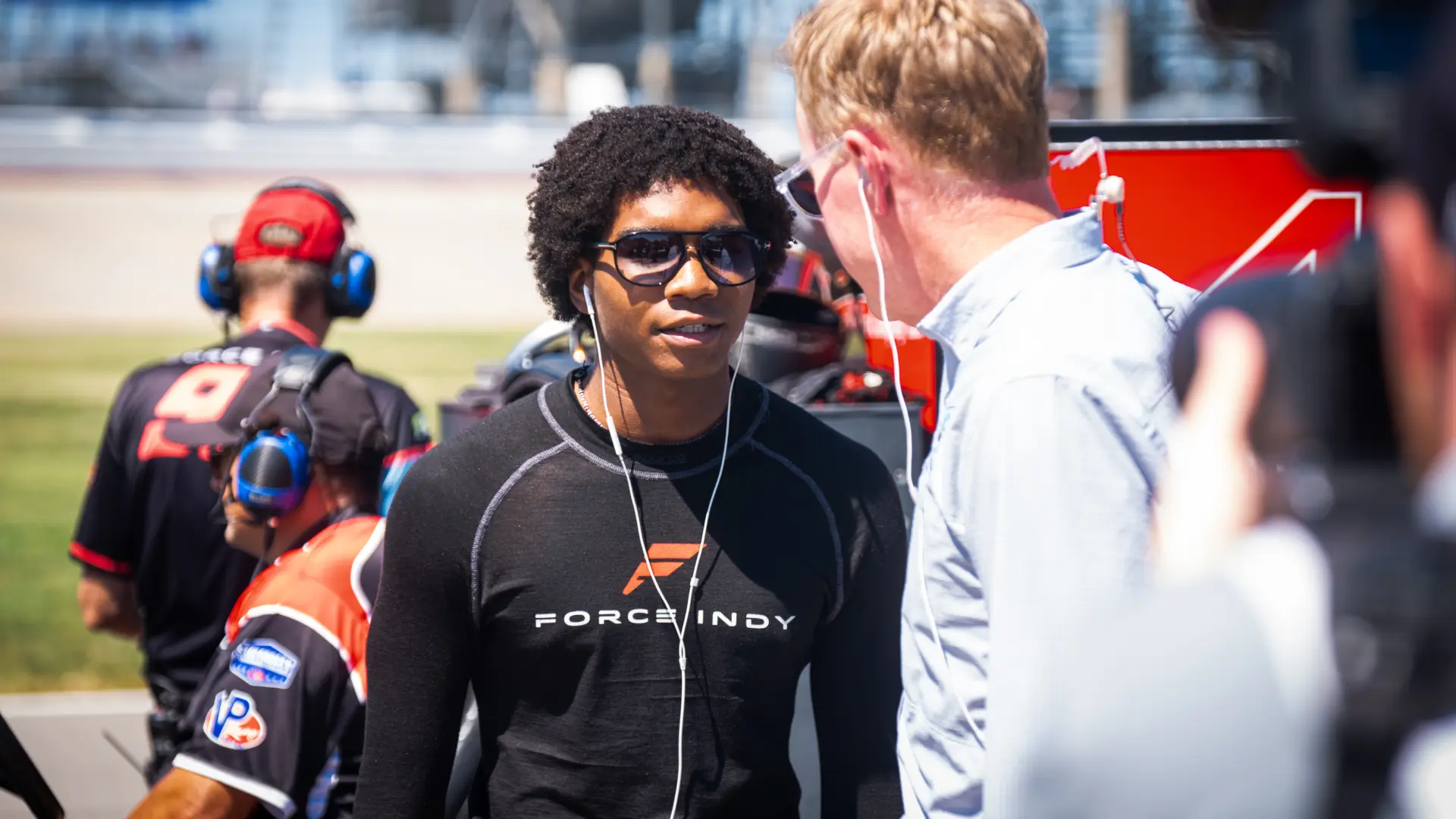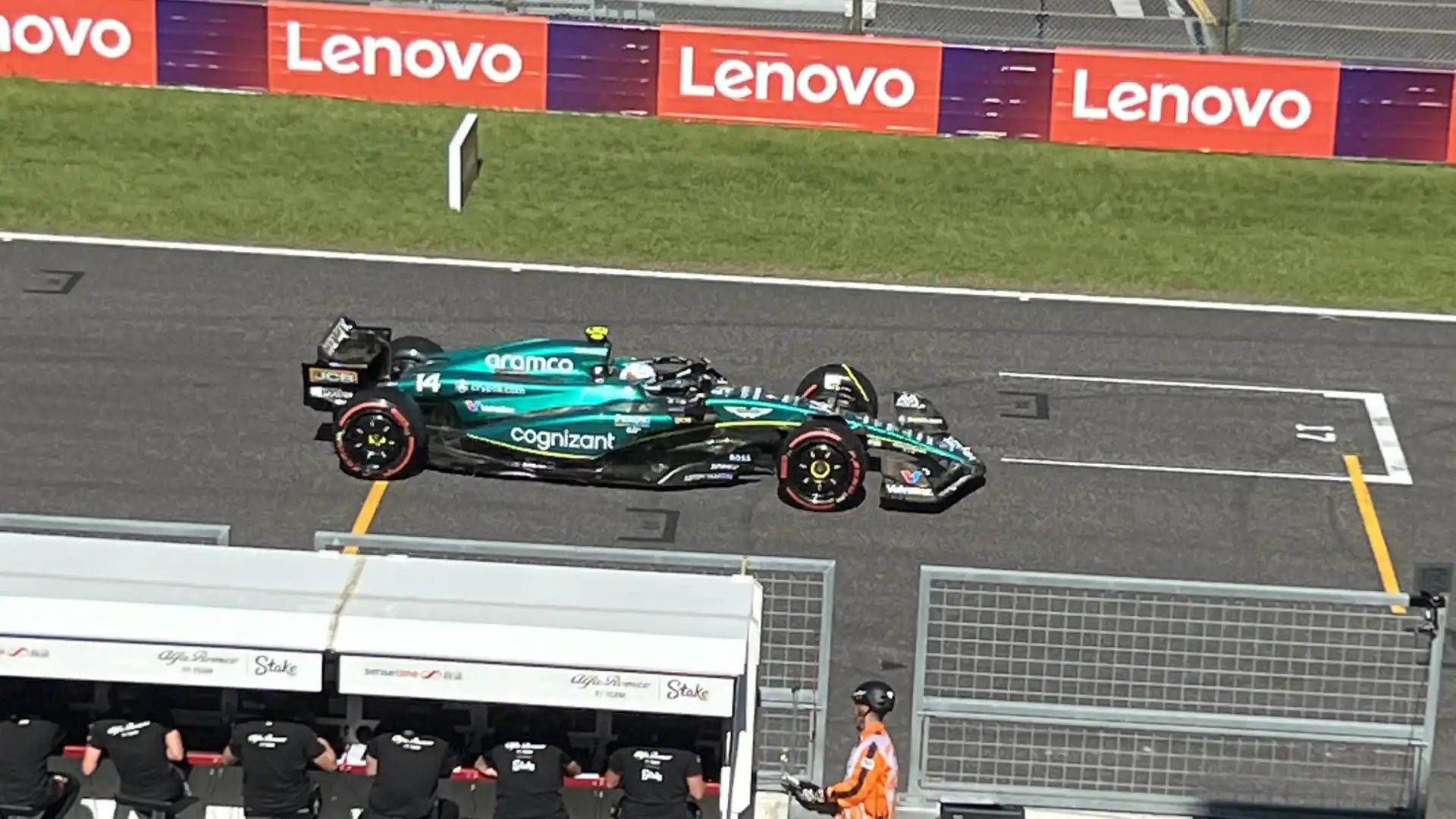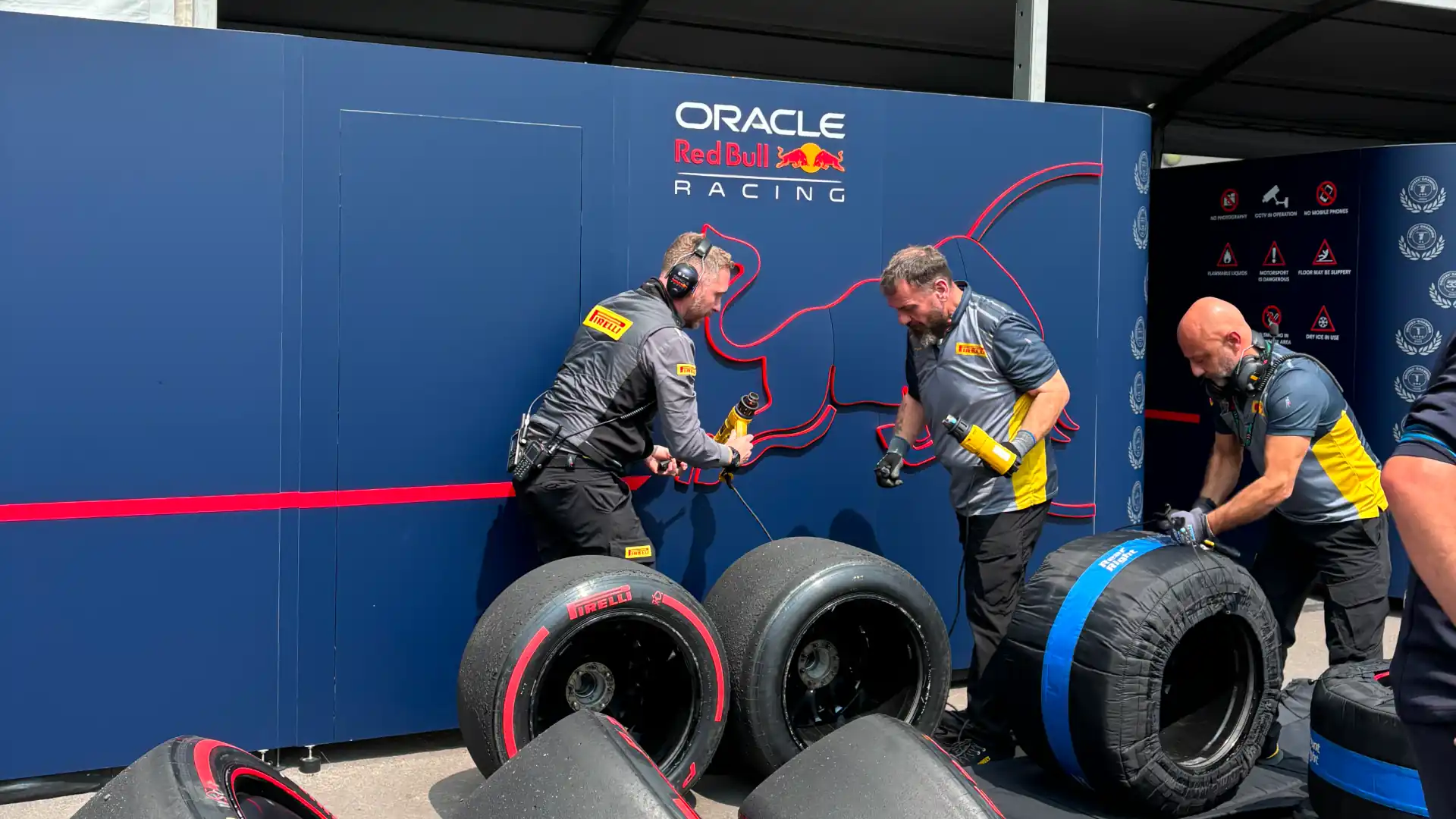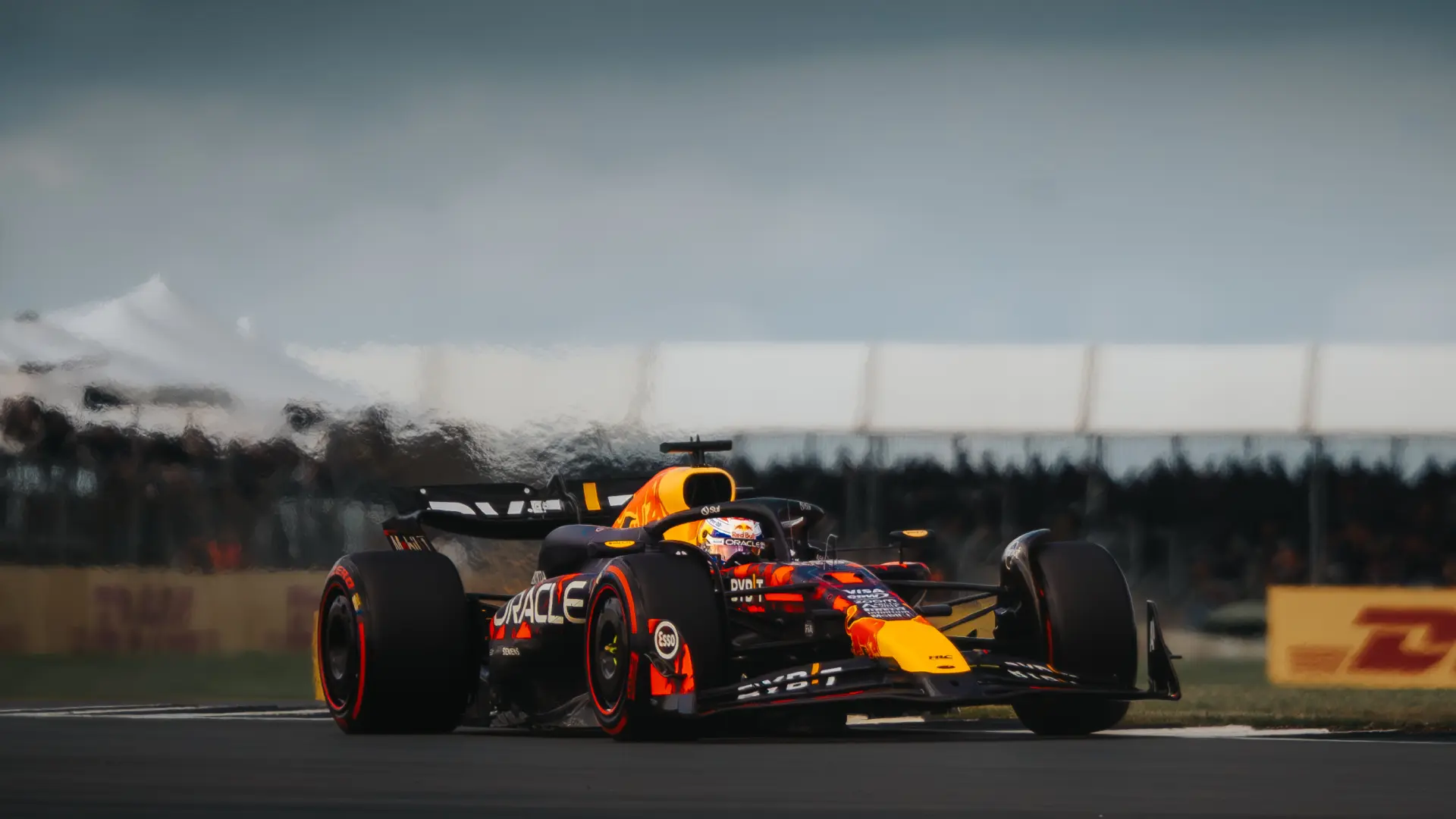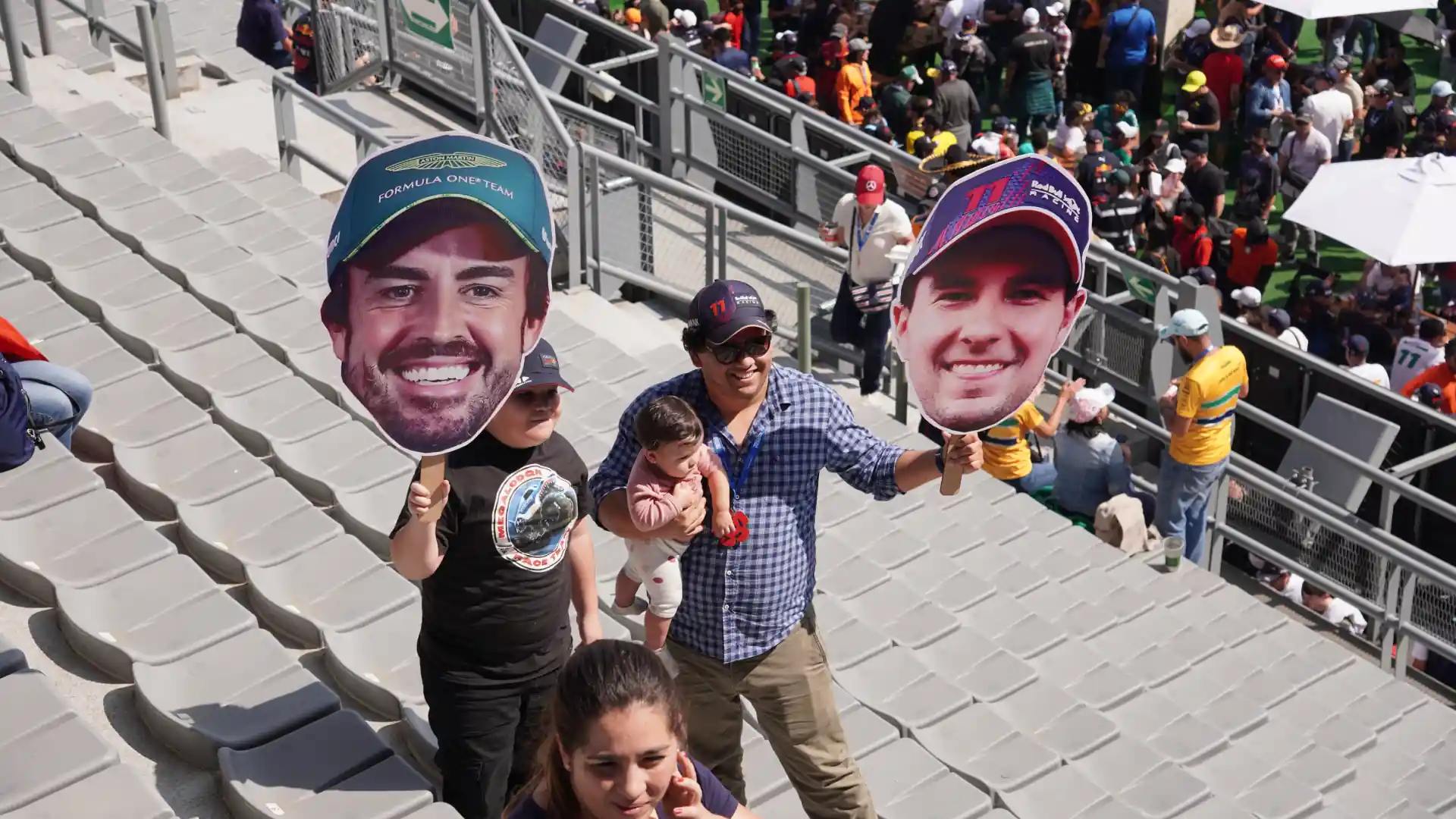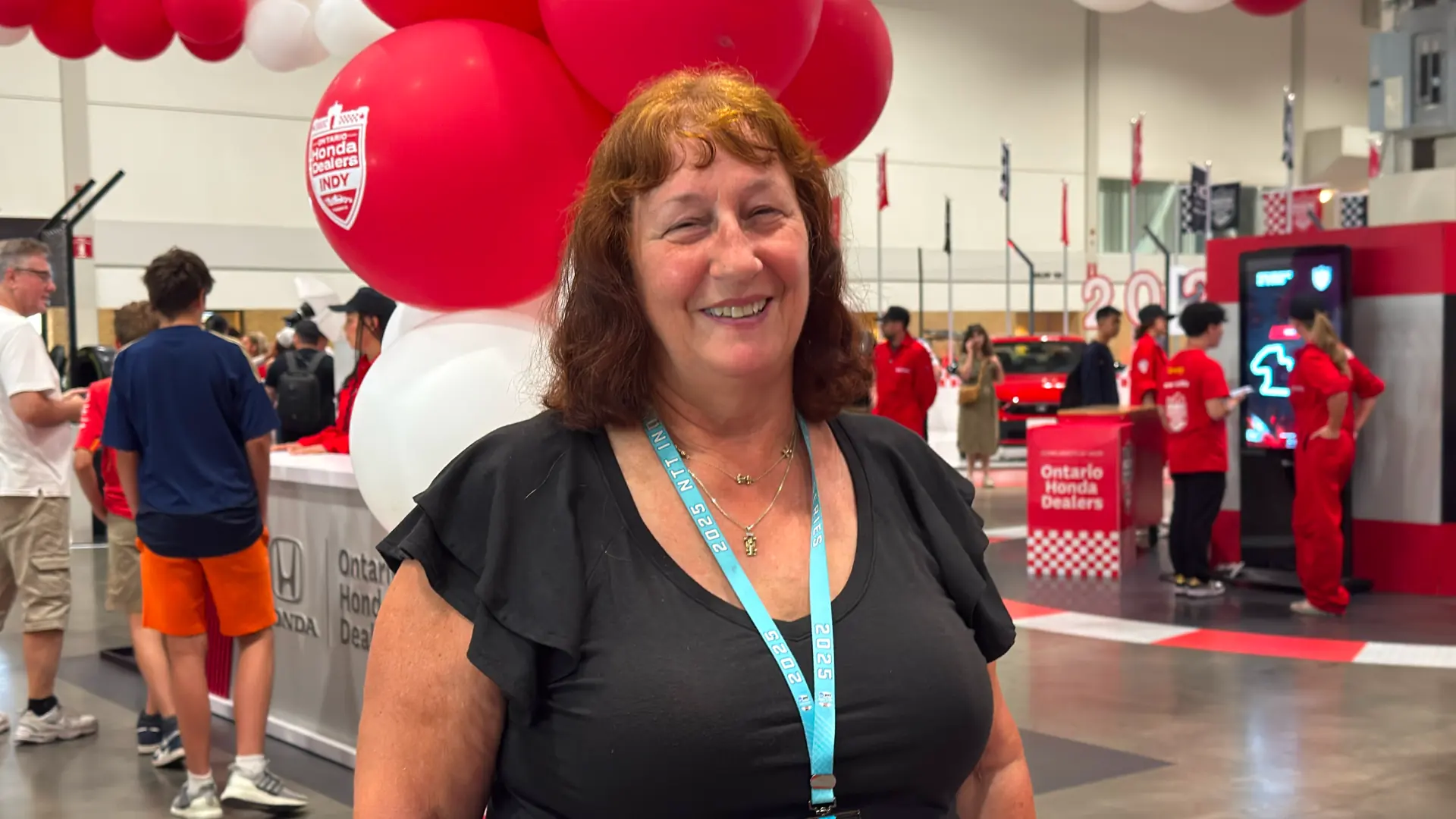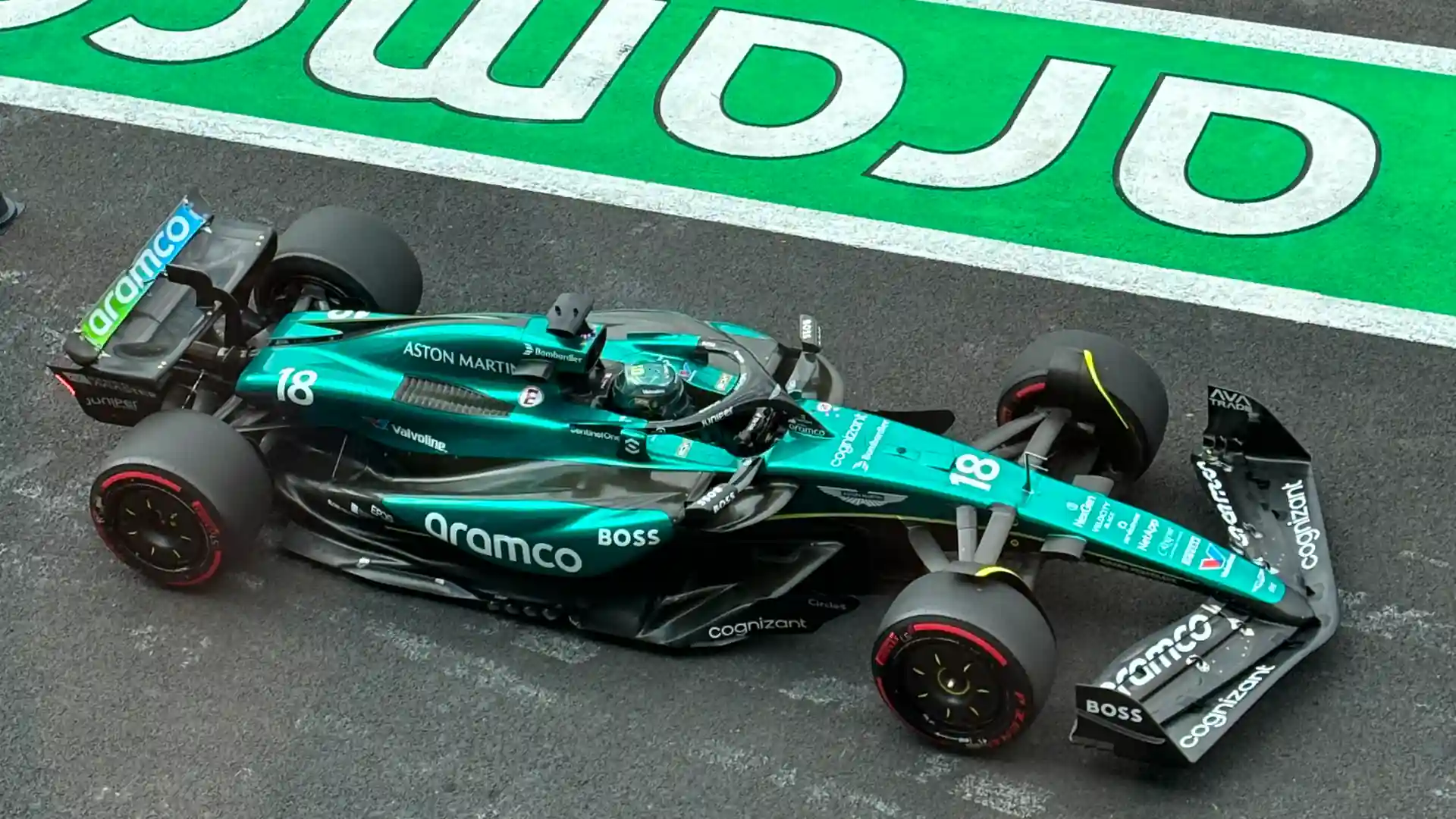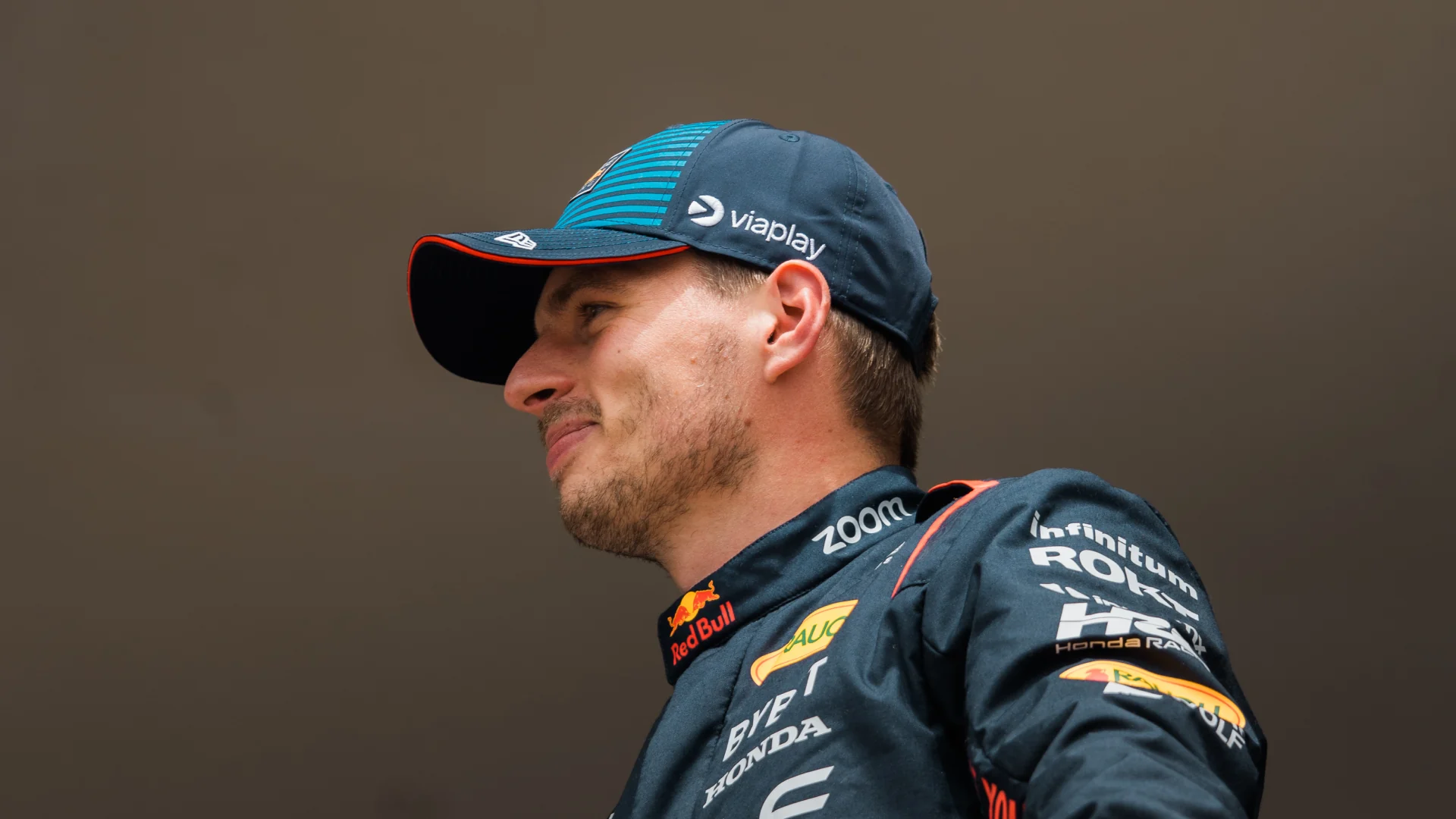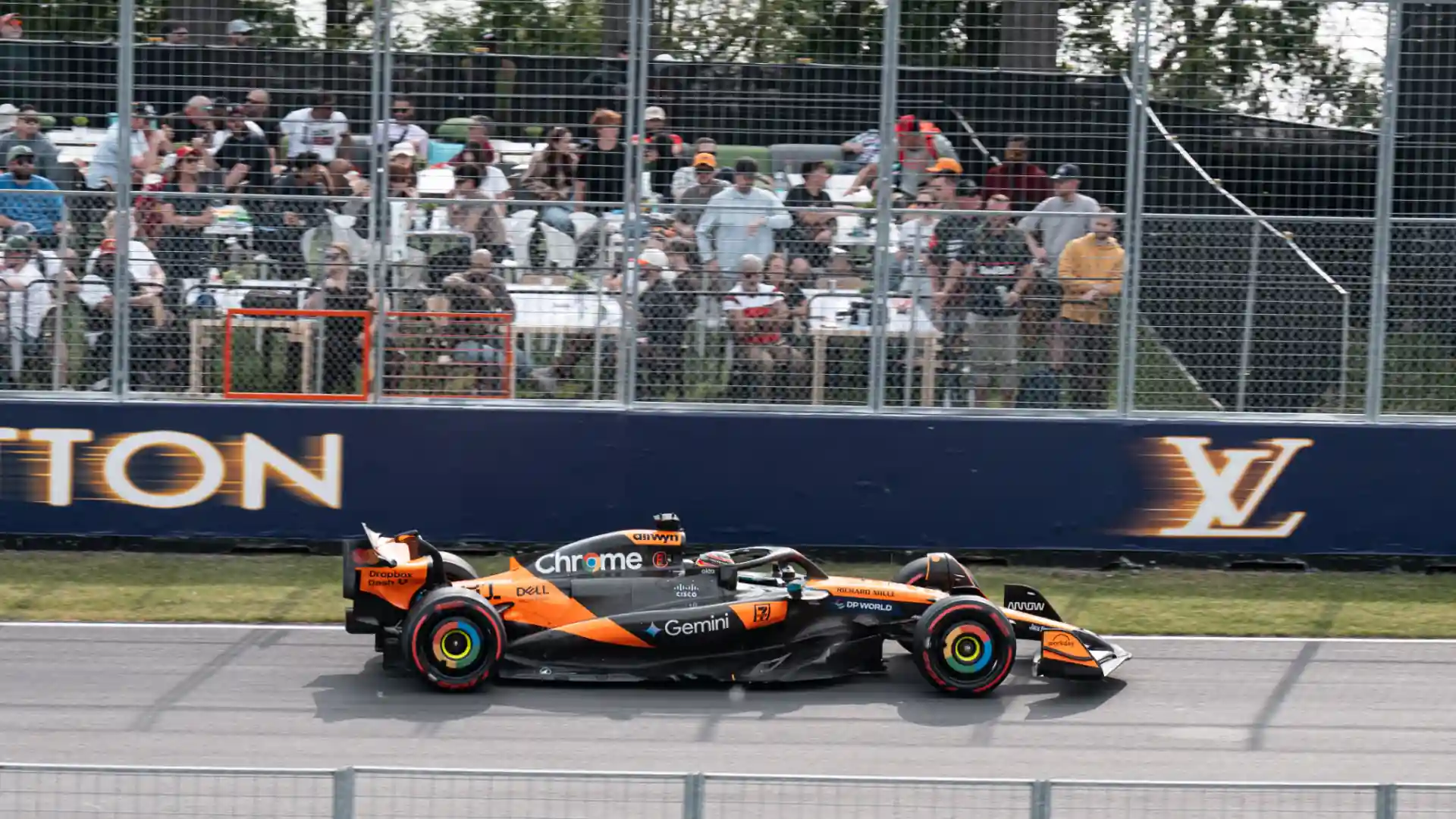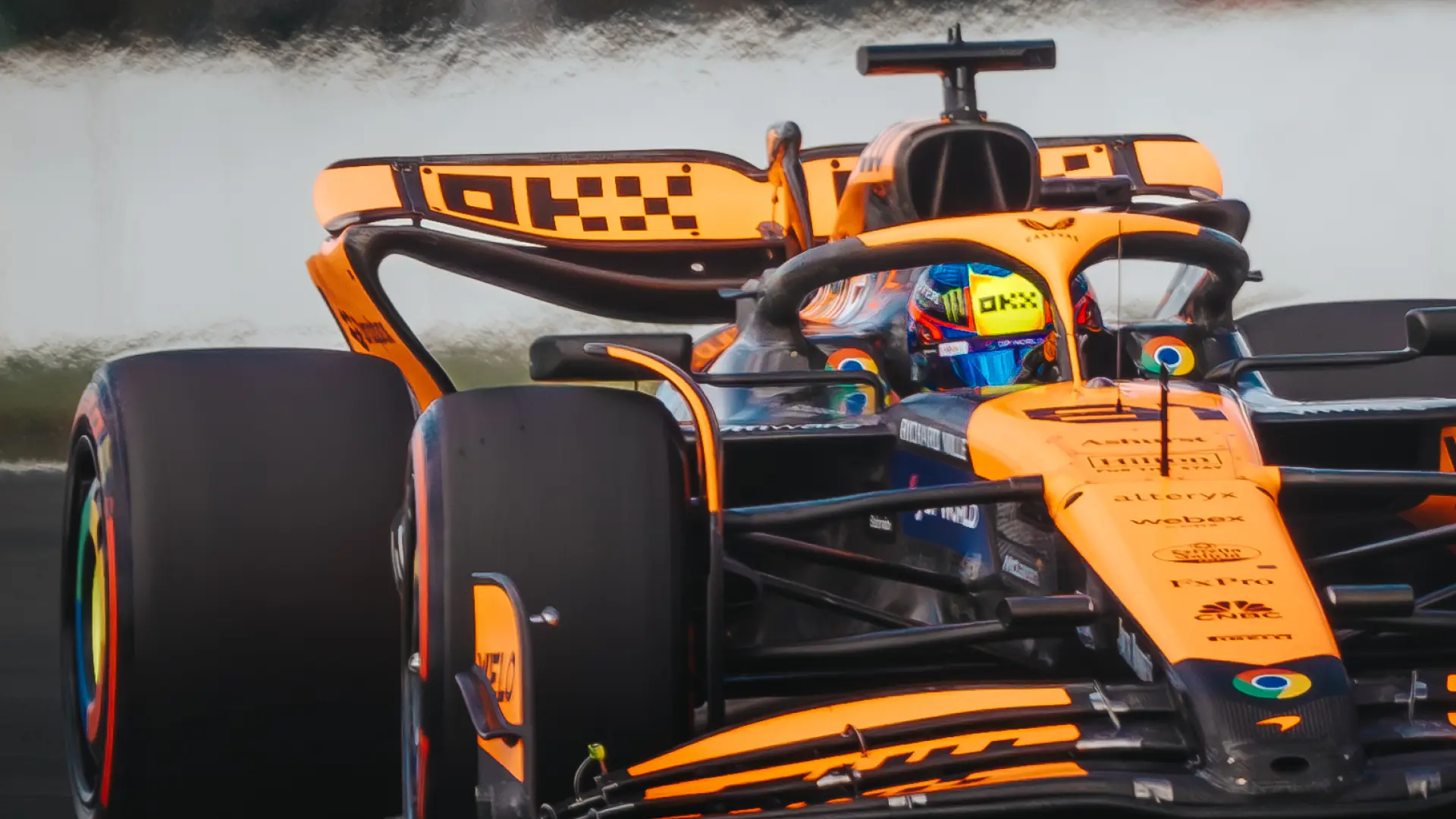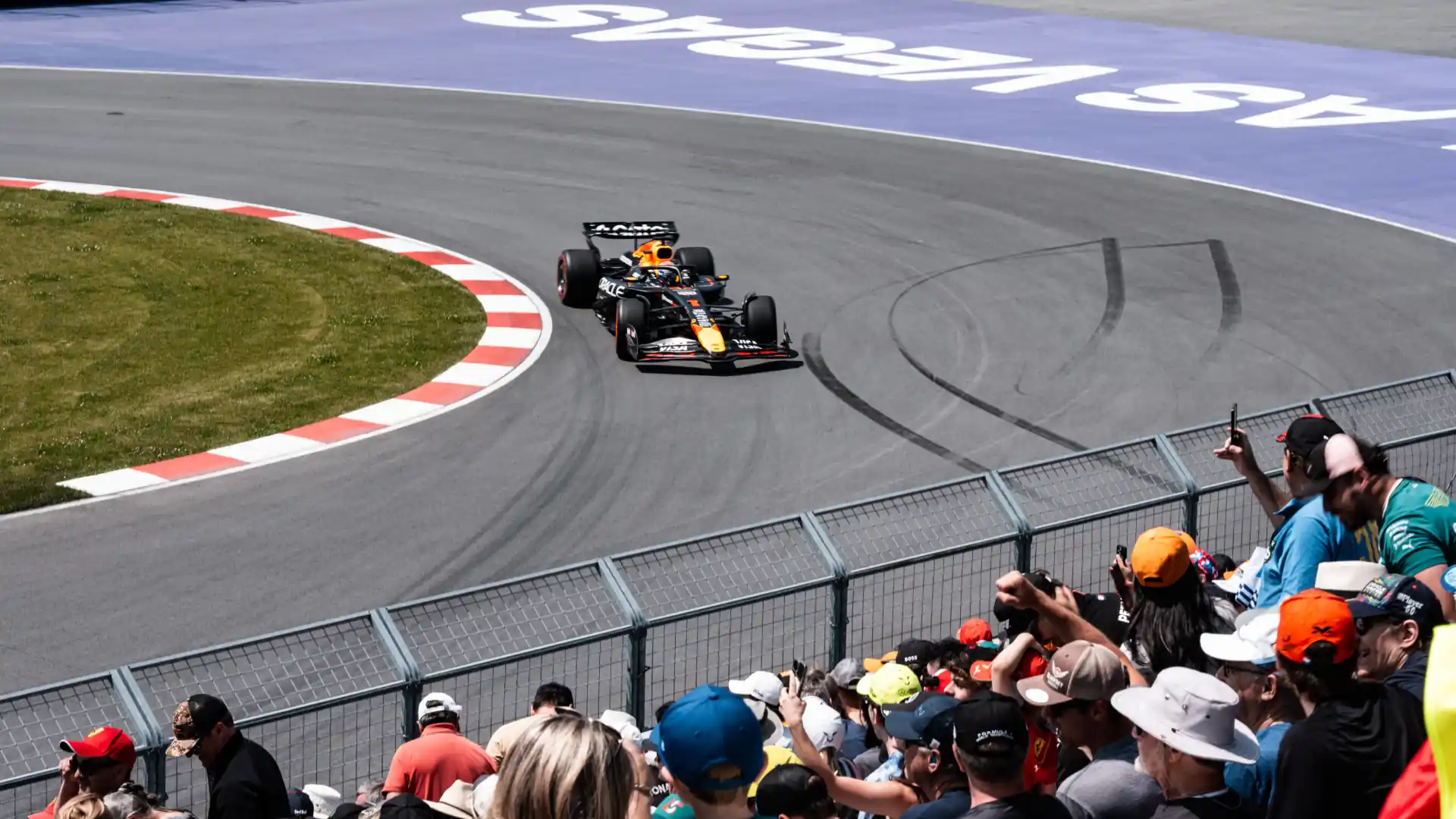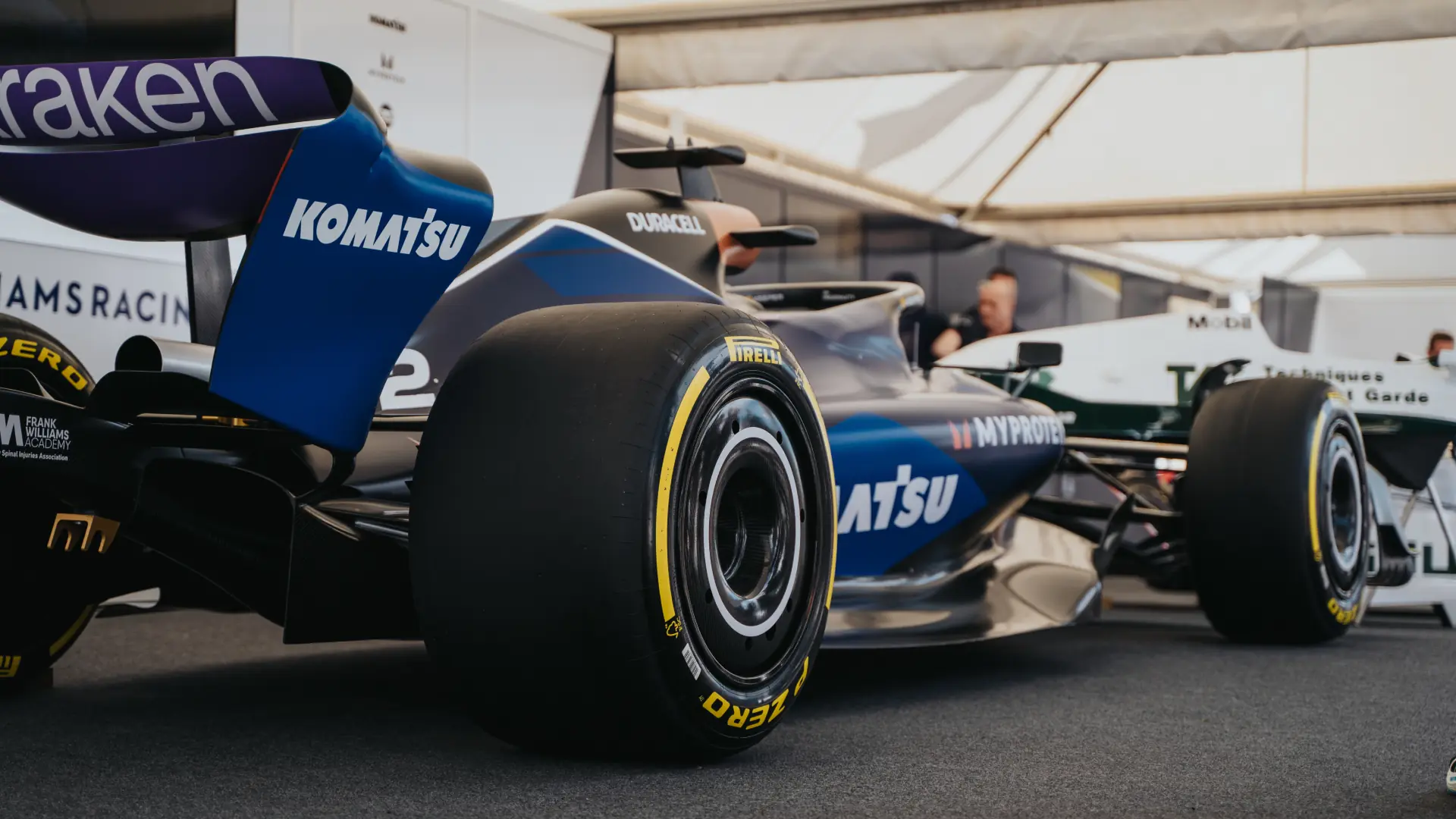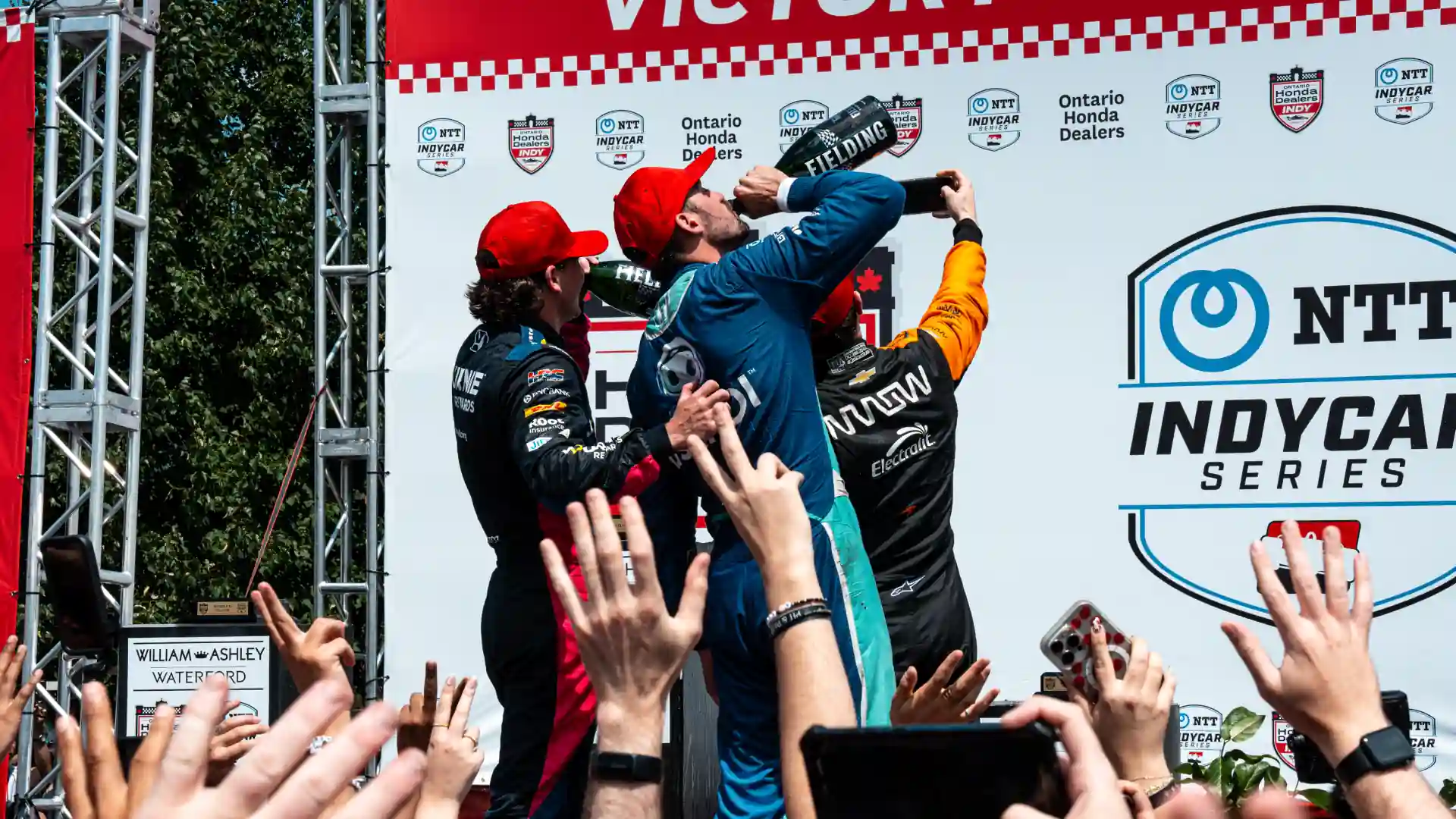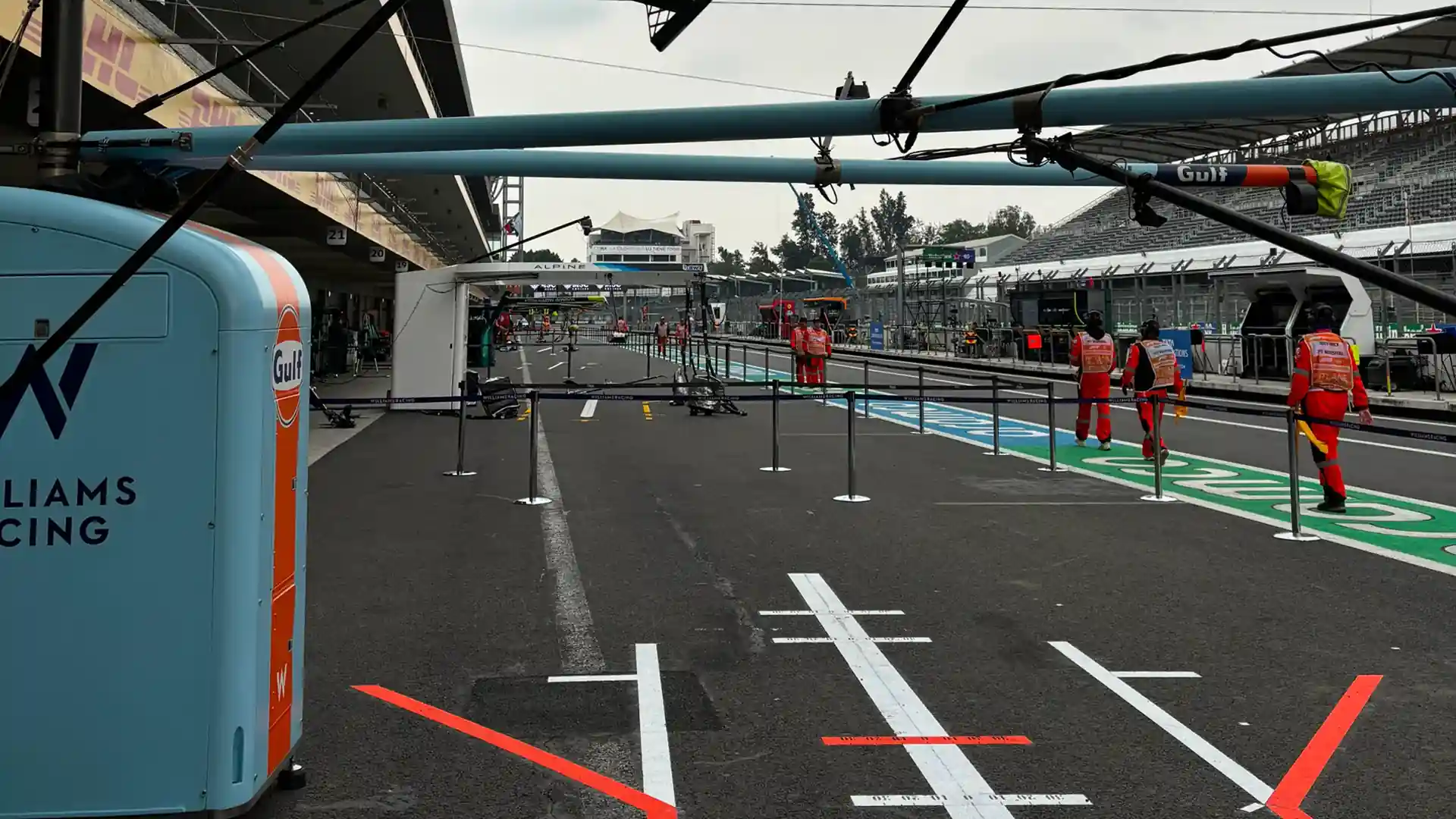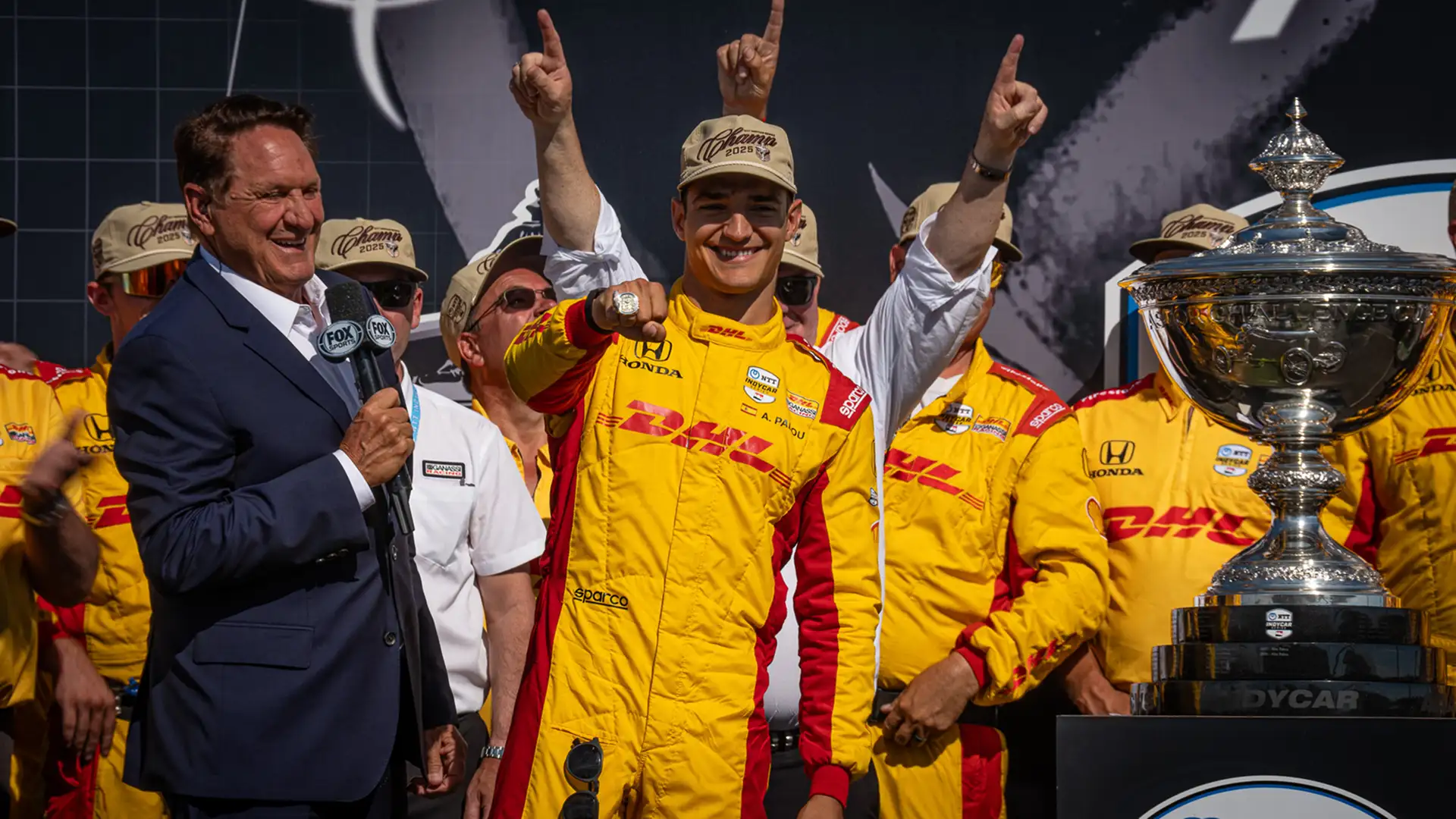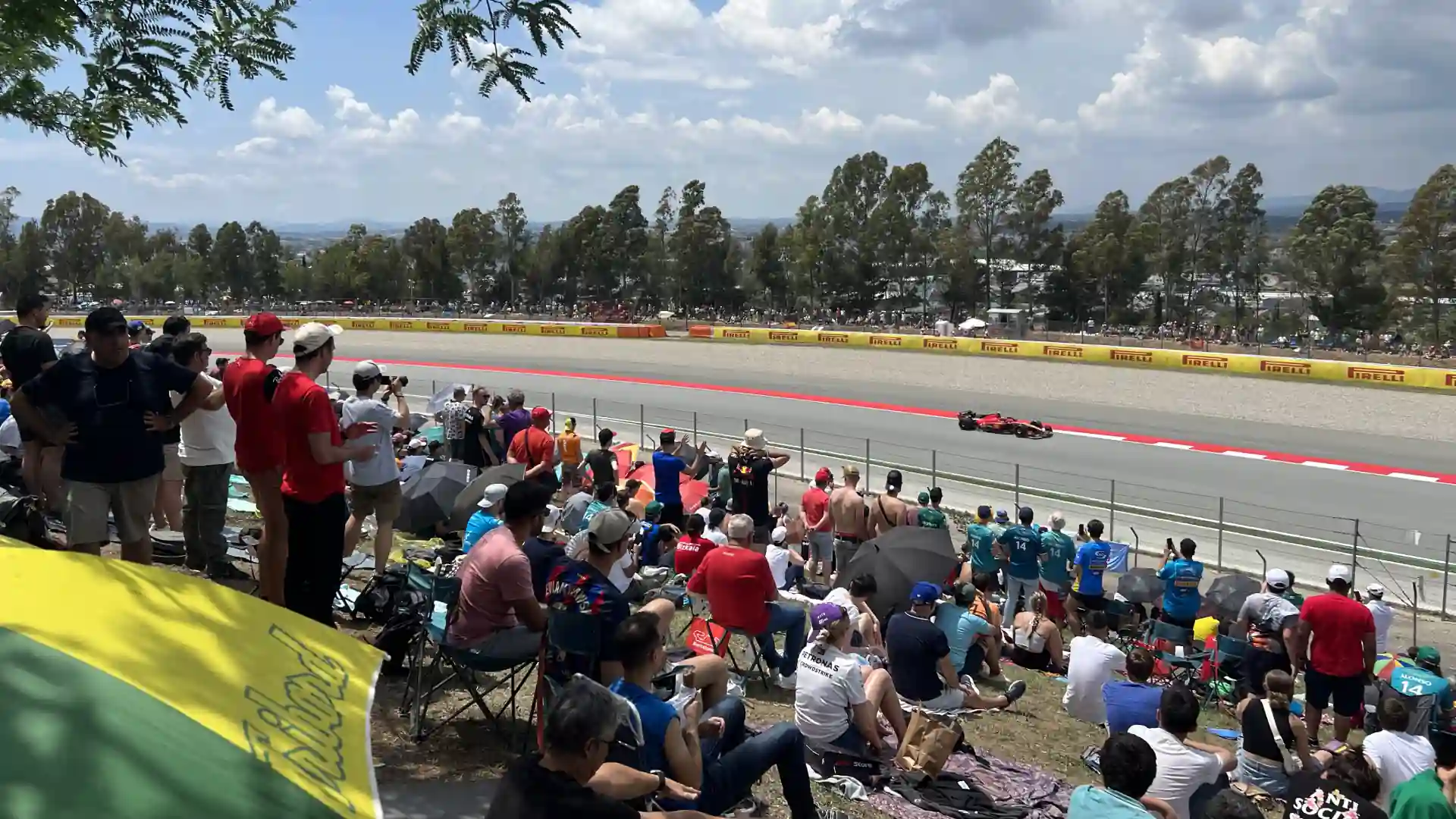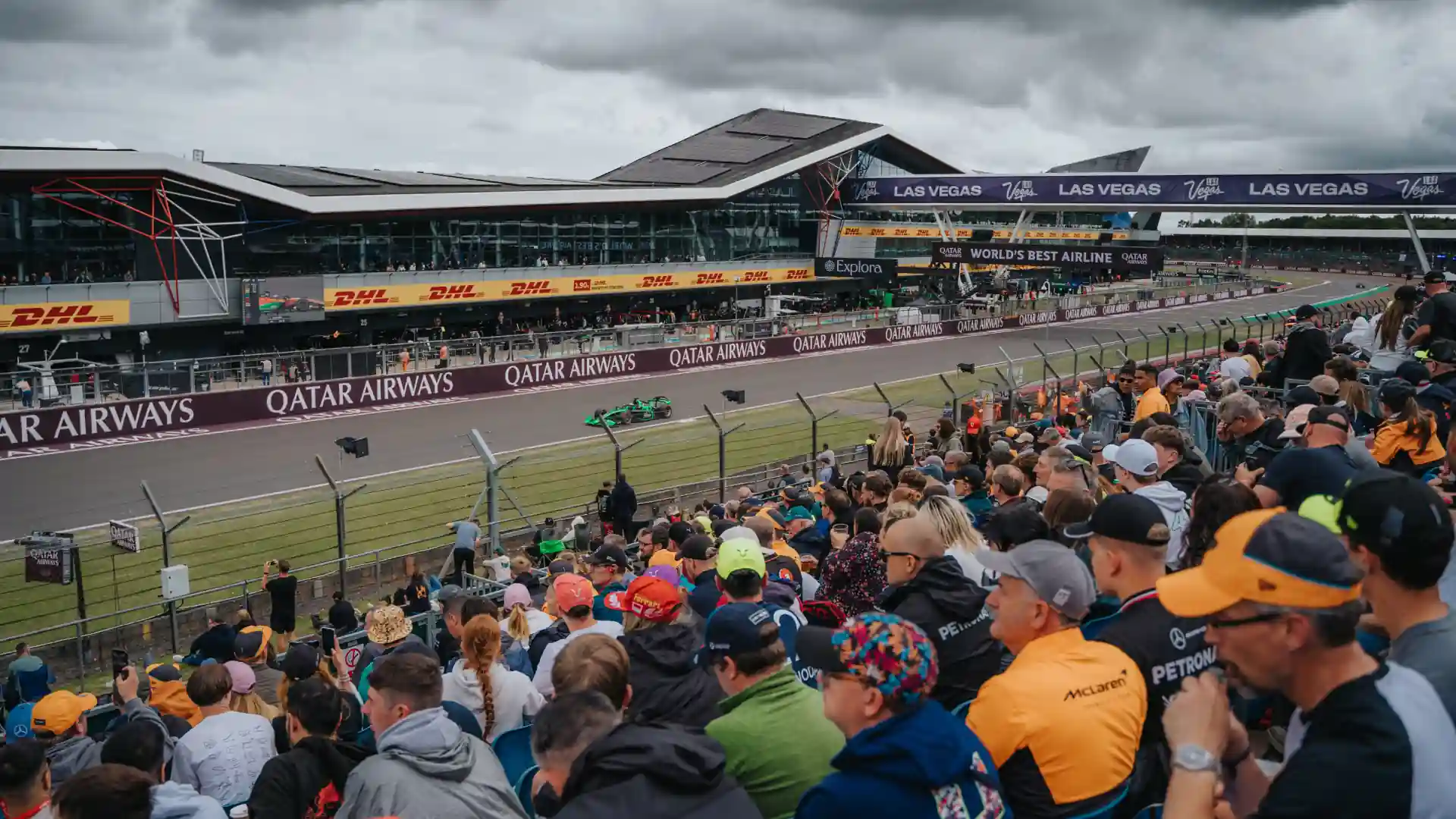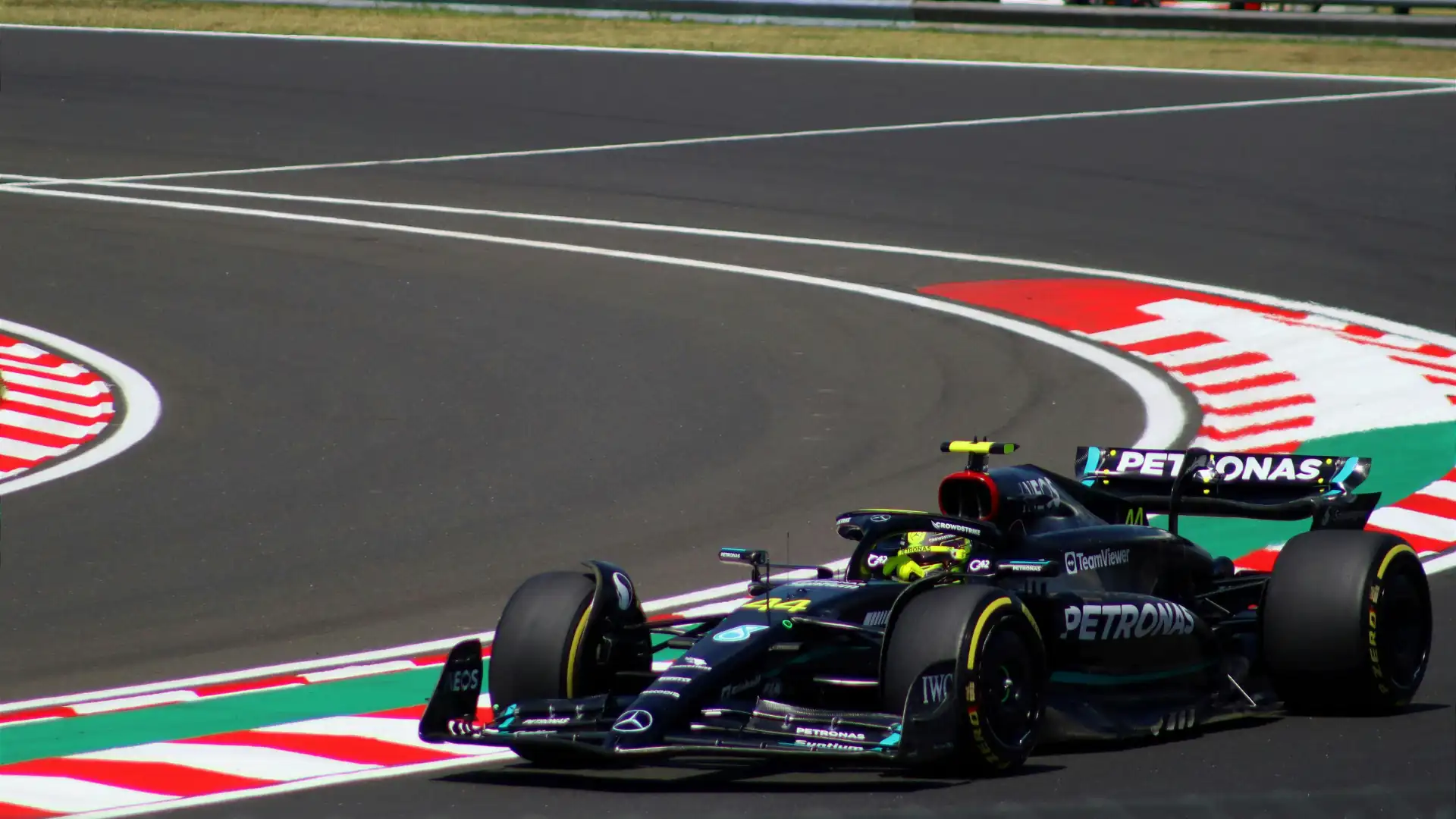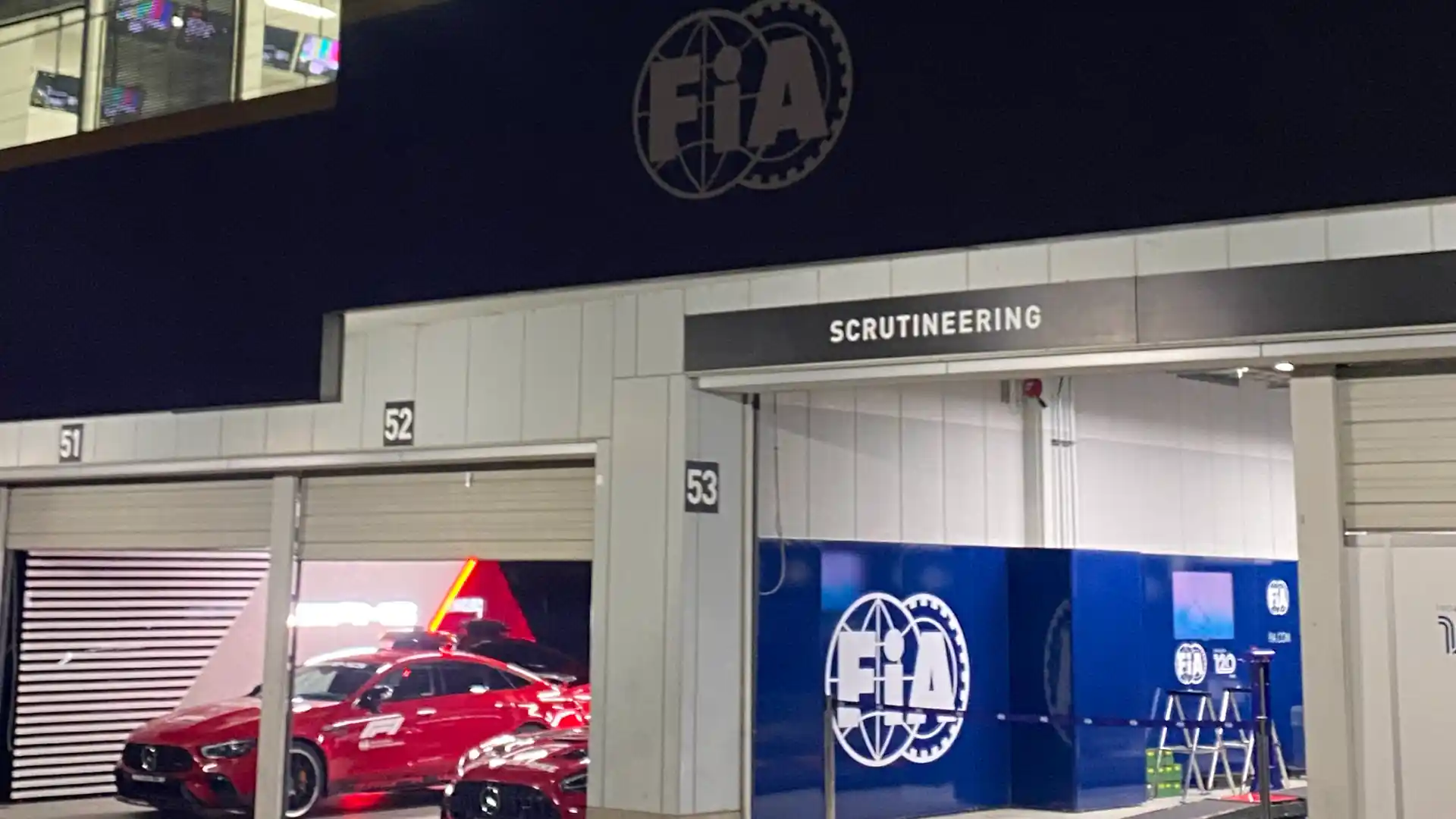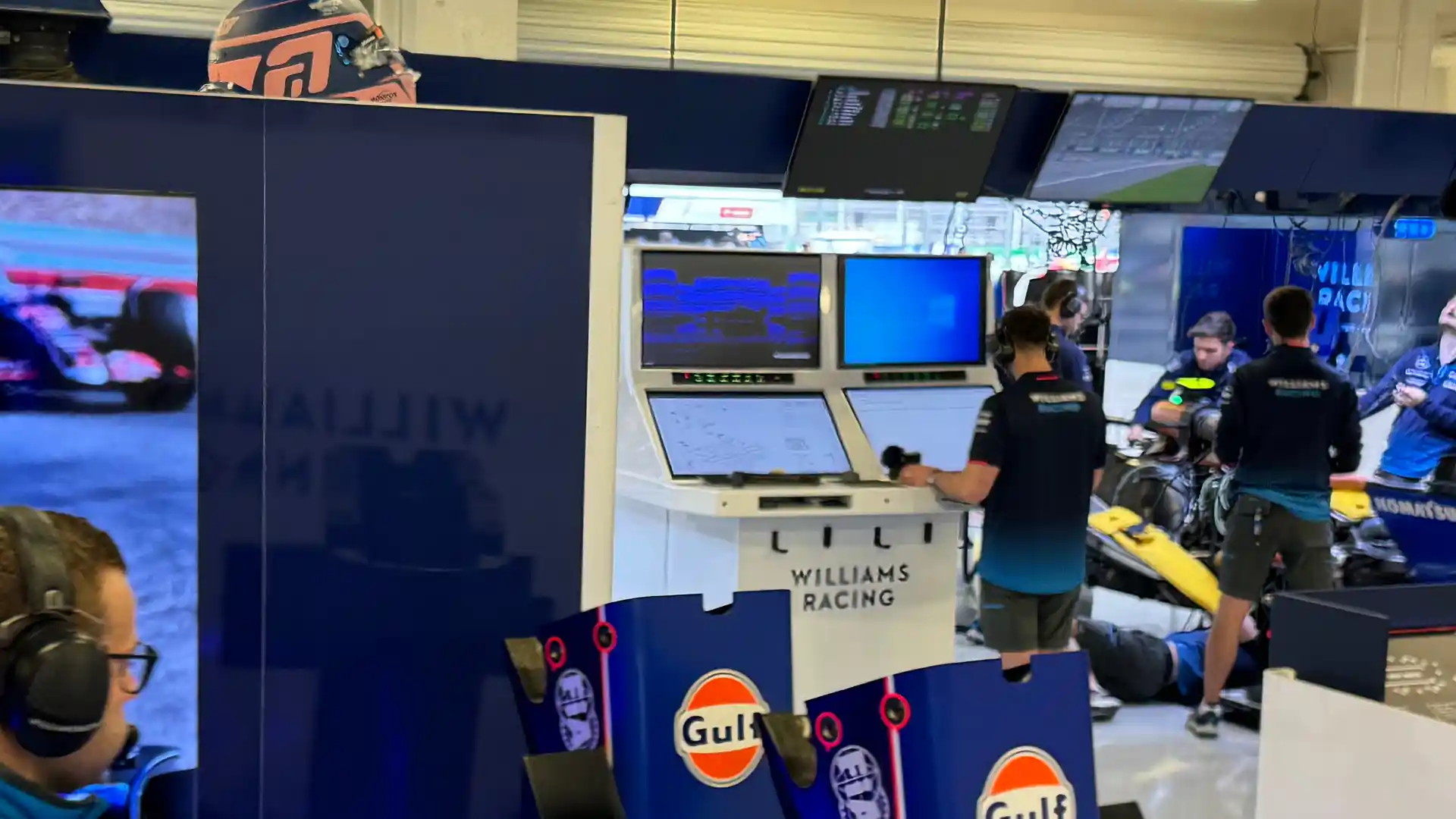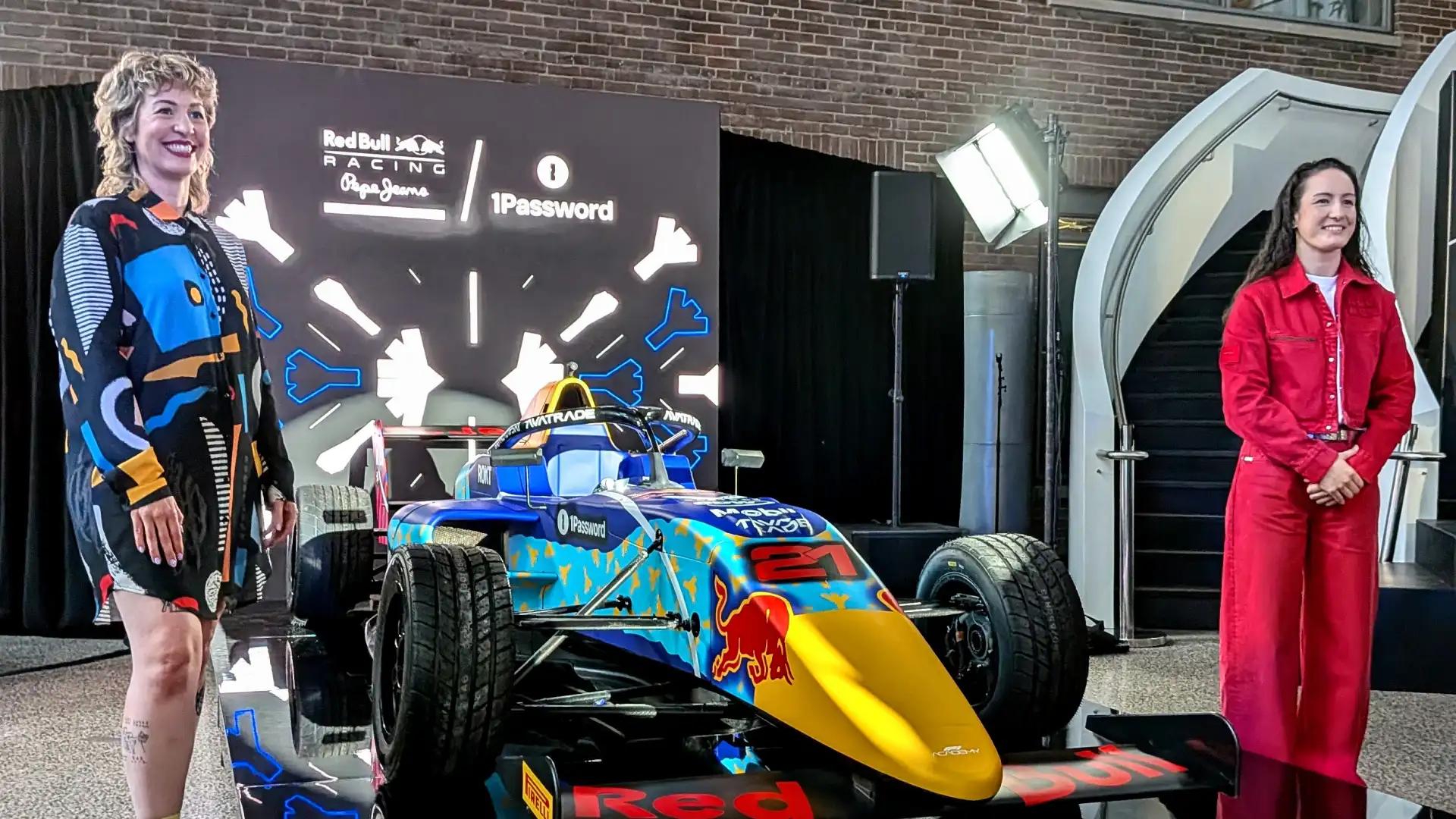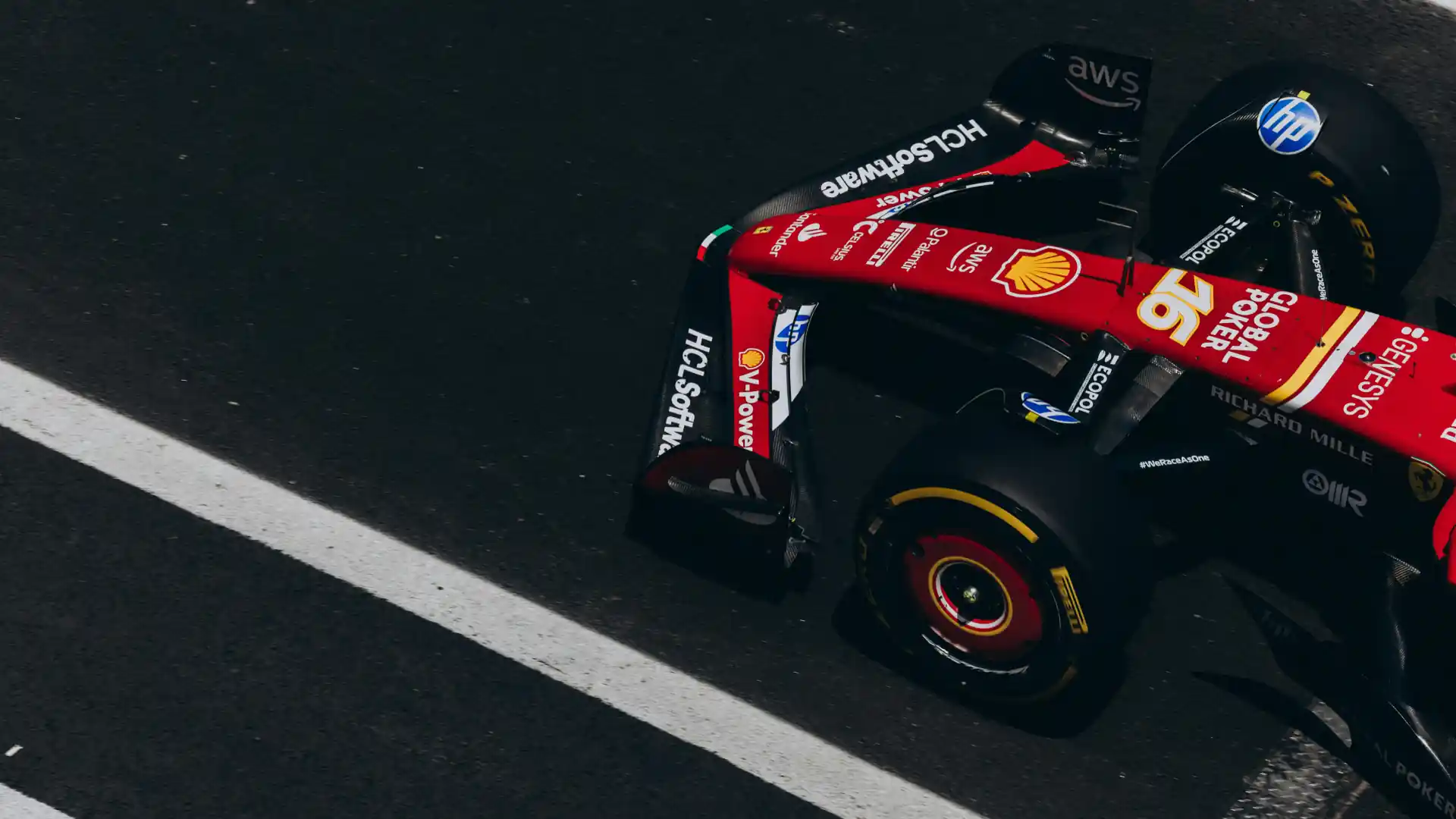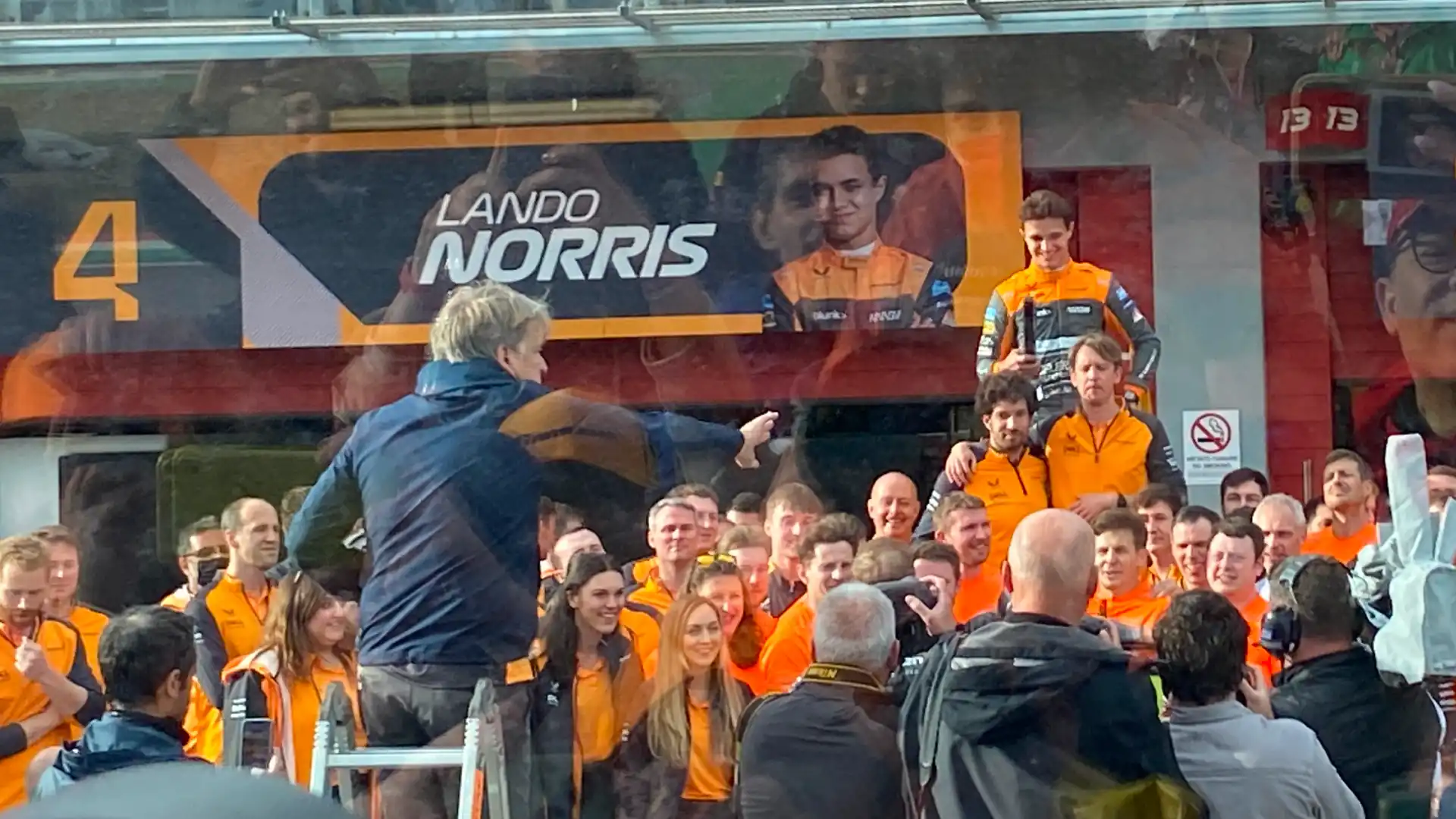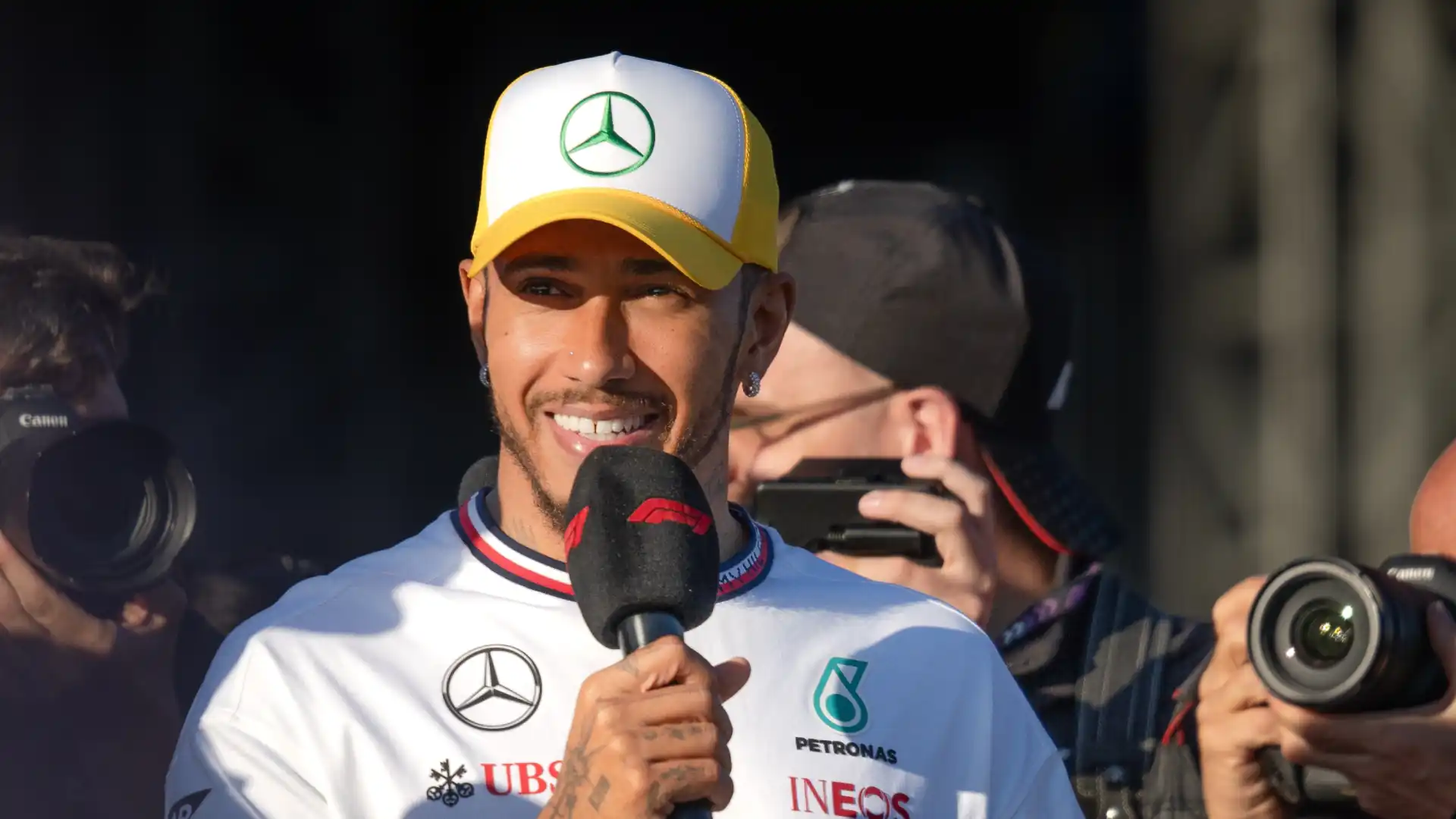Conor Daly tells us what's it truly like to be an IndyCar driver balancing intense competition, a lifelong health condition, and a popular podcast
Conor has had an incredible journey through motorsport: from rubbing shoulders with other talented drivers like Carlos Sainz and Pierre Gasly as he battled through junior formulas, to chasing the Formula 1 dream as a reserve driver, to the highs and lows of his IndyCar career spanning 11 teams, all of which has led to his full-time seat with Juncos Hollinger Racing (JHR). He reflects on the influence of his racing father, Derek Daly, special moments at iconic tracks, and the elusive Indy 500 win.
Discover Conor's experience living and competing with Type 1 diabetes (T1D): getting diagnosed as a kid, the daily management required to race at over 200mph, the mental challenges, and why being a representative for the diabetes community is so important.
Plus, dive into the world of the Speed Street podcast! Conor reveals why he started the show, his partnership with Dale Earnhardt Jr.'s Dirty Mo Media, his mission to grow IndyCar's fanbase through honest conversation, and some of his favorite guests.
Ultimately, Conor Daly aims to be a positive force for IndyCar. See for yourself why his unique blend of fun-loving energy and say-what-he-thinks attitude have earned him the right to represent the sport he loves so much.
Our team constantly travels to races and motorsports events, and every time we return with incredible stories of people - drivers, mechanics, marshals, and so many more - all achieving amazing things. These accomplishments so often go unsung, and so we decided to document and spotlight them. In a world obsessed with technology and fame, our mission is to refocus the narrative on stories about the human spirit and ingenuity. These raw emotions and insights fuel not just the racing but the day-to-day lives of those watching.
We believe these incredible stories will empower and energize you. Enjoy!
- Greg
Introduction [0:00]
Conor: To be the best racing driver, I also have to be really good at being a Type 1 diabetic. It's hard, but you have to do it. Indy NXT, Indy Pro 2000. It was the route that was where Josef Newgarden and I started battling it out with each other. We all tried to go to Formula 1. I was a Formula 1 reserve driver before it was cool to be a reserve driver.
There were no cool suits and helmets and stuff like that.
Who is Conor Daly? [0:37]
Greg: Welcome back to another episode of FanAmp Insider. I'm Greg.
Josh: I'm Josh.
Greg: We're in Long Beach and we are with Conor Daly.
Conor: Hello. Thanks. Glad to be here.
Greg: For the people who don't know you, which I do think would be a surprise for IndyCar fans, but maybe for the people who are new to IndyCar as a whole, who is Conor Daly?
Conor: No, it's a good question. Honestly, I think sometimes there are a lot of young fans that I find myself maybe involuntarily interacting with on the internet or voluntarily interacting with on the internet. There's a lot of young folks who might not be aware of a lot of the paths that some of us took to get this place now.
I started when I was 10 in go-karts, did the whole road to Indy, right? The Indy NXT, Indy Pro 2000. It was all called different things when I was growing up, but that was the route. That was where Josef Newgarden and I started battling it out with each other and everyone was on that same pathway.
We all tried to go to Formula 1 - at least most of us did at some point. My dad was a Formula 1 driver and an IndyCar driver as well. So I had him as an influence and my family in general. I was a Formula 1 reserve driver with Force India before it was cool to be a reserve driver.
We didn't have suits. We were hidden under the radar. I was at the factory every day doing simulator work. But it wasn't cool to have 48 reserve drivers yet with a bunch of cool suits and helmets and stuff like that.
Greg: You needed to bleach your hair blonde and get a mullet. Then you can be on the pit wall.
Conor: I was too early. I wasn't... I got the mullet too late. It was a really cool experience. We got to win some races in F3 and compete in F2 as well, obviously when it was GP3 and GP2. That was the era of, Carlos Sainz, Valterri Bottas... all of those guys coming through. Pierre Gasly, Daniil Kivyat. That was that was my era coming through.
So a lot of good drivers, learned a lot over there. I got to drive some Formula 1 cars, which is really cool, and then ended up back over here. So I love IndyCar. I've always loved IndyCar, but definitely wanted to give that route a shot and happy that I ended up back here.
Obviously my IndyCar career has been a bit of a rollercoaster, I would say involuntarily as well. I've enjoyed some success, have some trophies at the house from IndyCar races, which is cool, and I want to keep that going as well.
Being raised by Derek Daly, former F1 and Champ Car driver [2:40]
Greg: What was it like growing up in that household, having a dad who had done racing and had success in his career and then you're up to pick your path in life?
Conor: Honestly, it was interesting because he retired when I was born, so I only ever heard stories of my dad racing. I didn't actually get to see him do anything except for when he started doing stuff with Jordan Formula 1 cars. By then I was like - I was a real human at that point.
I was 10/11 or so, and I went over to the Jordan factory, got on the simulator, which wasn't even a simulator, it was just a wheel with all the buttons on it that they were like practice pushing them. My dad got to test that car at Silverstone, which was cool, and that was when I saw something.
He had a lot of great relationships in the sport - Still does. The reason why I have been exposed to so many great supporters of my career is because of him. So it was helpful for sure and nice to have a good coach around the house as well.
Josh: There was a quote from you recently about the photo that you have up in your house from your dad... I think back in the eighties. It's from here at Long Beach. I can't imagine like being able to race like the same track. I feel like that's got to be so cool.
Conor: What's crazy is the car that I have a picture of him in at the Long Beach Grand Prix in 1981 - I think it's here this weekend in Historic Formula 1.
Josh: Oh, is it really?
Conor: Yeah. So I just met the guy who owns it, but I saw my dad's name on the car. I was like, "Hey man, that's my dad". He said, "oh yeah, Conor." I never got to drive any of my dad's Formula One cars.
I'm not really super pumped about driving historic cars because they were very dangerous. A lot of people were hurt in those and so, it's not a desire on my list of things to do.
Greg: It's also that this track's important to you. You've had a lot of milestones here.
Do you feel now that with your dad and you, there's this family legacy around this track?
Conor: I think so, yeah. This race was a race that I always came to just as a kid too - I love being out here. Winning here in 2011 in Indy NXT, that was a huge day for me.
It was really fun for my family. My family was here for that. My dad and my mom were in Victory Lane. Then, my first IndyCar street race was here randomly when I got thrown into the car by Dale Coyne last minute. So, there's a lot of random stuff that's happened to me here that is really memorable.
Conor’s Type 1 diabetes diagnosis and its impact on his racing career [4:59]
Greg: The other side of it too is that MannKind sponsored this weekend. So in the present tense, it's also an important weekend. You were first diagnosed with Type 1 diabetes when you were leaving karting and moving up?

Conor: Yeah, in that transitional phase. It was actually on the way to the Skip Barber Racing School for my first three day school that my parents were like, "ah, we should probably maybe go get you checked out". It's probably not normal that I'm consuming a gallon of water every five minutes and really losing weight and looking like I had a problem. It was tough, but it never stopped me from doing anything.
Greg: What goes through your mind? Are you thinking about the career? Are you just thinking about the present? How do you think about it?
Conor: At the time, since I didn't really know what it was, I didn't know. My mom is crying in the hospital and we're like, "what are we doing here?"
I was like, "What do you guys mean? I have to like, do all this stuff?" I just didn't know anything about it. As a kid I didn't like to be the center of attention for anything like that. I'm just shy and I'm like, "oh, these people are like, trying to be like, 'Hey, it's okay'".
I'm thinking, "No, I know it's okay. It's cool, but what do I have to do now?" So all of these things got tossed into my life. I always like to listen to smart people, smarter people than me, which are doctors... I was listening to them, they're like, "you need to do this." I was like, "I believe you." So that's what I did.
I went to the races and started figuring things out. "Okay, I need to use insulin. I gotta check my blood sugar all the time. I gotta do all this stuff." The penalty for not doing that is probably that I wouldn't be able to race or I wouldn't be able to do that as well.
So for me, the racing meant more than anything.
To be the best racing driver, I also have to be really good at being a Type 1 diabetic.
So it was hard. At the time there was no Charlie Kimball who had not come out with his whole diabetes program that he had ran for a long time.
I was just the only one that I knew about, and we didn't say anything about it. When I signed my contract with Force India, they were like, "Hey, don't say anything about this." We're like, "alright, like we're just gonna keep it chill." It was just something that was under the radar until more really more recently.
I don't mind talking about it. But it's more fun to have a good reason like we have this weekend with MannKind and InhaleMyInsulin.com on the car. It gives me a great platform to share the story.
Content Creator: [Referring to Conor's special MannKind livery:] As a type one diabetic myself, I can't even explain how exciting it is to see something like this. We do not often get representation, and I can't wait to see it this weekend in Long Beach.
Greg: Conor described diabetes as 'under the radar'. Perhaps you've caught a glimpse of someone's patch or pump. For me, it was my grandpa pricking his finger at the kitchen table. These devices and habits are tools woven into the wearer's daily life to manage a constant battle with their body that's typically kept invisible.
This is the reality of diabetes. The body's own systems create a relentless challenge, even for drivers who train constantly to perform at their peak. We're talking making mindful choices at every meal, calculating insulin needs, and constantly monitoring blood sugar levels. Even when barreling 200 miles an hour in an IndyCar.
It's a demanding balance maintained minute-by-minute, mile-by-mile.
And this isn't a solitary struggle. It's shared by more than 38 million Americans.
So, when we see glimpses of this resilience in the public eye, beyond just Conor, including other athletes and musicians, their achievements inspire everyone watching that this condition doesn't have to keep people from living their lives to the fullest.
Leading by example as a representative for the diabetes community [8:43]
Josh: I think it's also interesting because there are so many things that people actively see with a motorsports career that are physically challenging ... they can see someone was in the car and broke a wrist, for example. When it's something like diabetes, you don't actively see it and I'm sure there's so many drivers that do have those things that they have to balance on a week-by-week basis. I think it's interesting that you now get to speak up about this. Also, hopefully bring other things that people like deal with on a regular basis.
Conor: It's hard and there are a lot of people with diabetes out there.
There's a lot of people living with it. It is the things that I share with people. I think the most difficult part about diabetes for a lot of people is just the mental battle of doing the work. It's hard, and you do have to do the work, but a lot of the times I'm at the house, and I'm like "do I wanna wash the dishes immediately?" No. Maybe I'll leave them there.
It's hard work to do work, but you have to do it. I struggle and I have my rough days like everyone else. It's hard at times. And do I like sit at my house and I'm like, "this sucks"? Yeah it does. It's not easy at times and people don't really know about it.
My girlfriend sees it. My family sees it, and they get worried.
But at the end of the day, it's still something that I'm plagued with forever. Which is fine. But I'm also still lucky enough to get to do this.
And hopefully.... I meet parents of kids all the time and meet kids all the time... they're wearing their sensors just like me. They're trying and they're saying, "this is so cool that you're actually doing this. Like, how do you do it?" I'm like, "Honestly... anything's possible."
Like I've jumped out of planes, I've driven limos over jumps, I've done back flips on dirt bike. I've done all the dumb stuff that you can do in your life, and it's not stopped me. But, I have to think just a little bit harder before I do everything and prepare for a little bit more before I do everything, but you can do that without holding anyone up or without doing it.
And even if you do, it doesn't matter because people are pretty cool. They're like, "oh yeah dude, if you've got something you've got do, do it."
Launching the Speed Street podcast and spreading the joy of IndyCar [10:47]
Josh: To talk about the podcast for a second, we're seeing a lot more drivers in many different series really get into different forms of content and you're now over 150 episodes into a podcast. Which is a lot. That's... a lot. It's a lot of commitment. Honestly. It seems like you're very open to talking about anything on the podcast and are very honest, but what brought you initially to even start the podcast at the end of the day?
Conor: I just wanted to, and people had asked me before "oh would you ever do that?"
I didn't know who to do it with. I didn't know what... I'm honestly not that smart when it comes to technology. I couldn't set up all these cameras. I couldn't do it. Joey Mulinaro, who I started the podcast with, he actually just called me. He was like, "Hey, have you ever thought about this?" Which... yeah I have.
So, when Joey and I started it, it was fun. Joey was a race fan - Indiana guy. So now with Chase [Holden], Chase is someone who I've known for a little while, and he comes from the NASCAR side. He loved being at every IndyCar race that he went to.
Our whole goal of the show is to help fans from other realms of the sport like IndyCar. A lot of people like comment like, "oh, like why doesn't Chase know about more about IndyCar?" .... Why don't a lot of people know more about IndyCar? That's our biggest problem! No one knows what IndyCar is!
So we gotta get there. My whole goal with Chase, and he's done a great job, I think, of finding good questions for the interviewers, trying to understand the sport.
And obviously being owned by Dale Earnhardt Jr... which is very NASCAR, but Dale loves IndyCar racing. [Dirty Mo Media] wanted to have someone under their umbrella on the IndyCar side.
So it means a lot to have them as owners. It's just fun for me. I don't mind putting stuff out there. It's important to be honest. Why sugarcoat anything? Look, if I have a bad day, I'm gonna tell you why I had a bad day. I don't care if you believe me or not, I'm just gonna be honest. You know what I mean?
Josh: Yeah, I'm just gonna tell you though.
Greg: I'm not here to lie.
Conor: Yeah, it's been fun. And I appreciate the folks that listen.
How the podcast affected Conor’s career [12:40]
Greg: How has it affected your career in doing it? Taking the honest path is a very particular path to go down, because you've got the sponsors. Then too, just in general, how has it affected your career?
Conor: I think it's an important element to add to the brand. I think a lot of companies and sponsors get excited about a podcast. Think of how many companies do podcast ads now.
It hasn't necessarily led to a big deal like that. I thought it like, "maybe like the podcast is really what's gonna help, secure a sponsorship deal." But it never hurts when you talk about it. They ask, "Will you be able to mention us on the podcast?" Yeah. Yeah. Like for sure. It's my podcast. We can do whatever we want.
So it is helpful, but I think, hopefully when our sport after the Fox deal... hopefully when our sport takes that next step of just pure awareness, that's when you know there'll be more and more people.
Josh: I wish more drivers did podcasts. You get such a deeper dive than you would - If someone went and back to all your episodes, they would know so much about you. It would be crazy the amount of knowledge they would know.
Conor: Even a lot of folks from a wide age range...They're like... This older fella came up to me today. He's like, "Hey, really appreciate you putting up those videos on YouTube". That's really cool. I didn't really expect that, but yeah, it's people of all ages, people from all over the world.
People want it.
Interviewing Jaime Alguersuari, Milo Ventimiglia, and Danny Sullivan [14:05]
Greg: On that, you've met so many people in doing all these interviews, having all these episodes, was there something that stands out to you? Just this incredible moment where you connected with a guest or you heard something that you weren't expecting from someone you knew very well in the paddock?
Conor: I look back at one of my favorite interviews, which I wish I would've done this later into the podcast because I think more people now would've appreciated it. We interviewed Jaime Alguersuari, who is obviously a Red Bull Formula One driver. He was very young at the time and had quite a wild ride of kind of going through what Red Bull's going through now.
Yeah. Like the... psychotic driver moves and everyone's fired every day. You know, it's crazy.
Newscaster: Red Bull will remove Liam Lawson from that driver lineup after just two races, with the team set to promote Yuki Tsunoda.
Conor: That was my generation's "whoa, they're kicking him out already!? This is crazy. This guy's 19." And hearing him going back and listening to that was a really cool interview because I just purely sent him a message. I met him once in my life and I got a picture with him because I was a kid.
I just sent him a message like, "Hey man. I would love to just tell your story. Like I think this is a cool story. I know about it"
He was a fantastic interview and stuff like that I think is really cool to get to do.
We interviewed Milo Ventimiglia too, who is in Art of Racing in the Rain. Great actor and loves racing, loves Motorsport. He's such a great speaker as well.
Even Danny Sullivan. We just had Danny Sullivan on who is a great legend of the sport and he was telling stories about how he won Long Beach.
He had to take out Al Unser Jr. to do it. All of a sudden I'm like... This is great. I love this stuff and so it is cool to learn every week. I think it is a responsibility to make sure I get these guests lined up and everything. It is hard work.
Greg: Is it just you?
Conor: It's just me really.
Greg: What's the operation?
Conor: It's just me. I'm the one who organizes any guest. I try to take suggestions from anyone, but it's really just me and our producer Bobby. He does all the editing and everything like that, thank God. And yeah, here we are.
Greg: I think it's an awesome platform and keep it up... because I know to me the whole perspective is it makes the world feel small. You feel like you really connect with people.
Formula 1 drivers on the wishlist [16:13]
Conor: I gotta get some more of the F1 guys on it though. I've been...
Josh: I've heard the lowdown for some things. It seems like it's pretty...
Greg: Get the Liam-Yuki honest opinion.
Conor: No we're in a terrible - We're in such a tough era because those guys... everyone used to be way easier to talk to, but now that it's this huge, they can't even survive out in the world without having cameras or someone doing something. I would play golf. When we were playing golf last year with Lando, I was like, dude, I gotta have you on the show sometime.
He said, "man, everything I do is controlled by someone." I was like, "Hey, you know what? That's cool. I don't mind I don't wanna have to add to that schedule." That's crazy. Having one of those guys on would be fun at some point or Daniel Ricciardo. I wanna have Daniel Ricciardo on the show.
He's a good dude. We'll have him on at some point. I feel like I gotta convince him to come to an Indy 500 first too.
Josh: You sure he would love it. Honestly.
Conor: Oh, I know he would. I keep telling him.
First team podium and full-time drive with Juncos Hollinger Racing [17:02]
Greg: We're now in 2025. It was your first proper seat fit since 2020.
Conor: Yeah. And it feels good too, by the way, man. It's a good seat. It's a good seat.
Greg: I hope so. That would've been a bad fit.
Conor: It feels really nice. Every time I get in the car I'm like, "gosh, I'm glad I did this." It was really nice.
Greg: So you had the first podium that the team has ever had. What was the moment like when you got the call that this was gonna be the full-time?
Conor: Oh, man. Honestly, we were working on it ever since we stopped the season last year. It's stressful. It's a.... The off season is not for the weak-minded. You're up against the finances of it for the most part, right? The corporate partnerships. Obviously, I feel like what I brought to the table as a driver was evident and what I brought to the table for the team was evident. But that's not always all that counts, right? You have to have a few other things as well.
So it was by far one of the most stressful full offseasons. Honestly, it still is stressful because you're always trying to continue to build the program. It is nice to be here. It is nice to start seeing the progress that we're making.
There's a lot of young people on our team that are very smart, but there's a lot of people that weekend-by-weekend, we're learning things that in a way that, "okay, we did that. We're never gonna do that again because we learned it. And it's okay, cool. That was perfect." It's fun to be a part of that process because I think I've got a lot of experience in a lot of different areas now that I can help with.
I'd be like, "Hey guys! This is what I've seen before in a couple different places, and this might help". So I've enjoyed being there, but yeah, it was a tough, it was a long off season. It was a difficult process mentally and knowing what I know about the sport.
It's a challenge, but obviously when you see the announcement, you see everything around it and it's very easy to be excited about it.
Learning from 11 different IndyCar teams [18:54]
Josh: On that note, I didn't even realize it was this many.... I think it's what - 11 different teams in IndyCar?
Conor: All of them except for two: Penske and Ganassi. I almost had a chance to drive for Ganassi in 2011 for one race.
Josh: Gotta check 'em all off at this point. So close.
Conor: I wanted to, yeah. I gotta call Roger and Chip and see what they have when I'm getting towards the end.
Josh: It is so interesting because there's always all these different nuances between teams. Do you feel like that's helped set you up as you're coming into another team at the end of the day? How do you balance working between all these different teams and what do you take from working with different teams?
Conor: One of the things that I have the biggest problem with folks that are outside looking in is that they think IndyCar is a spec series. It's not like there's open areas of development. There's plenty of things you can do inside the gearbox, the uprights, all these different things for pure speed with the car, the chassis, everything.
Certain teams obviously have more ability to do them than others. Certain teams have different engineering philosophies. You can change everything, including the color of the car per weekend, if you wanted to. There's so much there. Depending on what team you're with, there's different engineering philosophies, there's different ways to do it.
You can get the same out of the speed out of the car, probably 10 different ways, but it just depends on what fits with you and what what you're able to produce to the team. I've seen a lot of different philosophies and a lot of different engineering outlooks on things. Look at Felix Rosenqvist as a great example.
He was at Ganassi, won races and was like, "ah, like I needed to go somewhere else". Then he ends up back at Meyer Shank and he looks like a hero again because it's just a different environment, right? It's just a different environment, a different, philosophy maybe. He's on pole all the time and he's doing great.
So I think that's what's so cool about how competitive this sport is, for sure.
What the 2025 IndyCar season means for Conor, JHR, and sponsors like MannKind [20:43]
Greg: So what does this season then signify for you? What does it mean to be with this team and the year ahead?
Conor: Honestly, I need this season to be the best ever. That's my own personal goal obviously.
I think our whole goal going into this is not just to be here for this year. We want it to be somewhere where I can grow with this team. So year one, year two, hopefully more than that, right? Because even some of these partnerships like MannKind that we have this weekend, we would like this to be year one of something that is continuing to grow.
I've been working with them since 2019. It's been a slow process, but we're here now and now they're on the car in a big way. So, it's just a matter of using the resources that we have in the best possible way.
We want to win a race. That's obviously the biggest goal, but to be consistently getting better I think is very, very important for us as a team. That's the goal. Then we'll see where it shakes out. I think the second half of the season with all of the short ovals and stuff like that, obviously we know is going to be our strong point.
I have and we do have the experience and the information, but these first few races are not only new with the hybrid... They're places that I haven't been to in a while either. Now that the hybrid balance is definitely a shift from what I've experienced last time I was here. There's a lot that we are figuring out on the fly.
Greg: It sounded like from your podcast this week that you are actually feeling very good about this weekend?
Conor: I think so, yeah, and where the car is. This weekend we have the same tires we had at St. Pete, and we know a little bit about what we had there. I do feel confident for this weekend, and I'm definitely ready to just get out there and get going. You don't know until you get out there, so we'll see.
Being remembered as a good representative for IndyCar [22:20]
Greg: We've covered a lot, overall. Different topics. I'm curious your, like the algorithm in the future, if people were to Google your name, like what do you want it to say?
What are the top results?
Conor: That's a great question. Hopefully some success is up there. That'd be nice. Some pictures on the podium and wins and stuff like that. Maybe drinking milk. That'd be a good one. Definitely, winning the Indy 500 is without a doubt the goal of life.
That's gonna be, yeah. This year we're gonna win it. Obviously that's important to try to do.
Yeah, I love- I hope I'm just a good representative for the sport. I love this sport. It's going to be how I put food on the table for the rest of my life. Even though sometimes it frustrates me enough to where I'm like, "I just don't ever wanna be in the paddock again."
Then I also have to have a job, so it's probably the only place I can get a job. It's just life. You have those days.
You have those days, but yeah, hopefully it's just being a good representative for the sport that would be the goal.
Greg: Every driver wants to win. And even if someone manages to win every race there is... That doesn't mean fans will cheer for them. That doesn't mean drivers respect them. And that doesn't mean teams and sponsors want to work with them for any longer than they have to.
Those things come because they're a good person and a good representative of the sport, and that creates attraction.
Watching Conor move around the paddock with a smile on his face, saying hi to people and encouraging them to laugh... you can feel his passion for racing. With over 100 IndyCar starts and 170 podcast episodes, it sure does seem like he has the community in his corner.
Thank you very much for the time.
Conor: It was awesome. Thank you guys for the chat!
Josh: Best of luck this weekend and with the season.
Greg: We'll see you at the 500.
Conor: Absolutely. Perfect. Sounds good.
Josh: Drinking some milk, hopefully.
Conor: That would be nice. Yeah. We'll save something for you guys.
Want more exclusive Insiders?
Then you're in the right place! Head to our YouTube playlist for more, and be sure to subscribe to be the first to see new episodes. Or you can check out some of our recent episodes below:

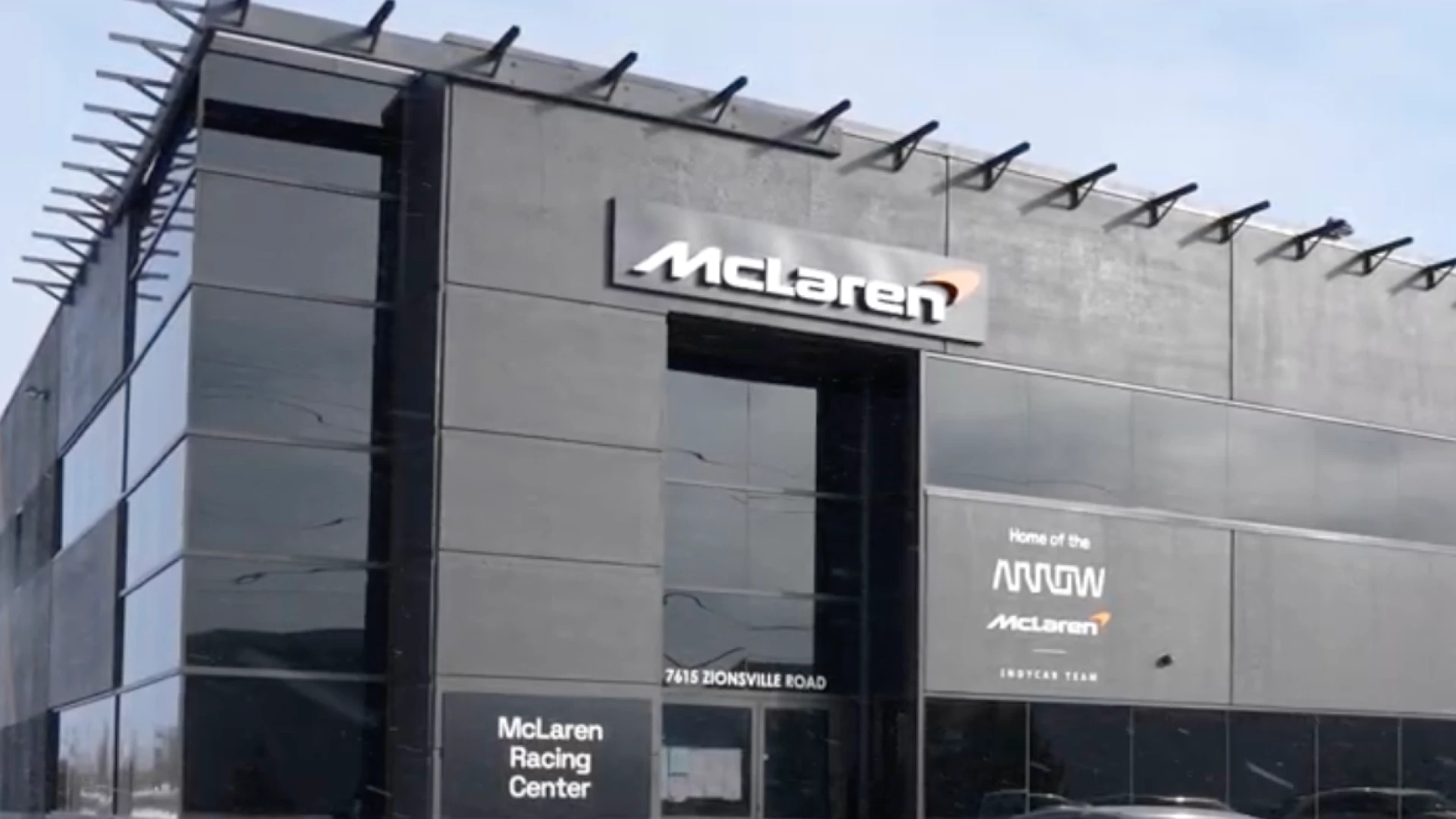
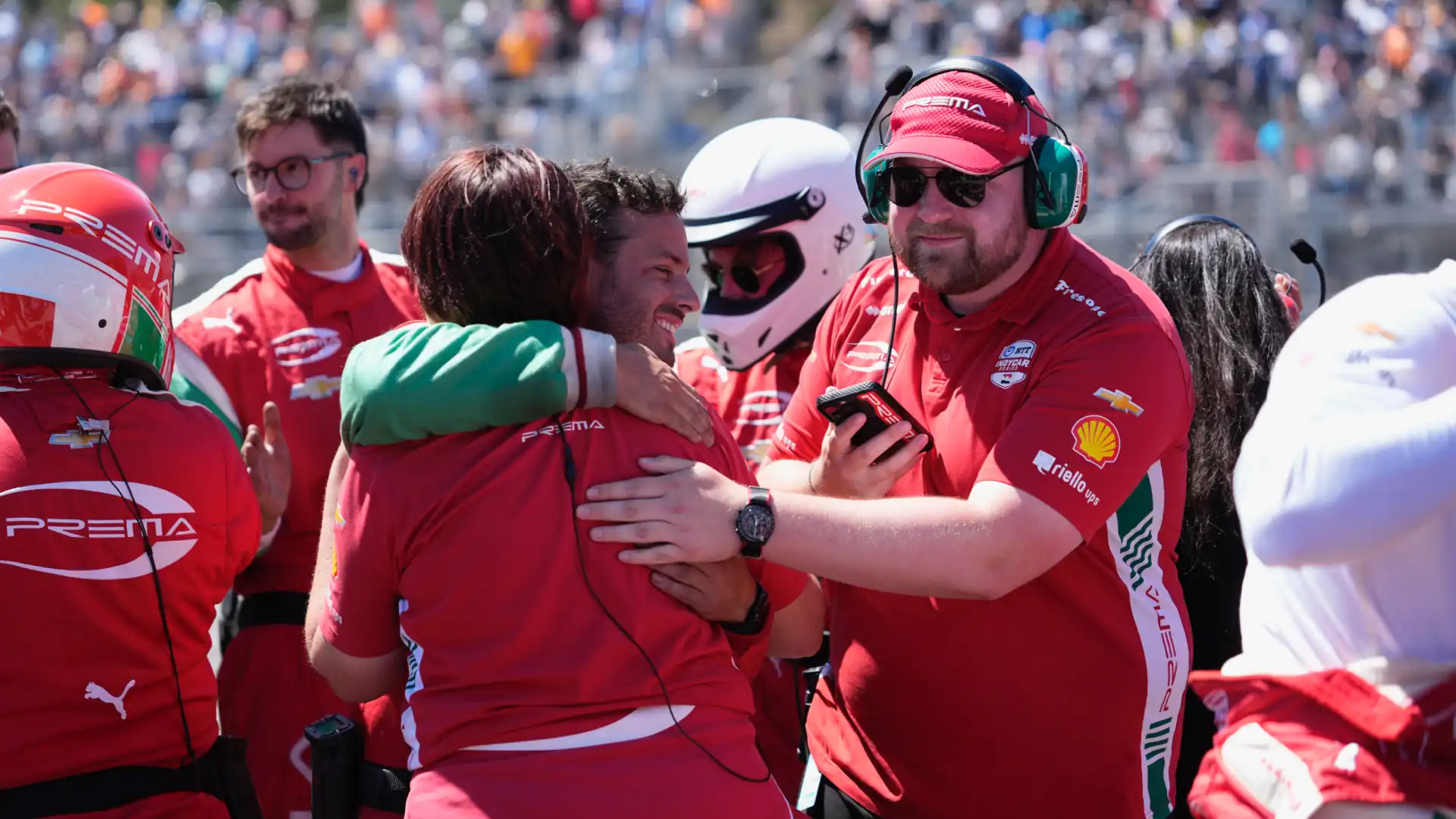

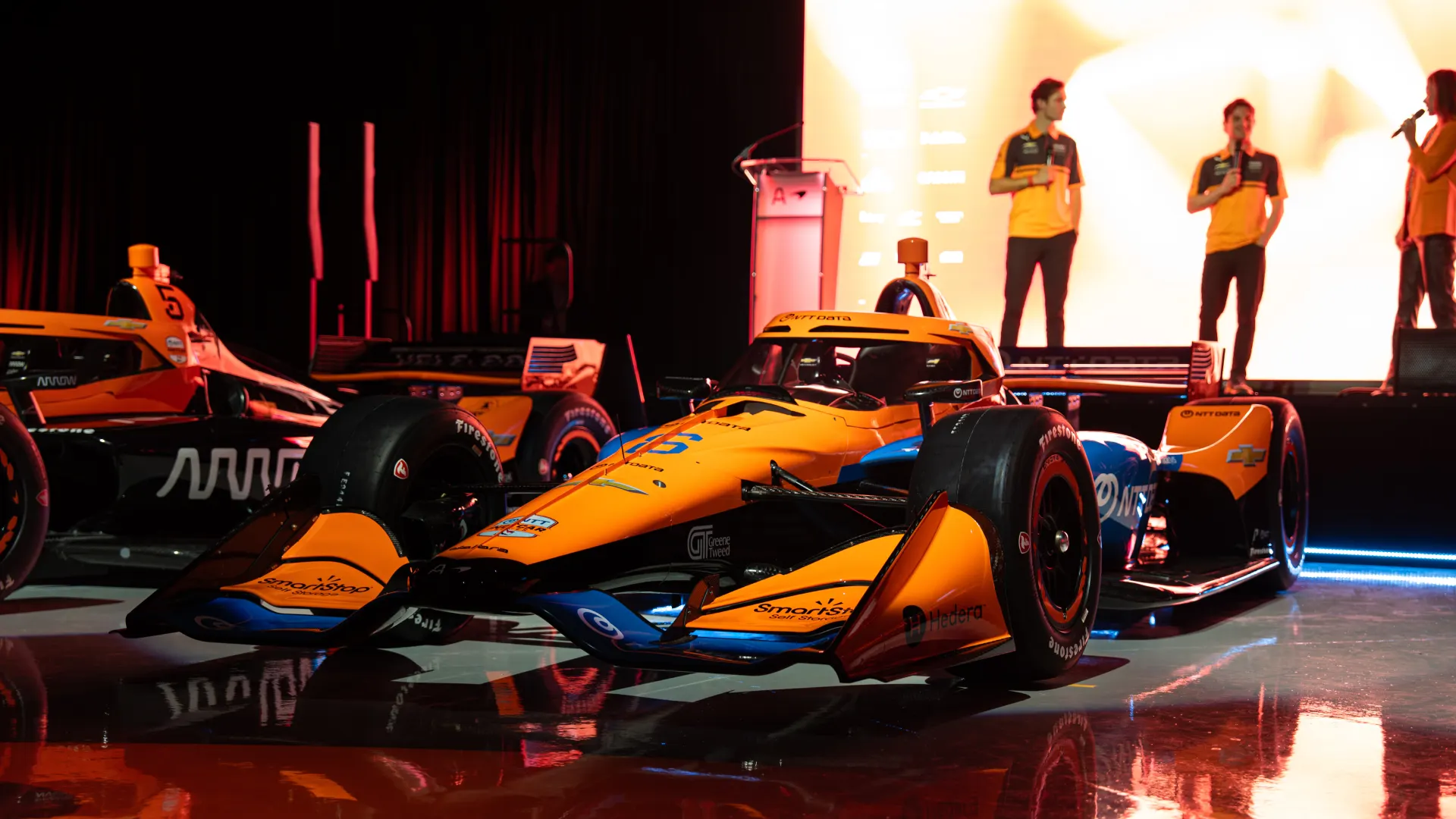
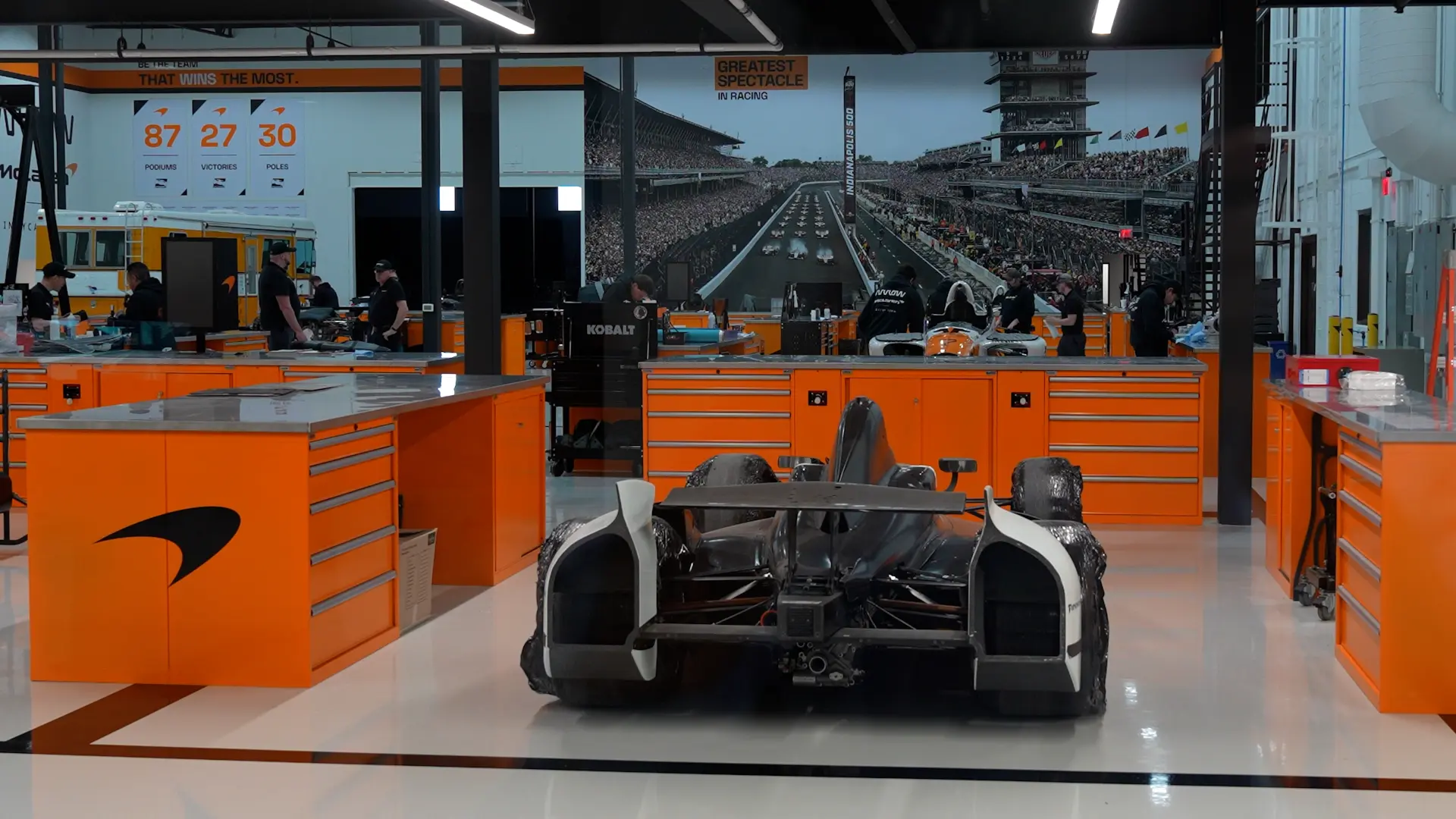
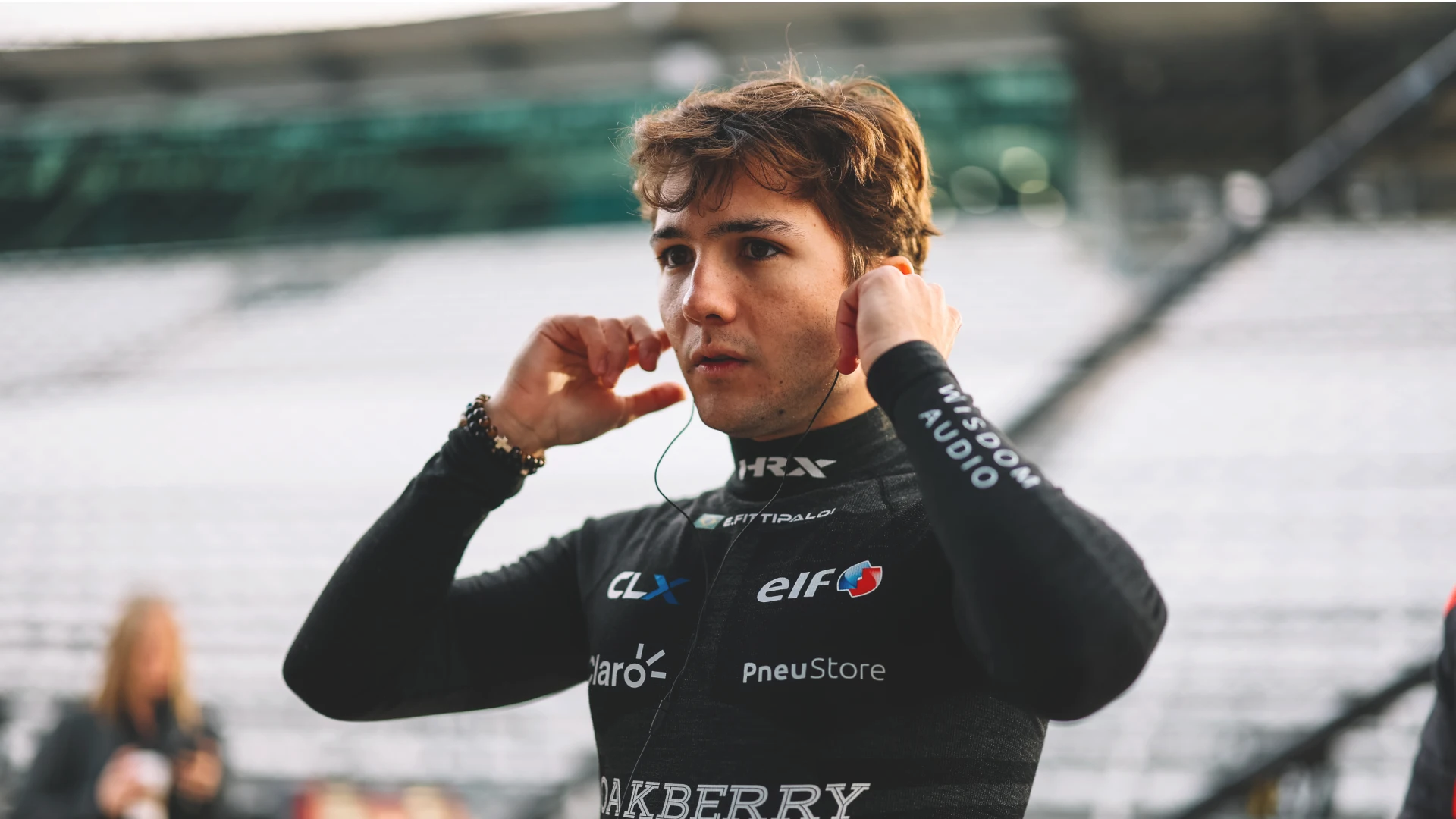
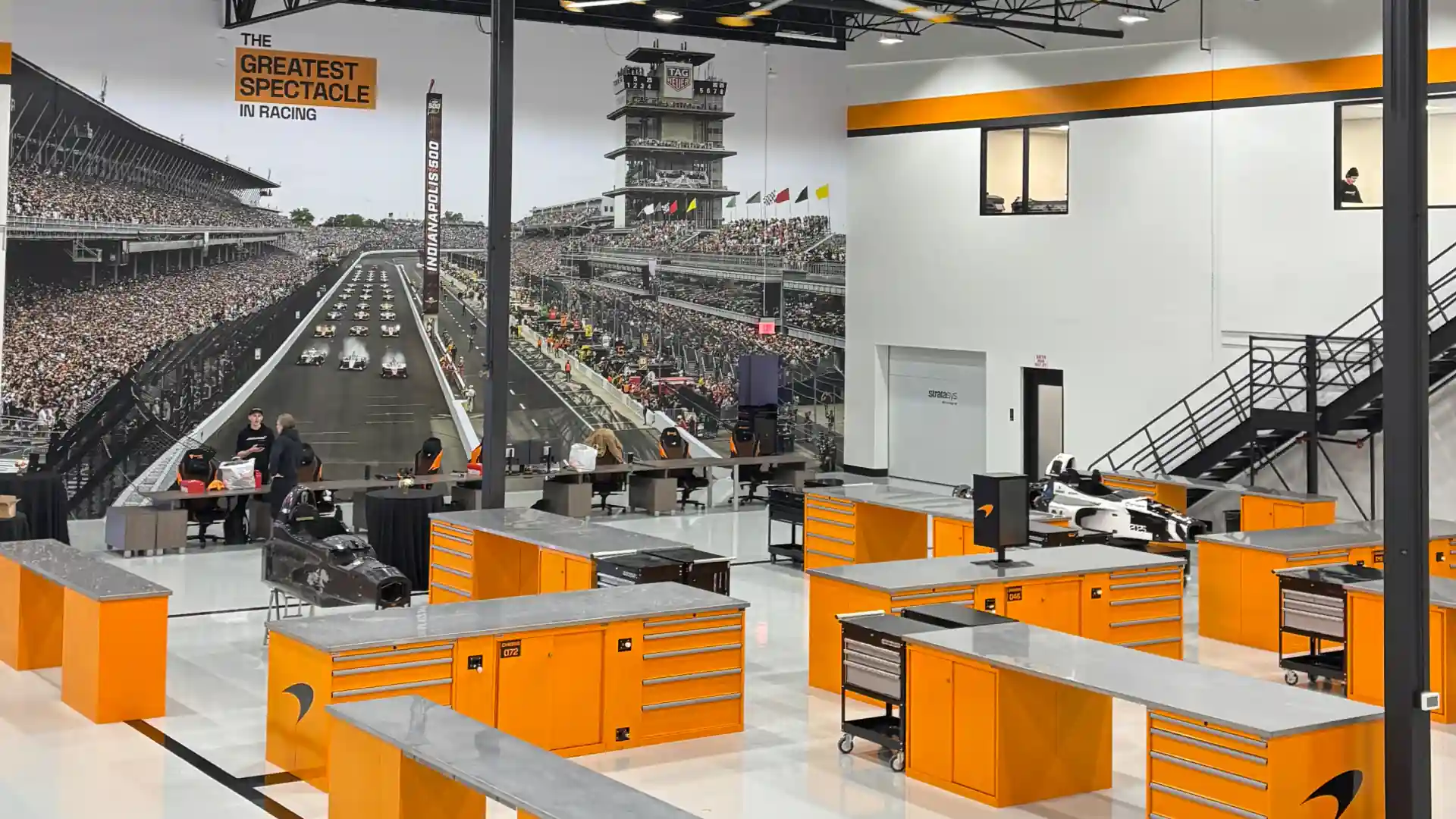
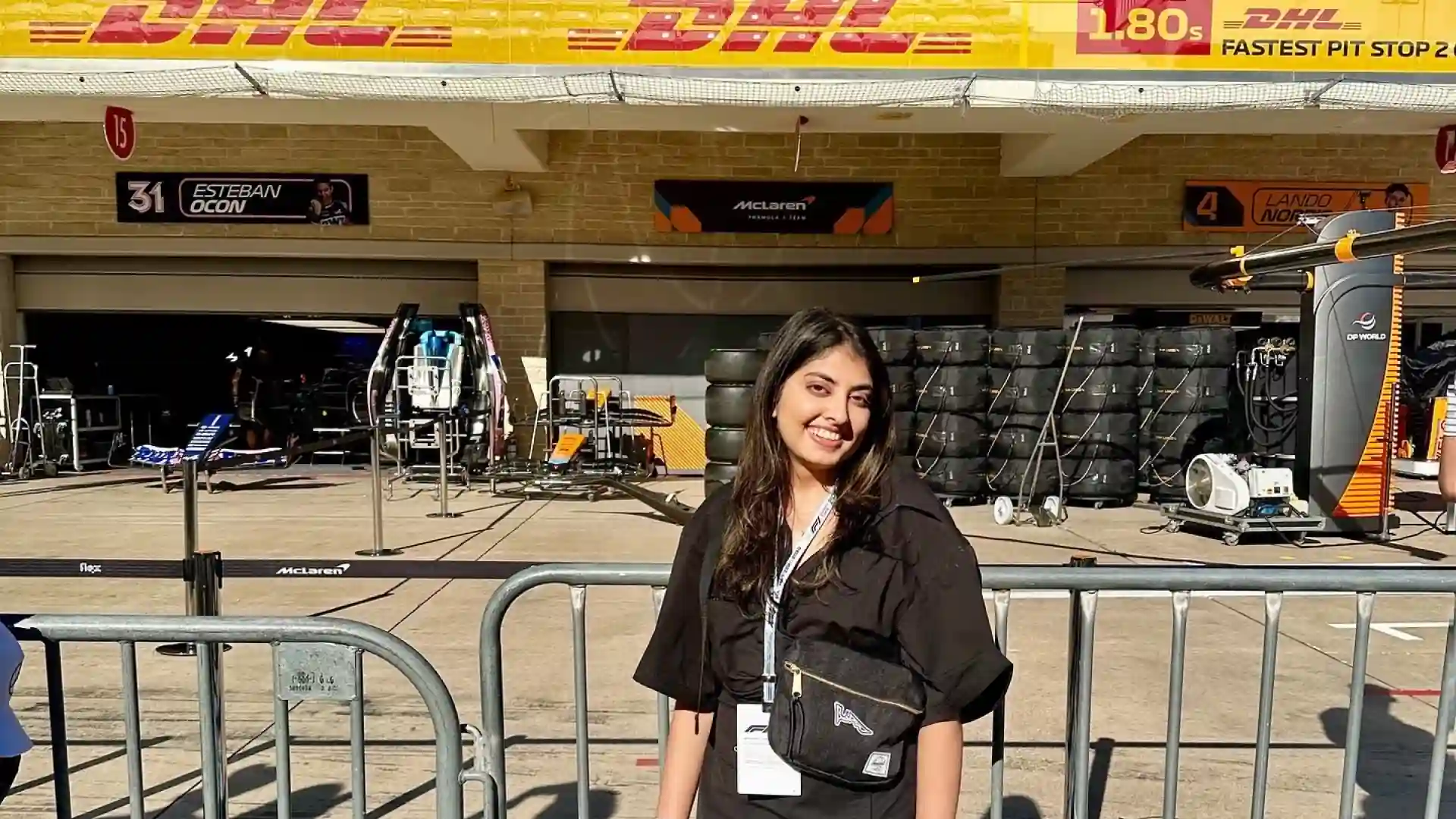
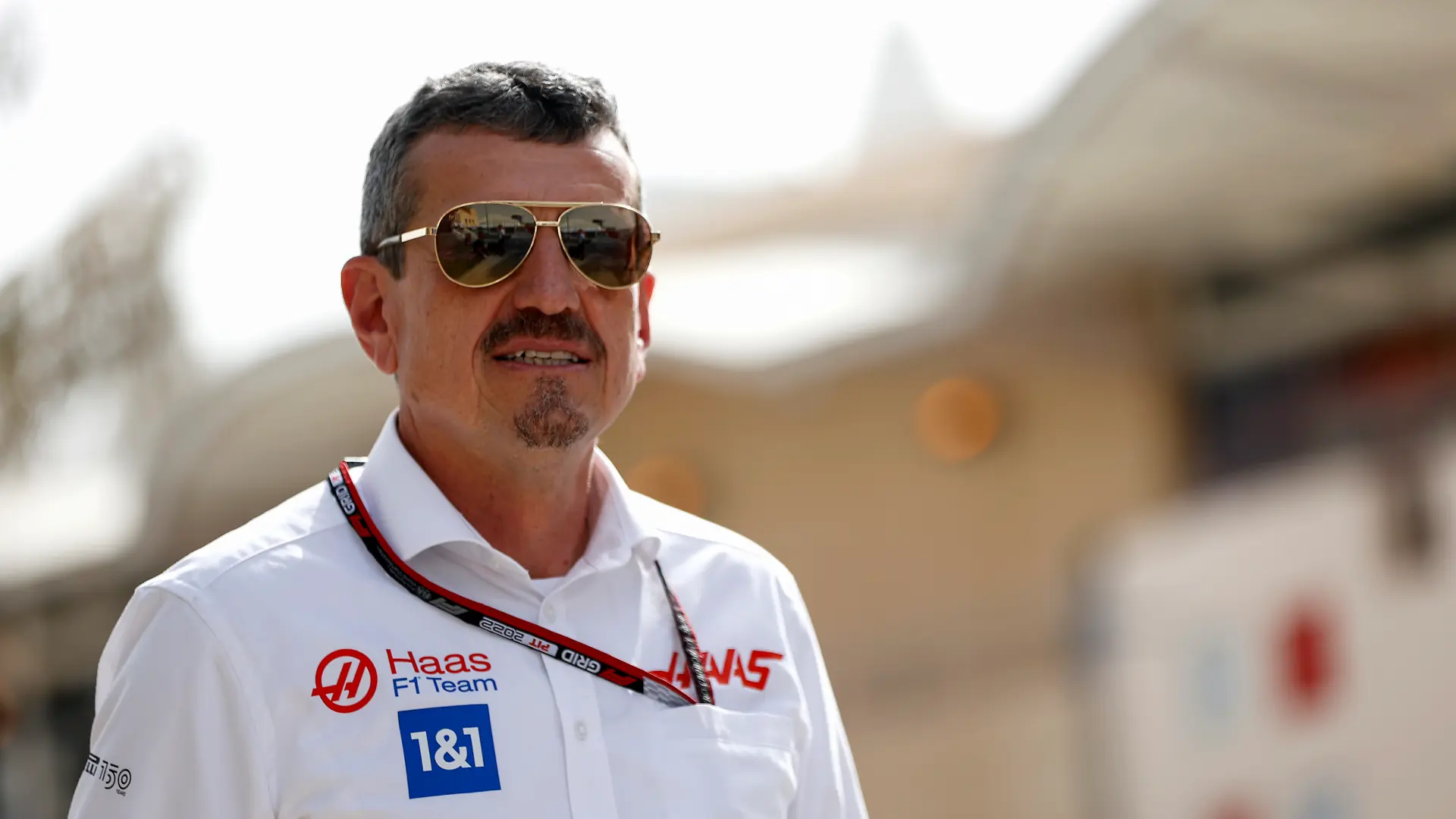
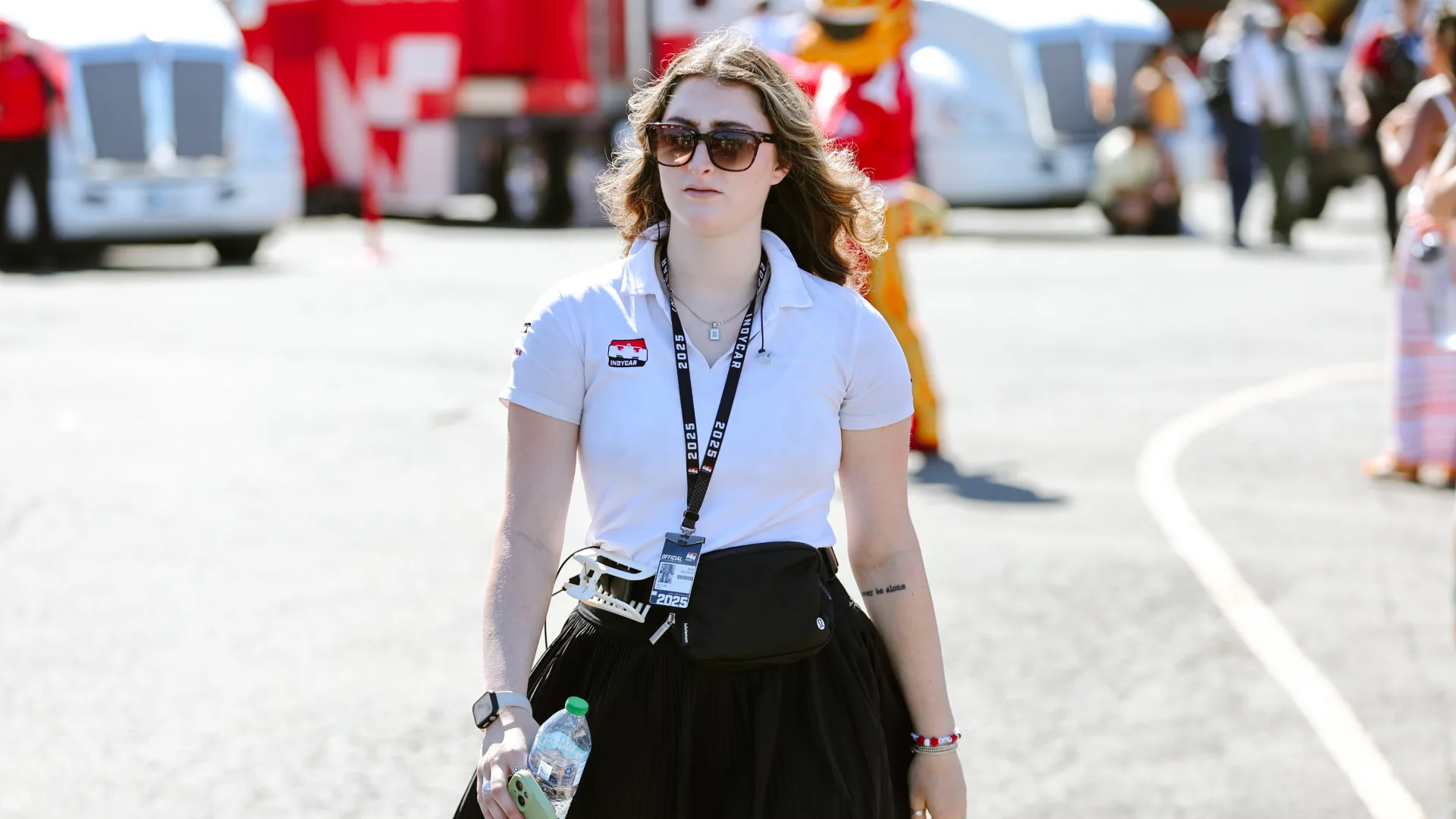
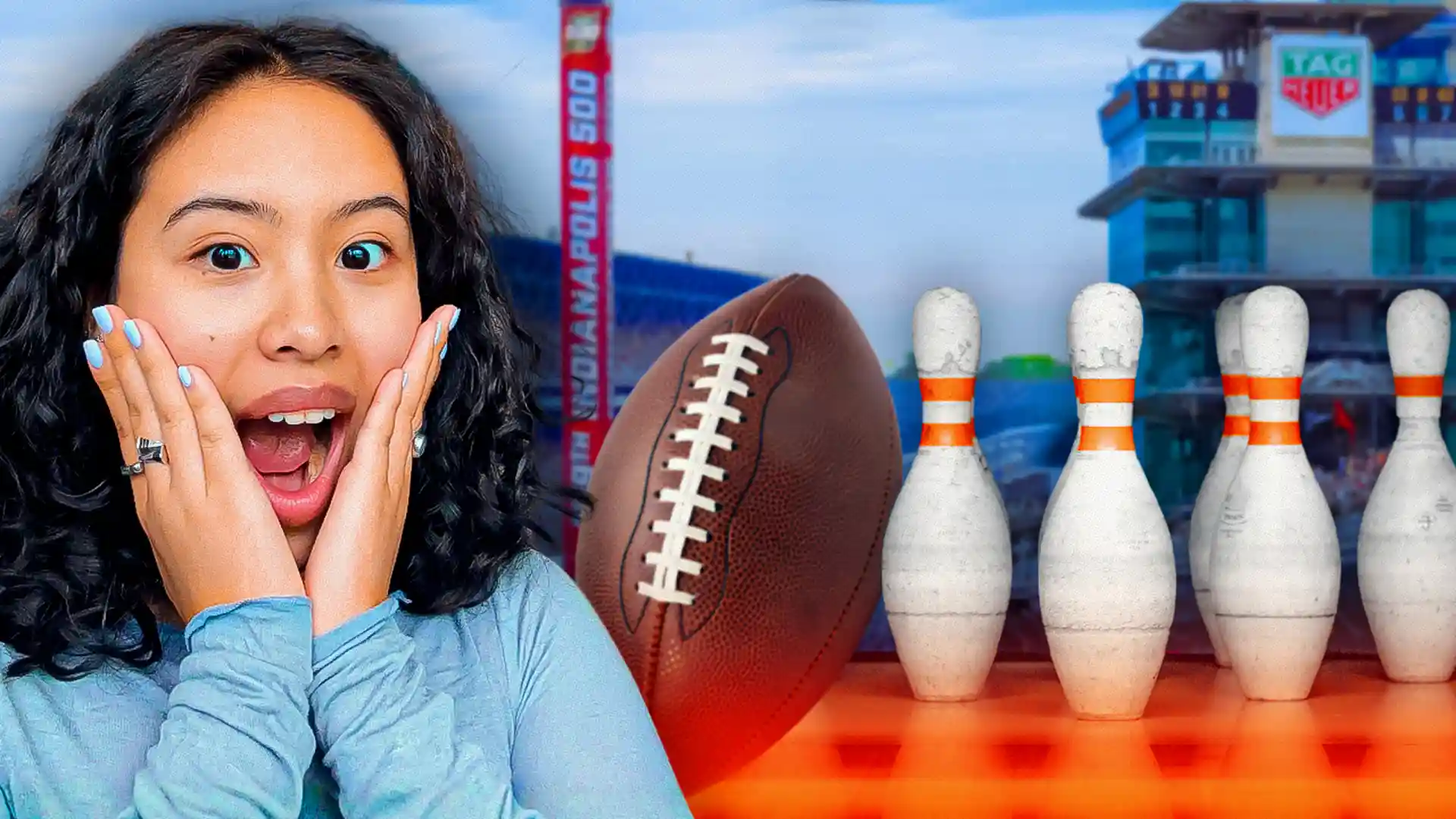
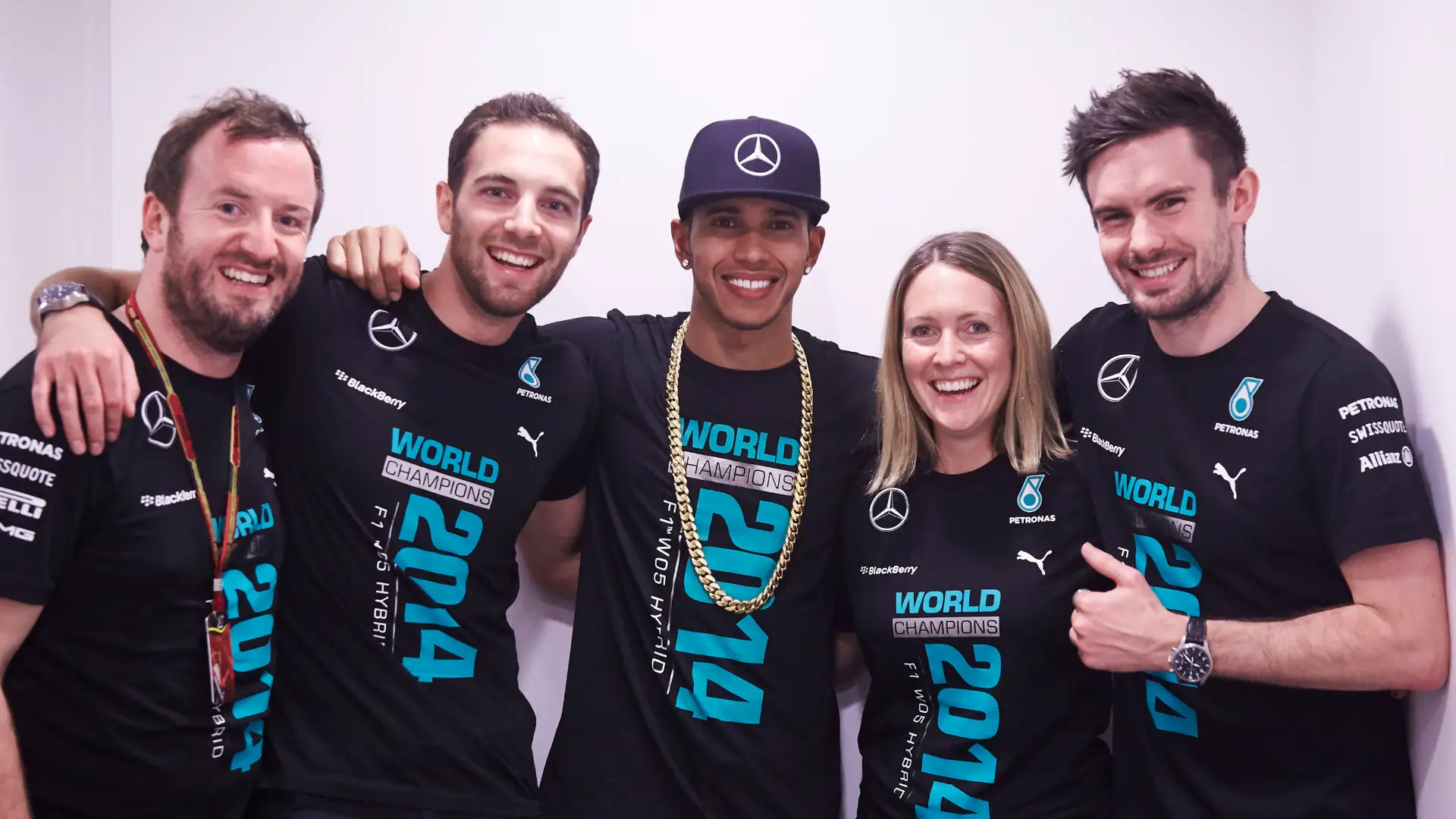
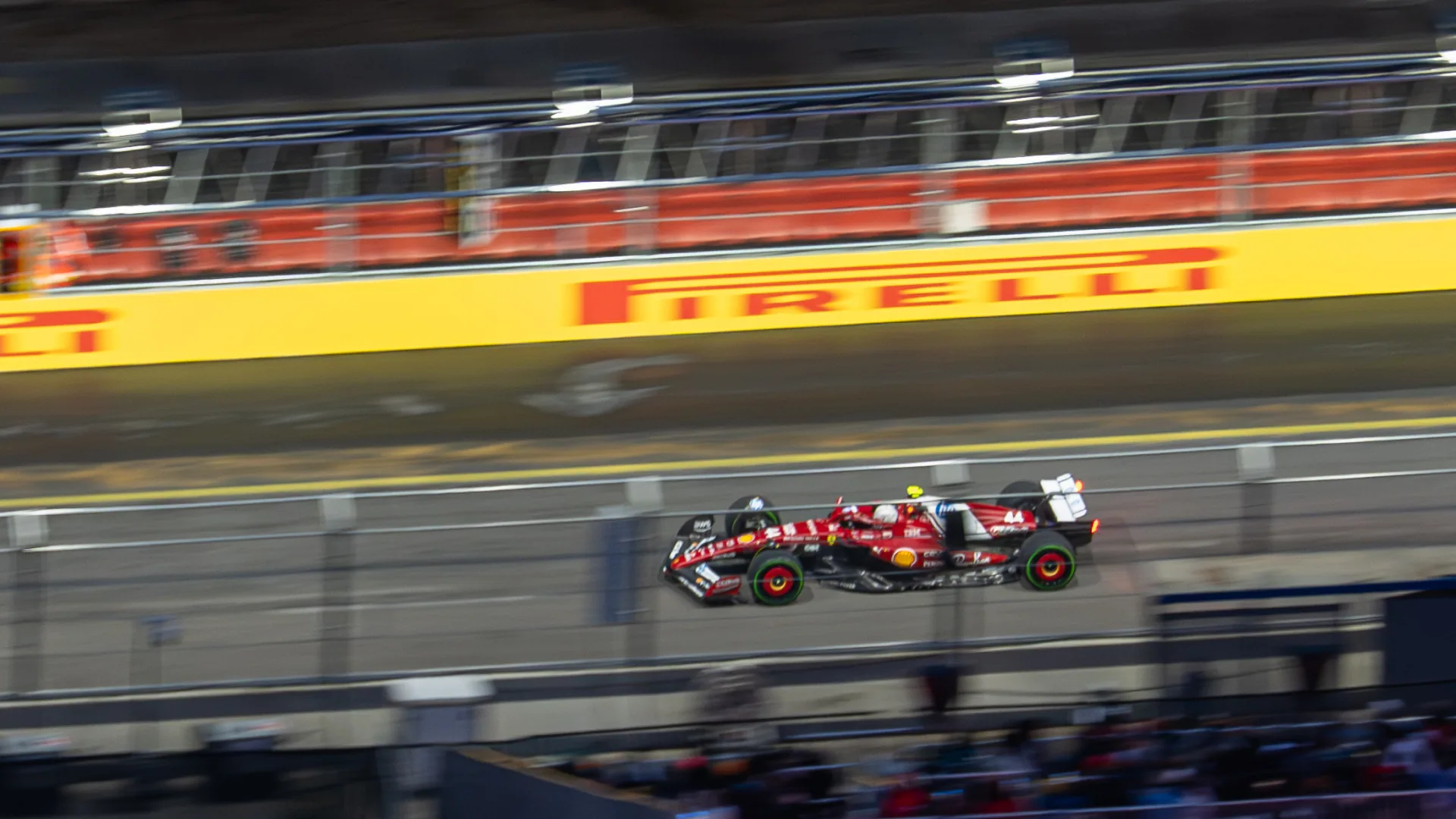
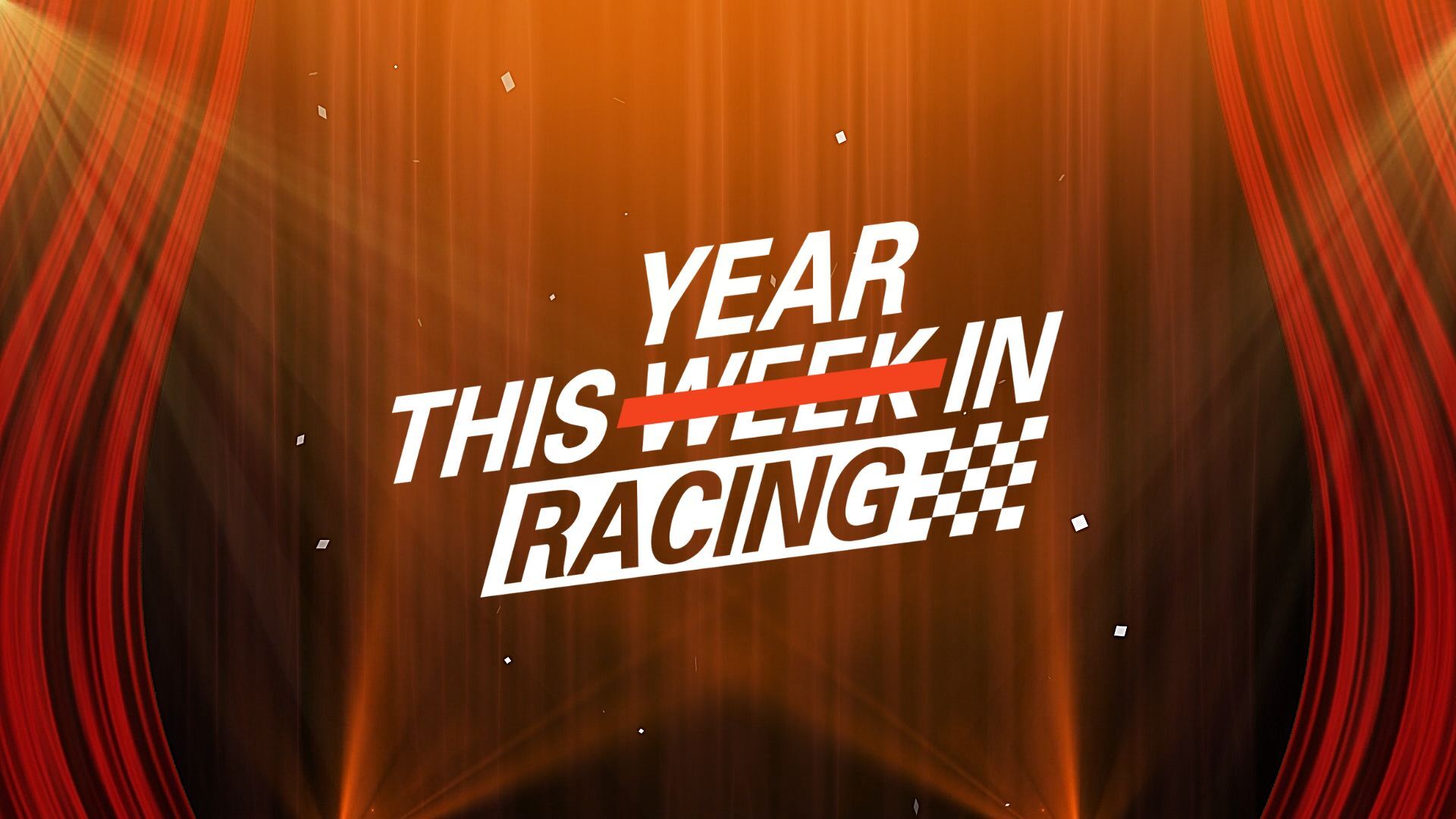
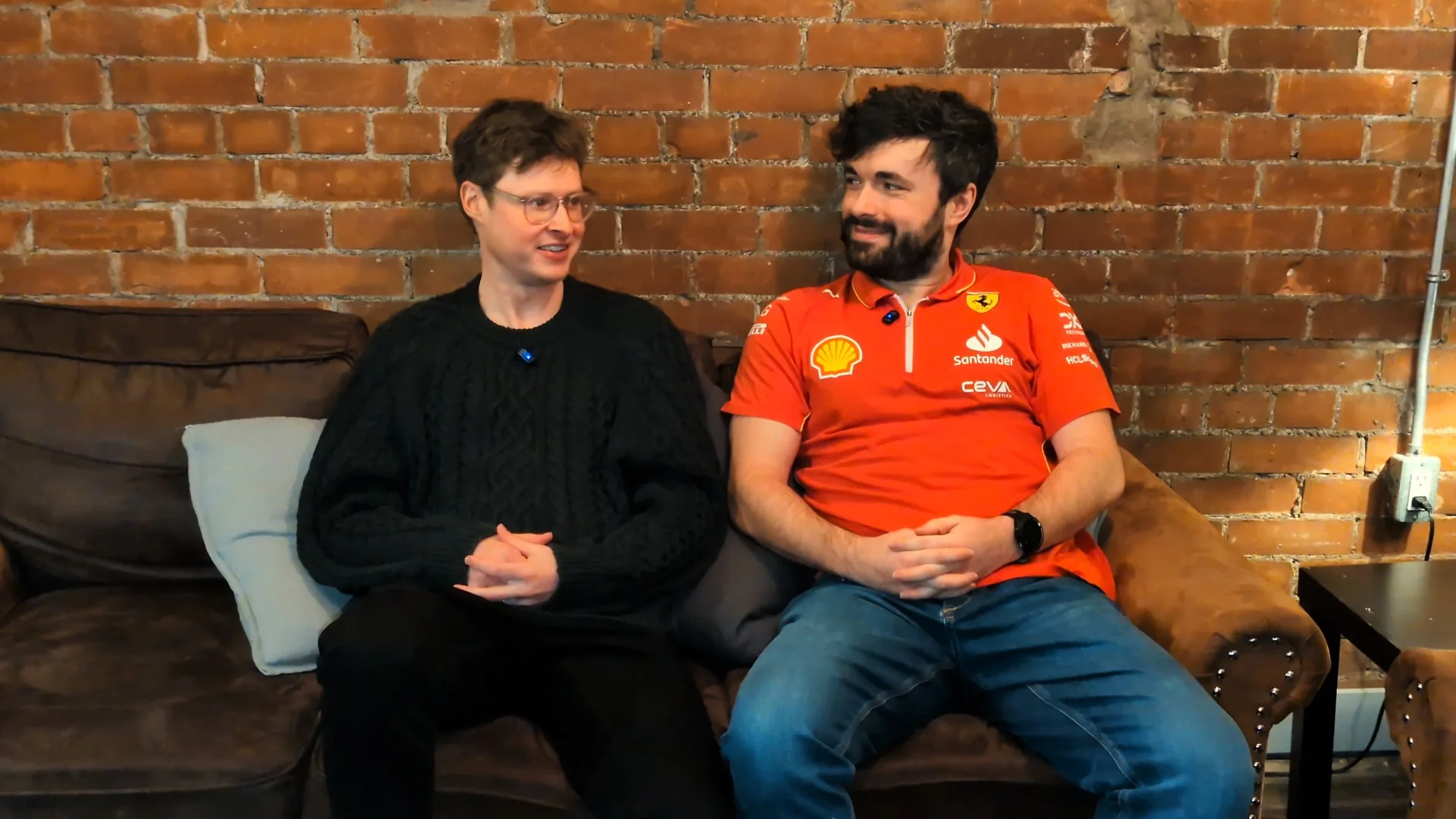
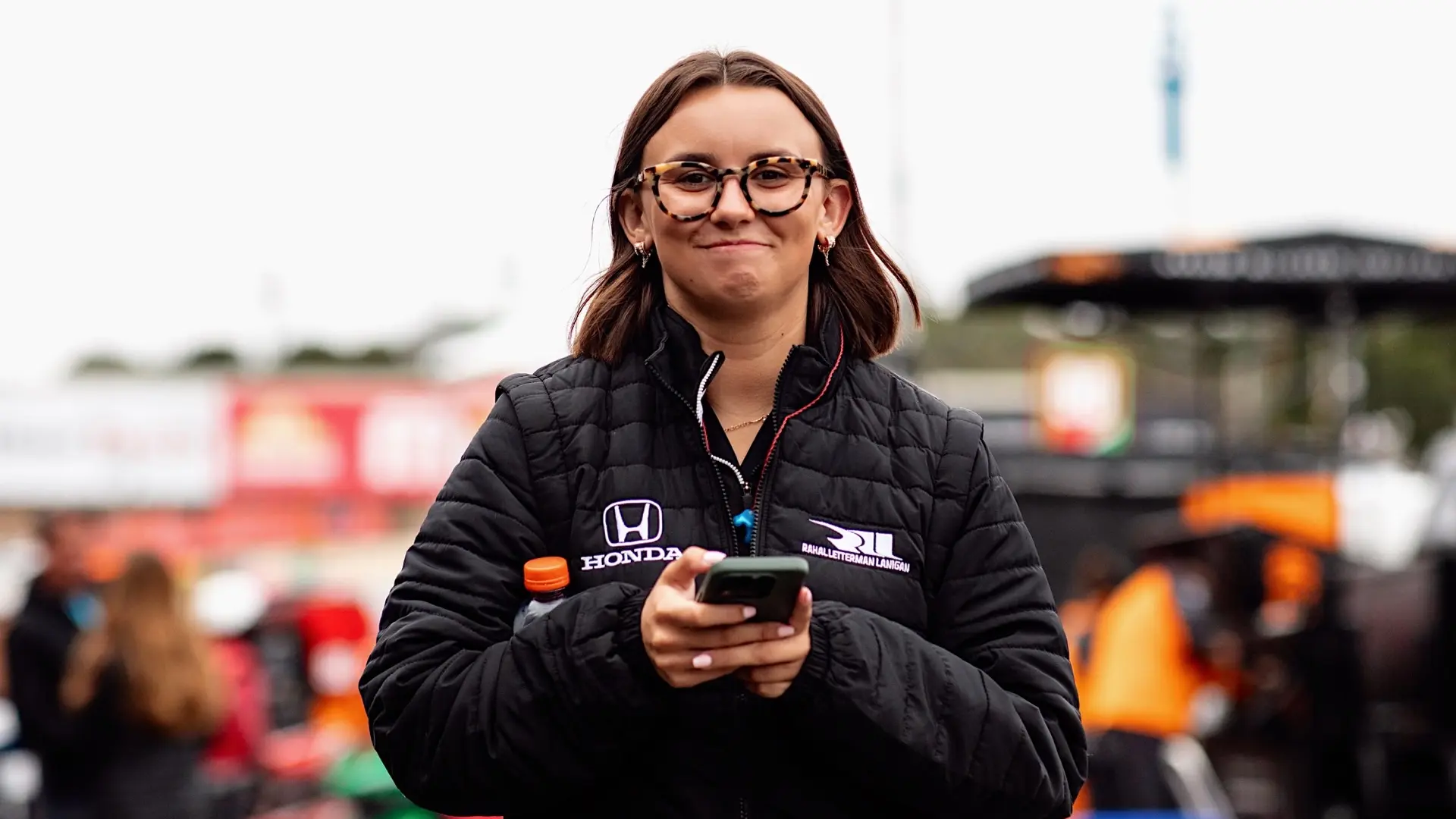
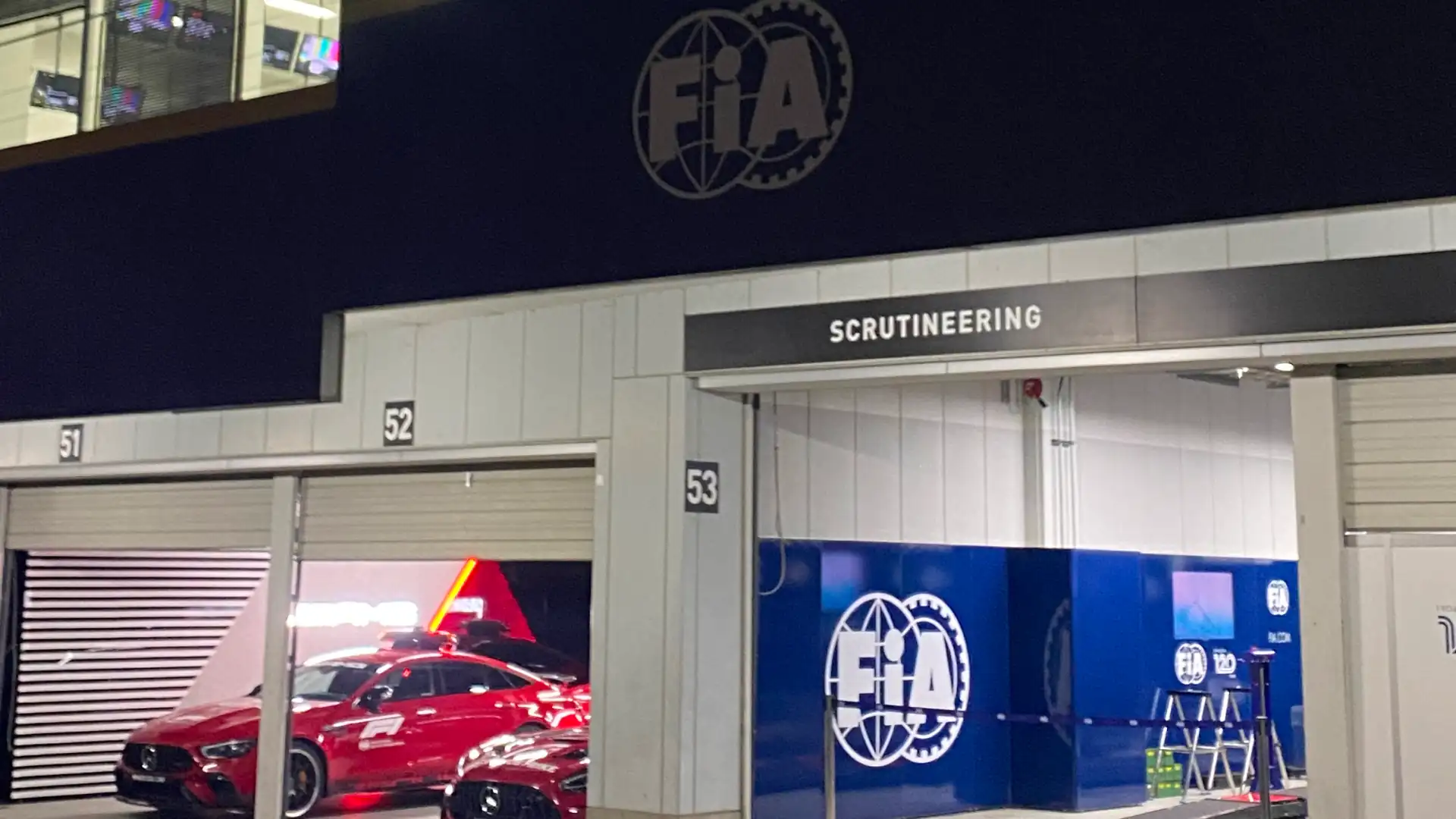
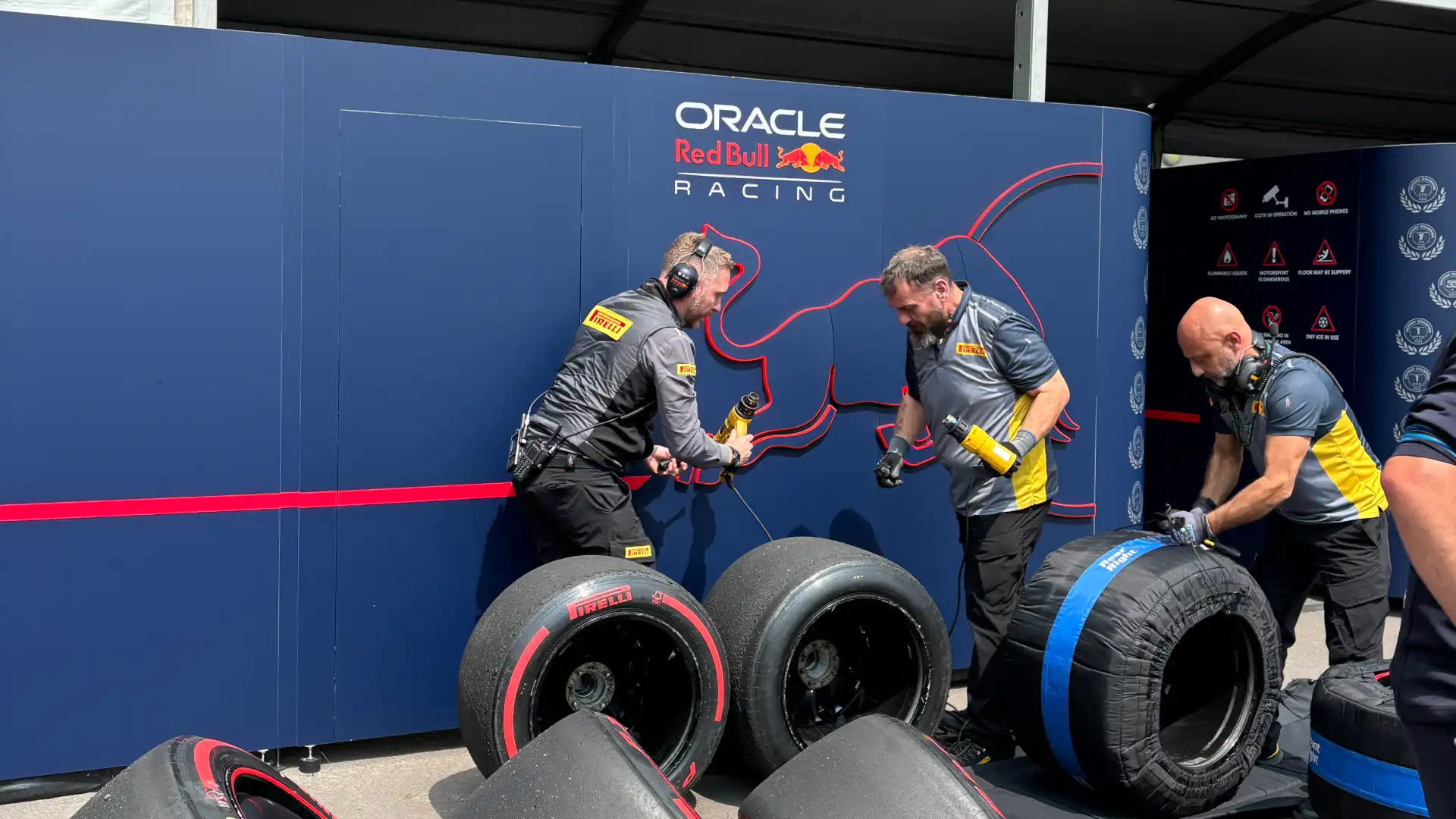

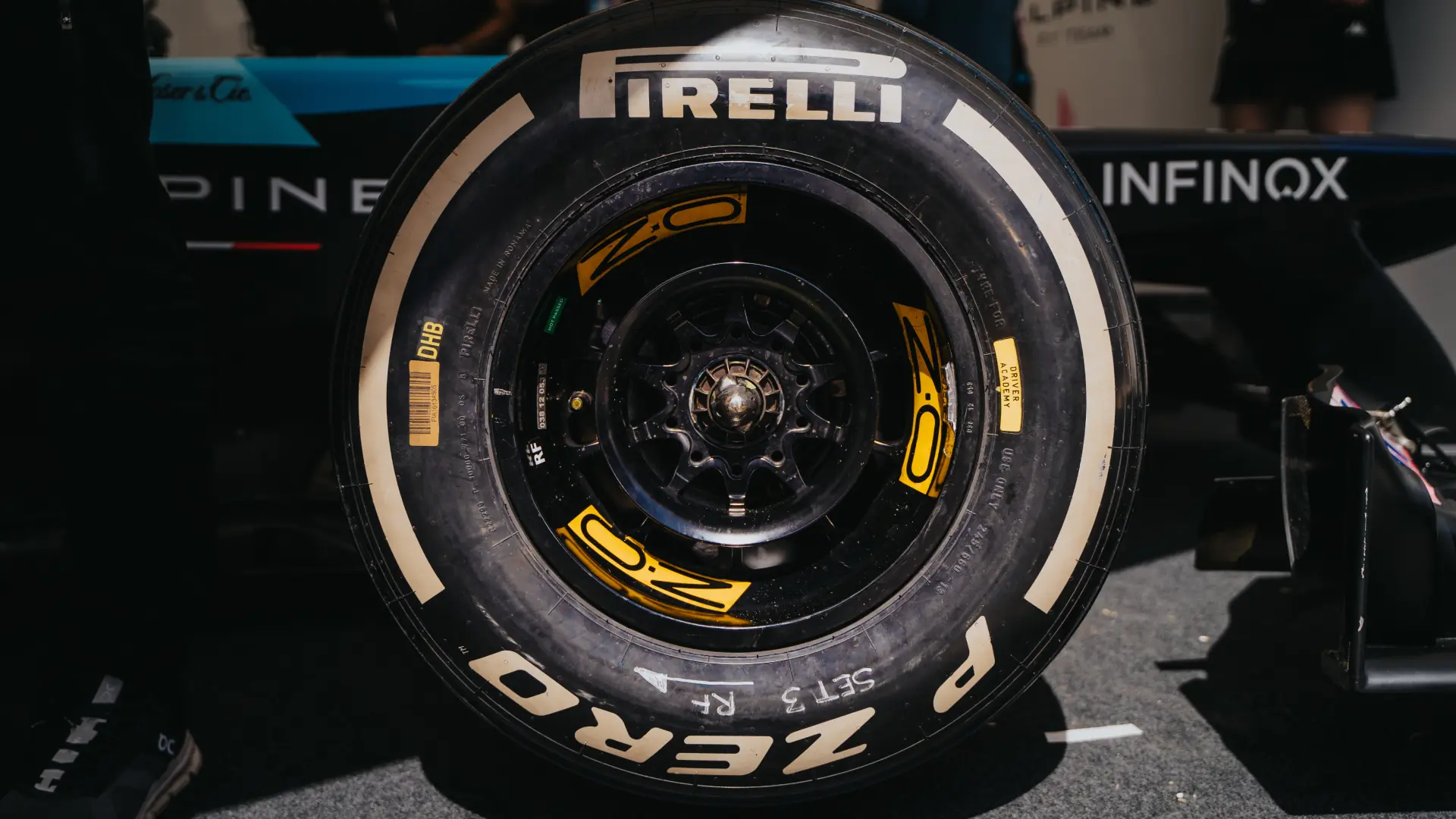

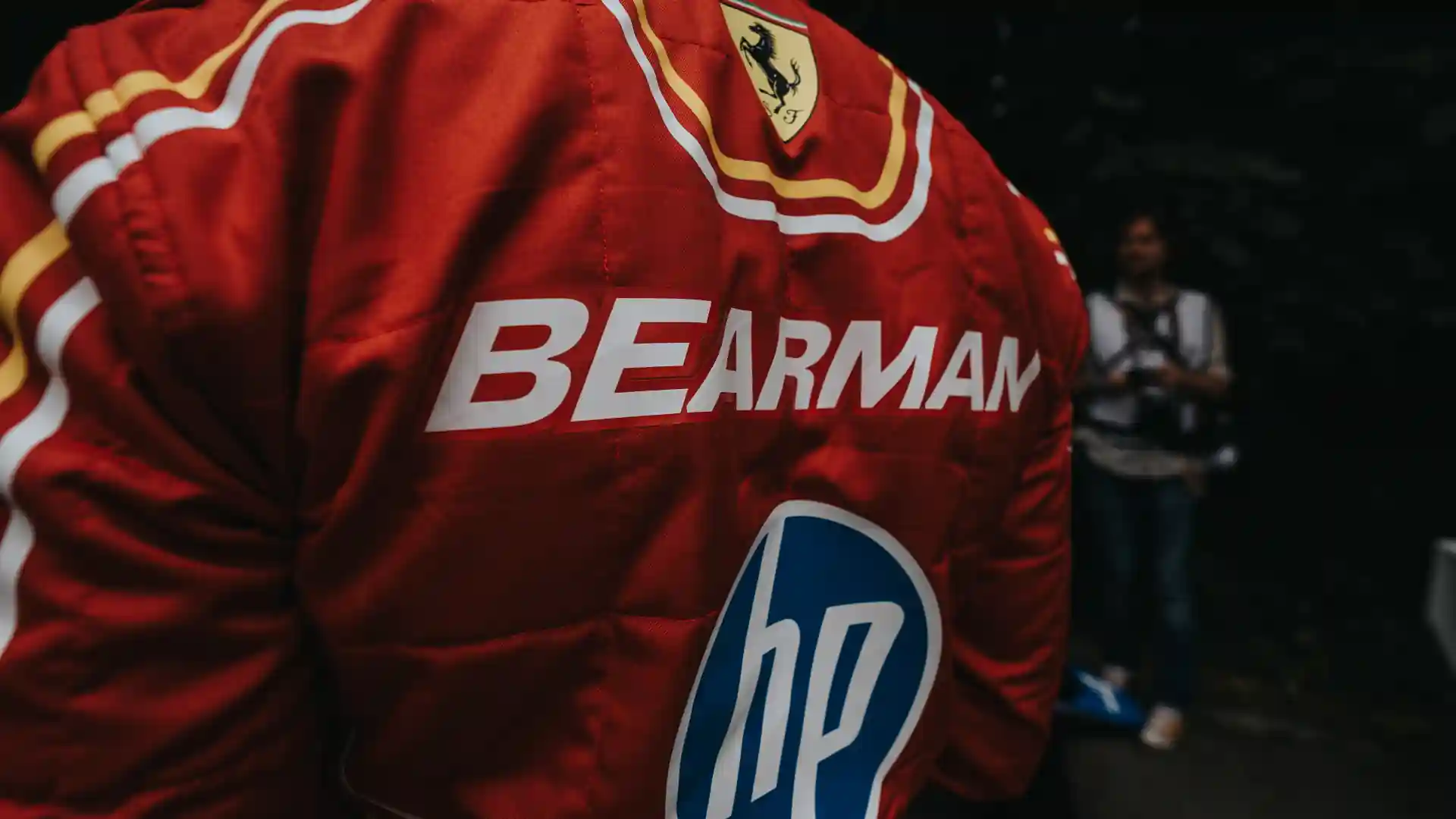
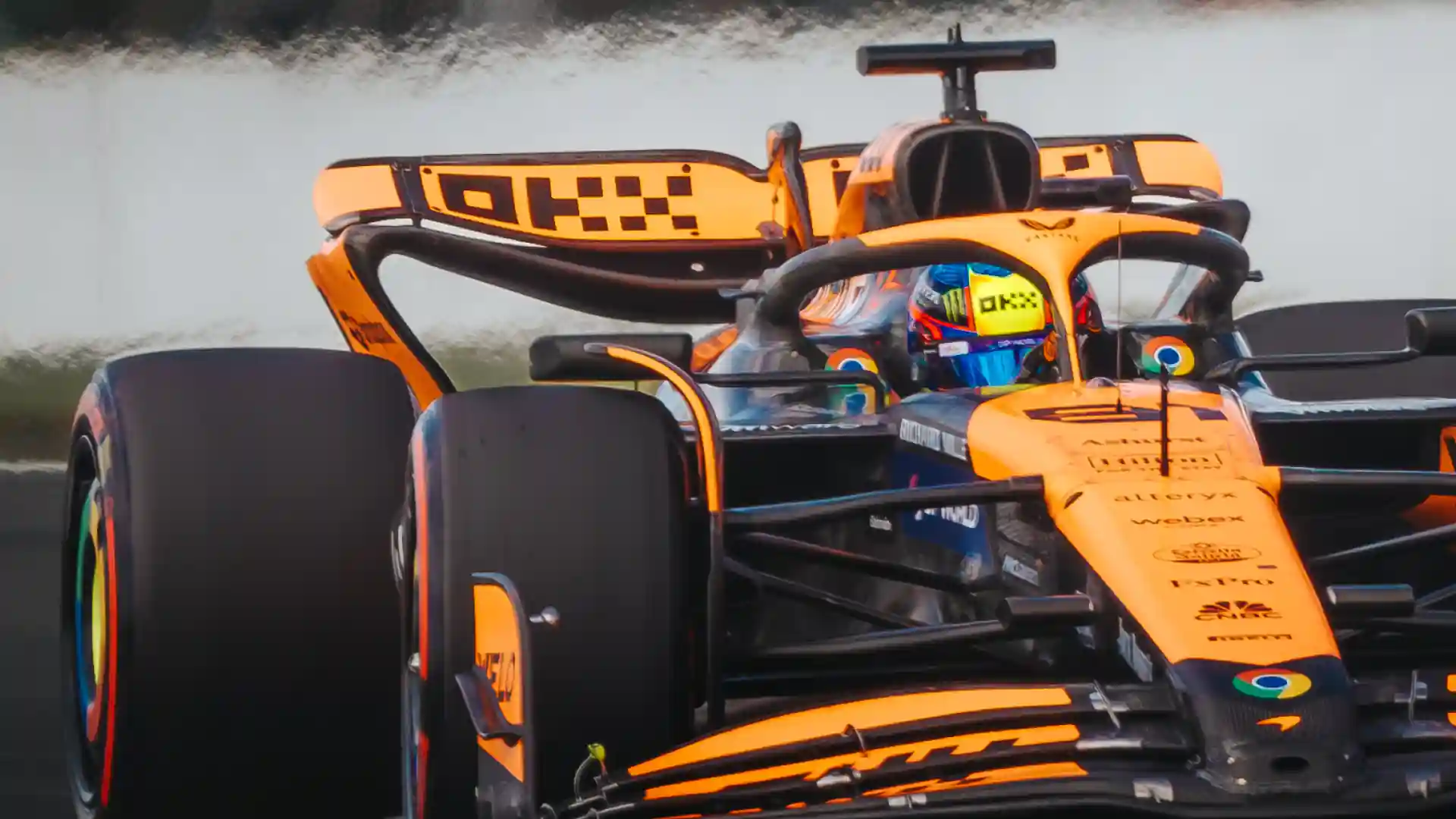
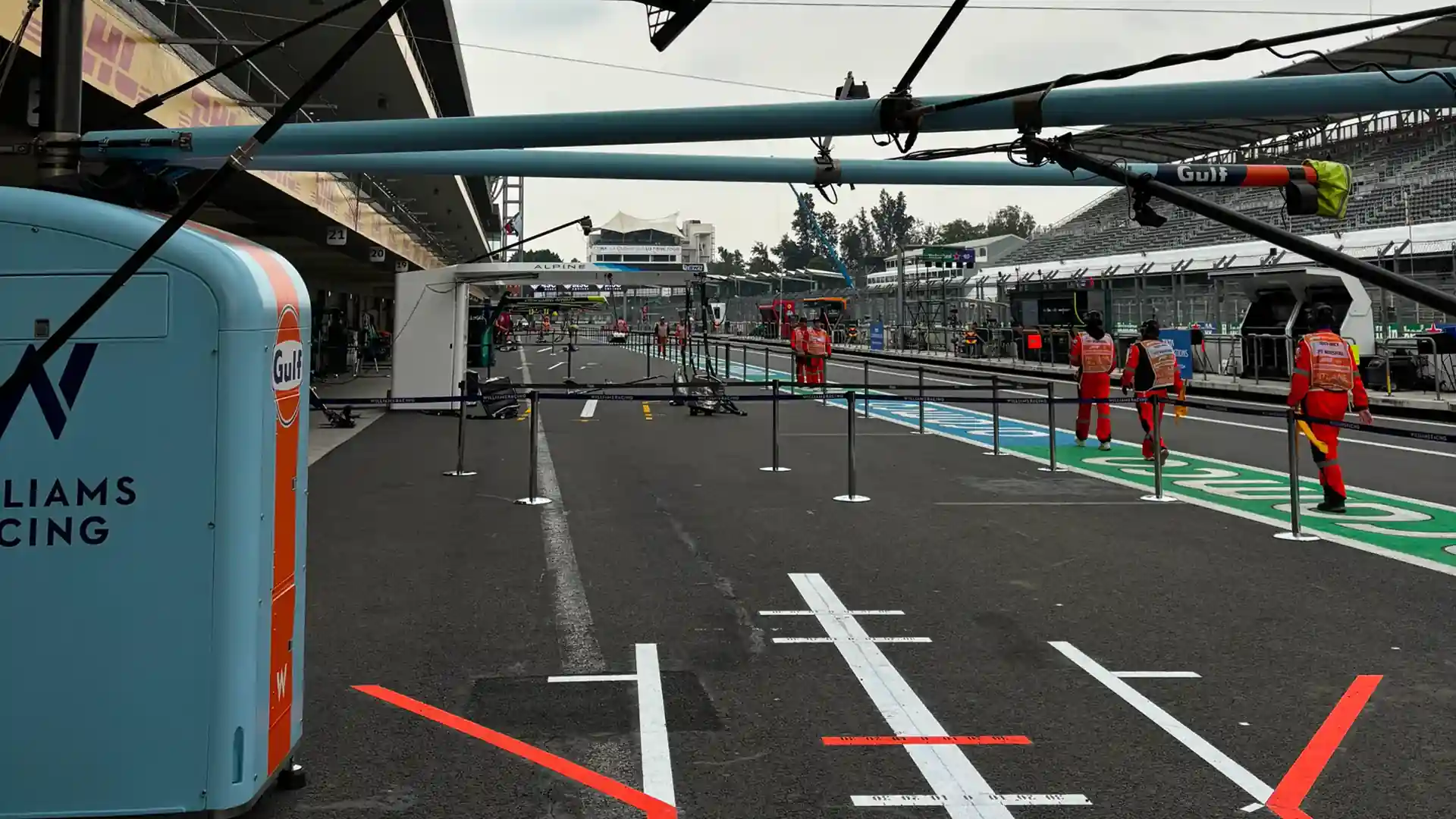
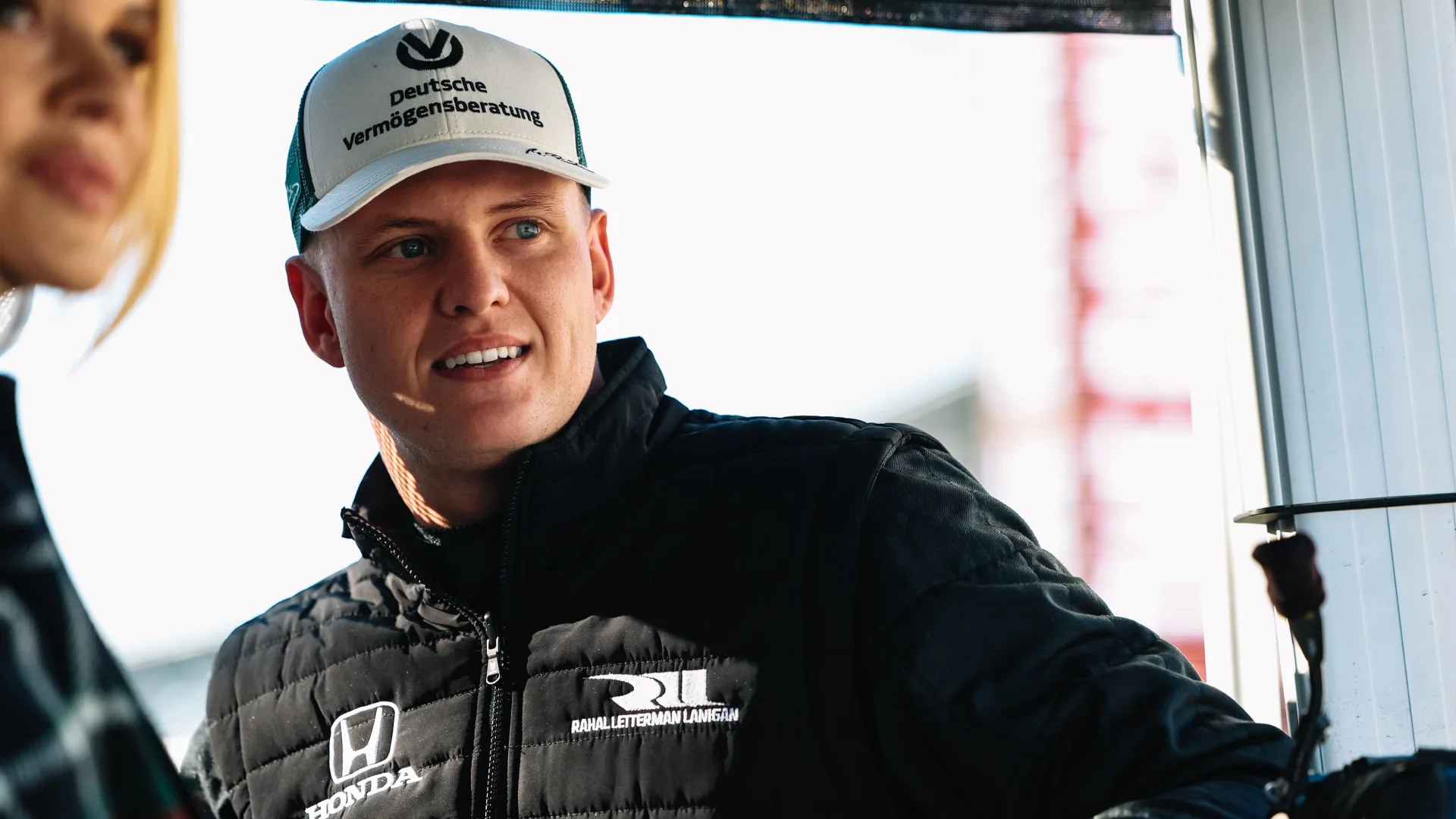
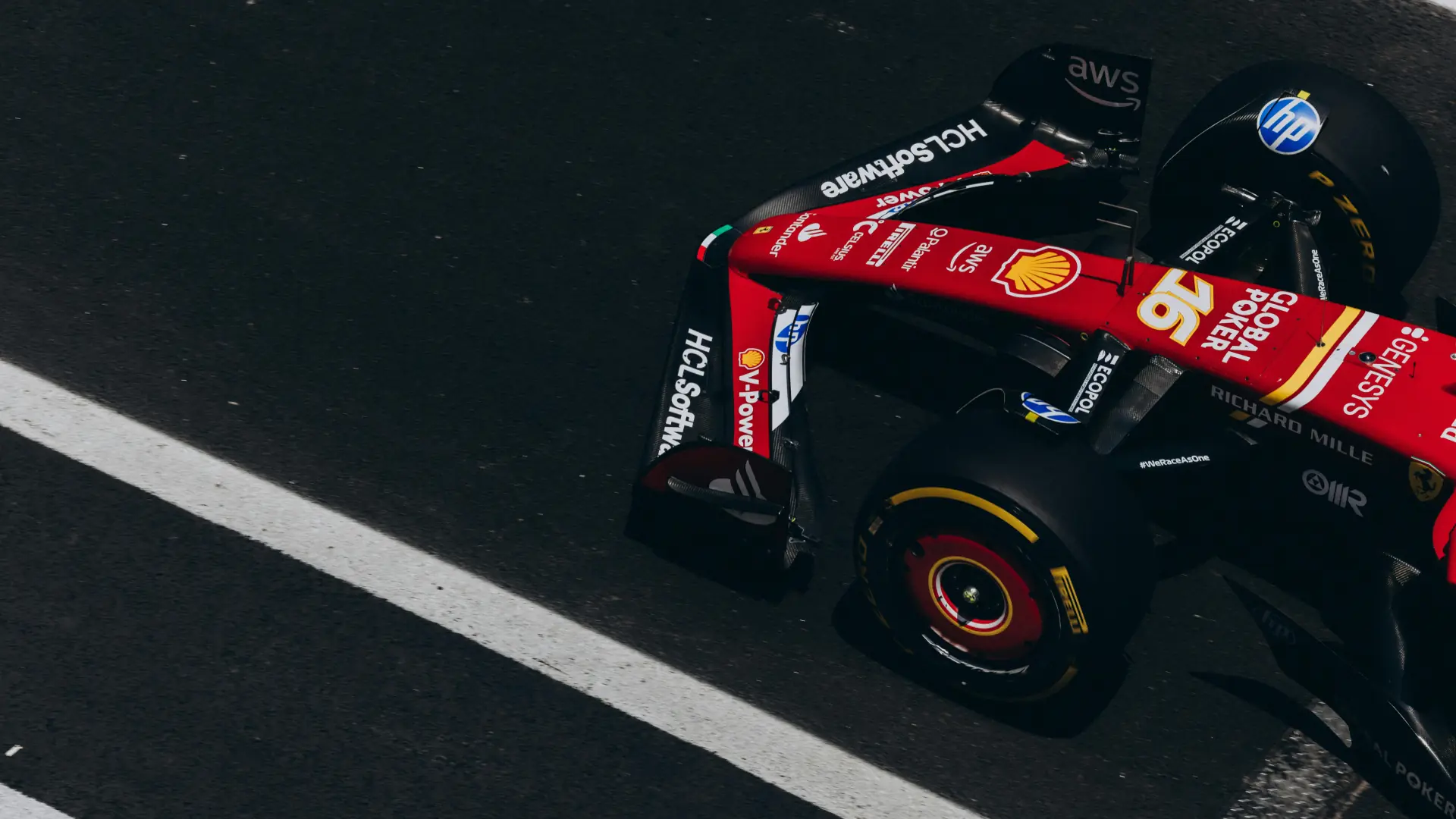

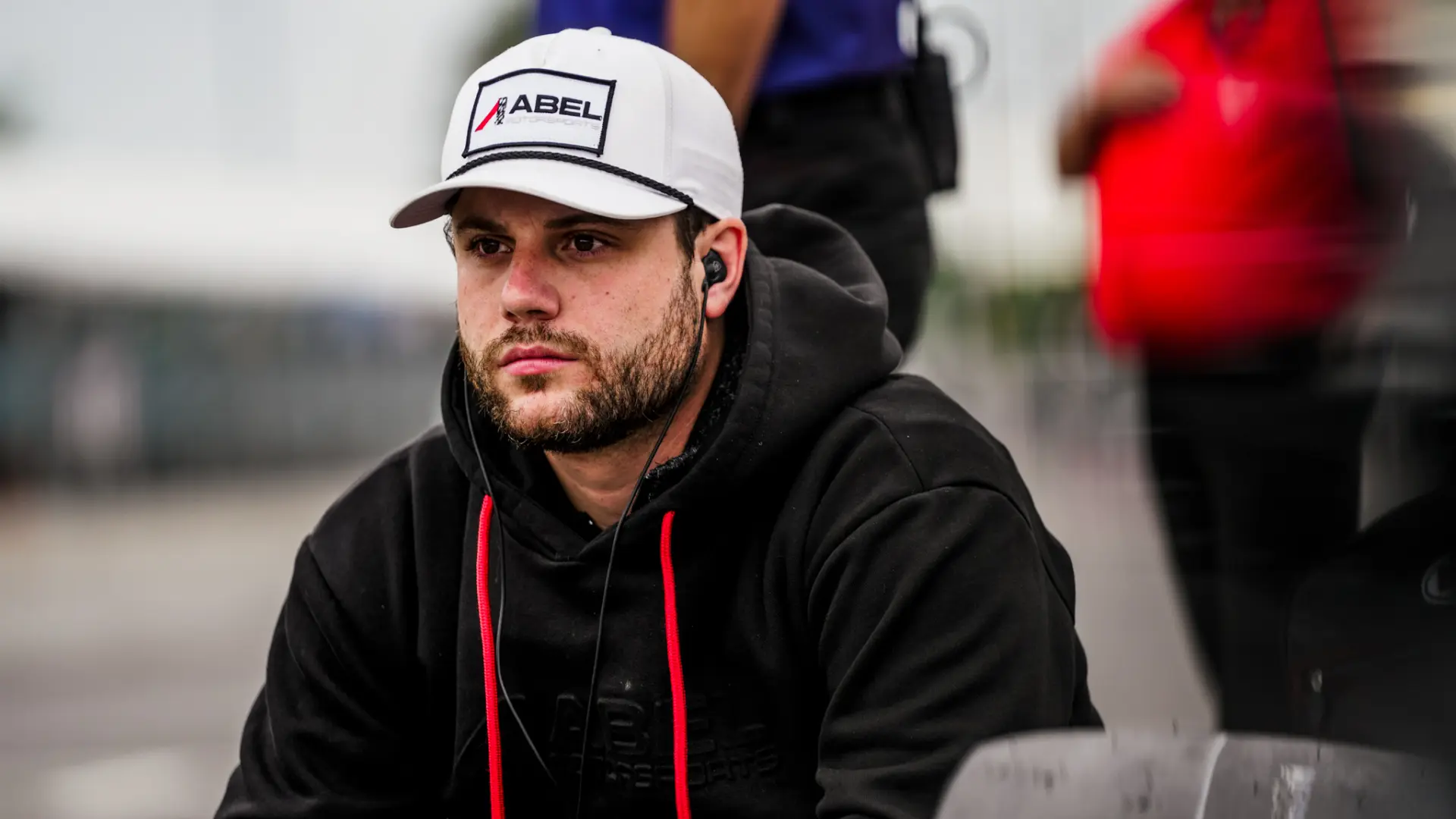

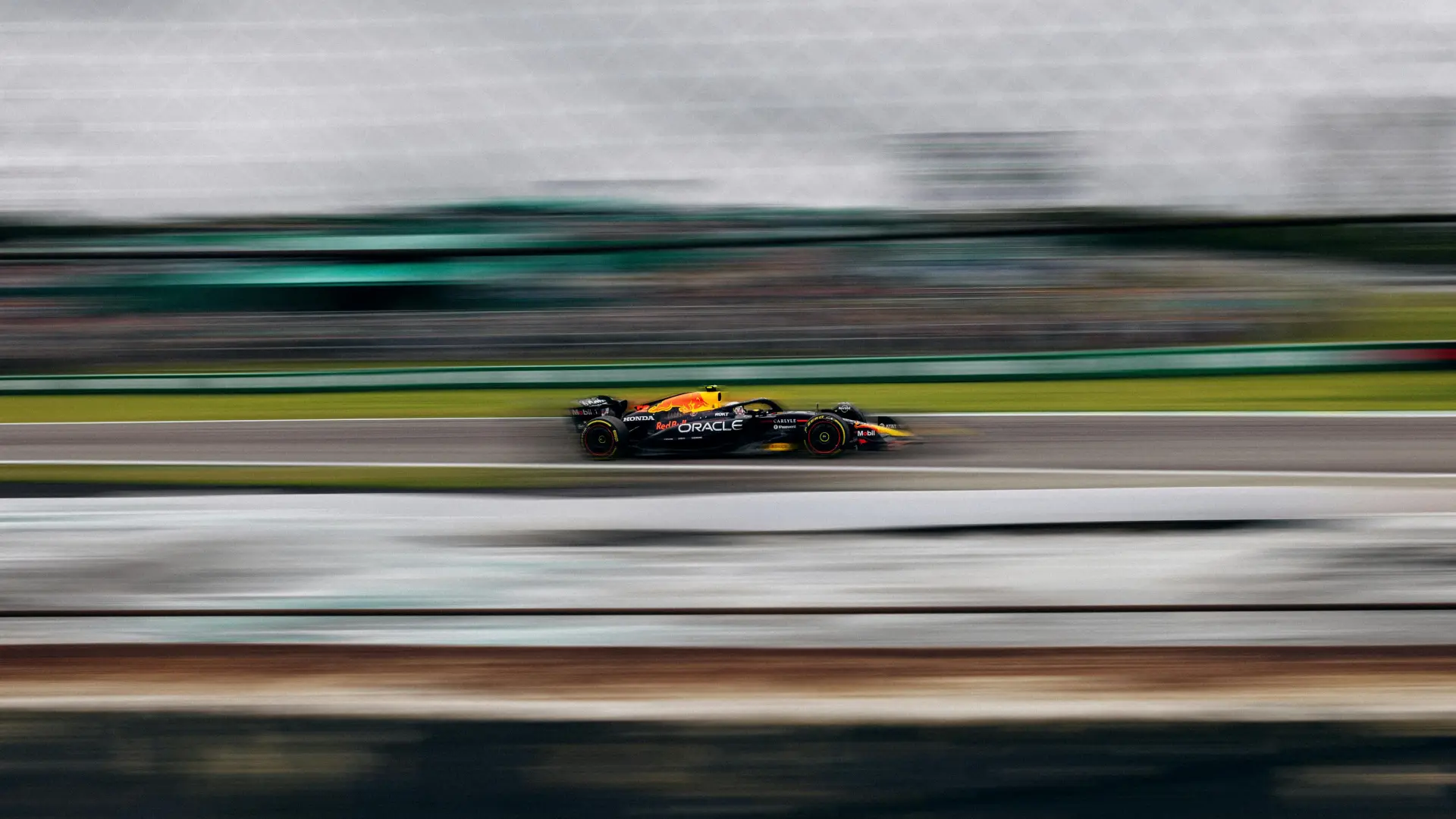
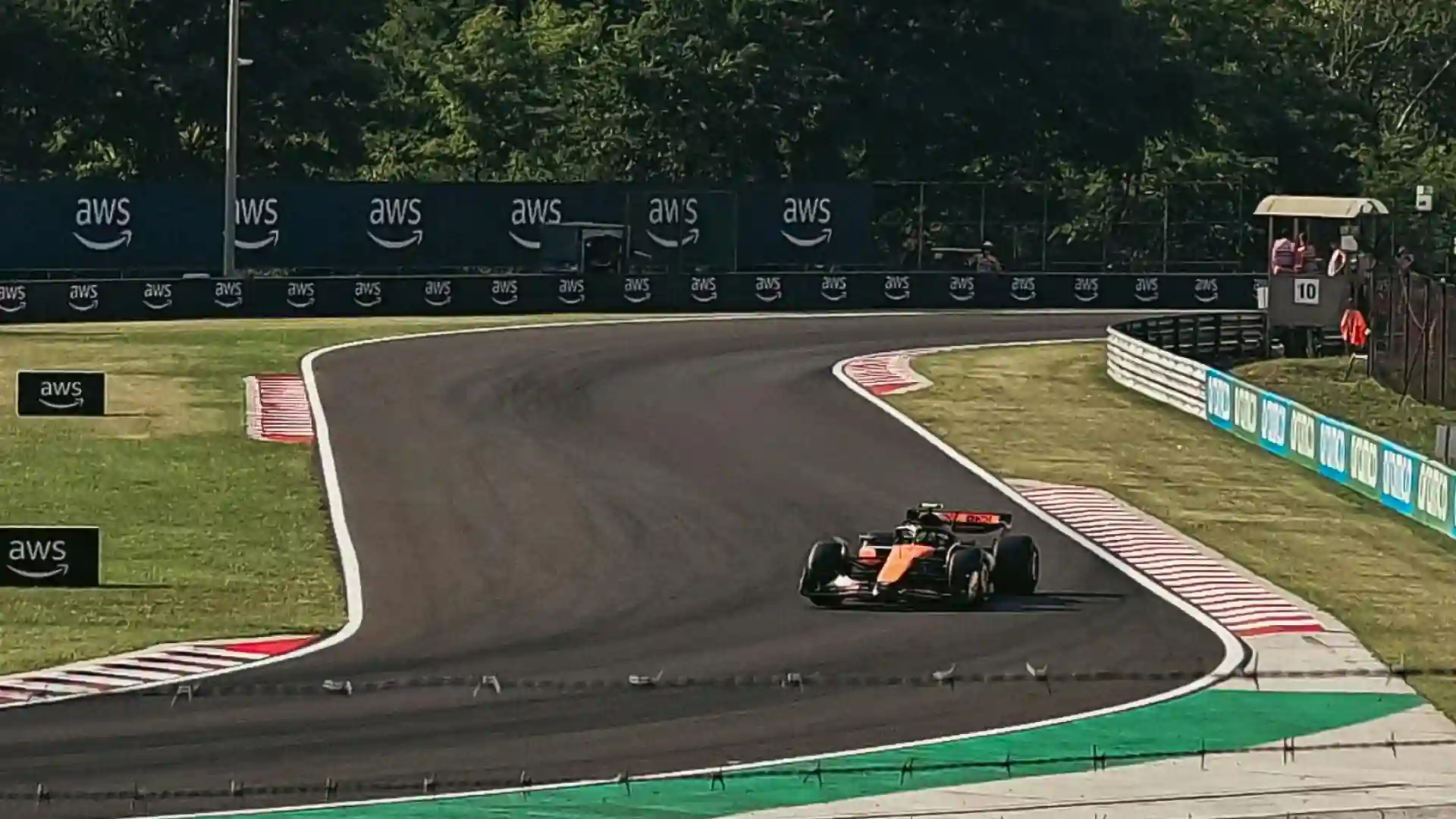
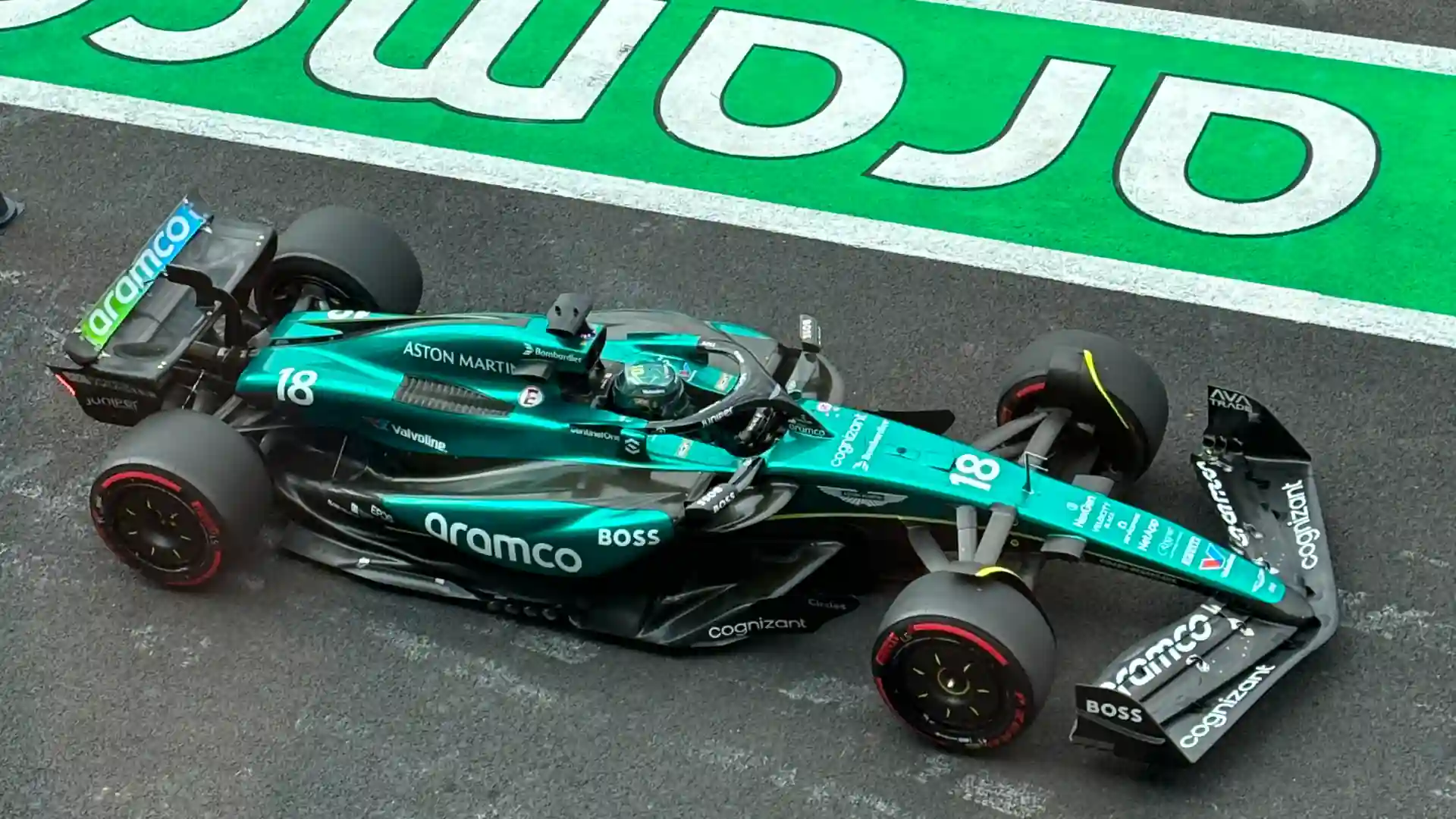


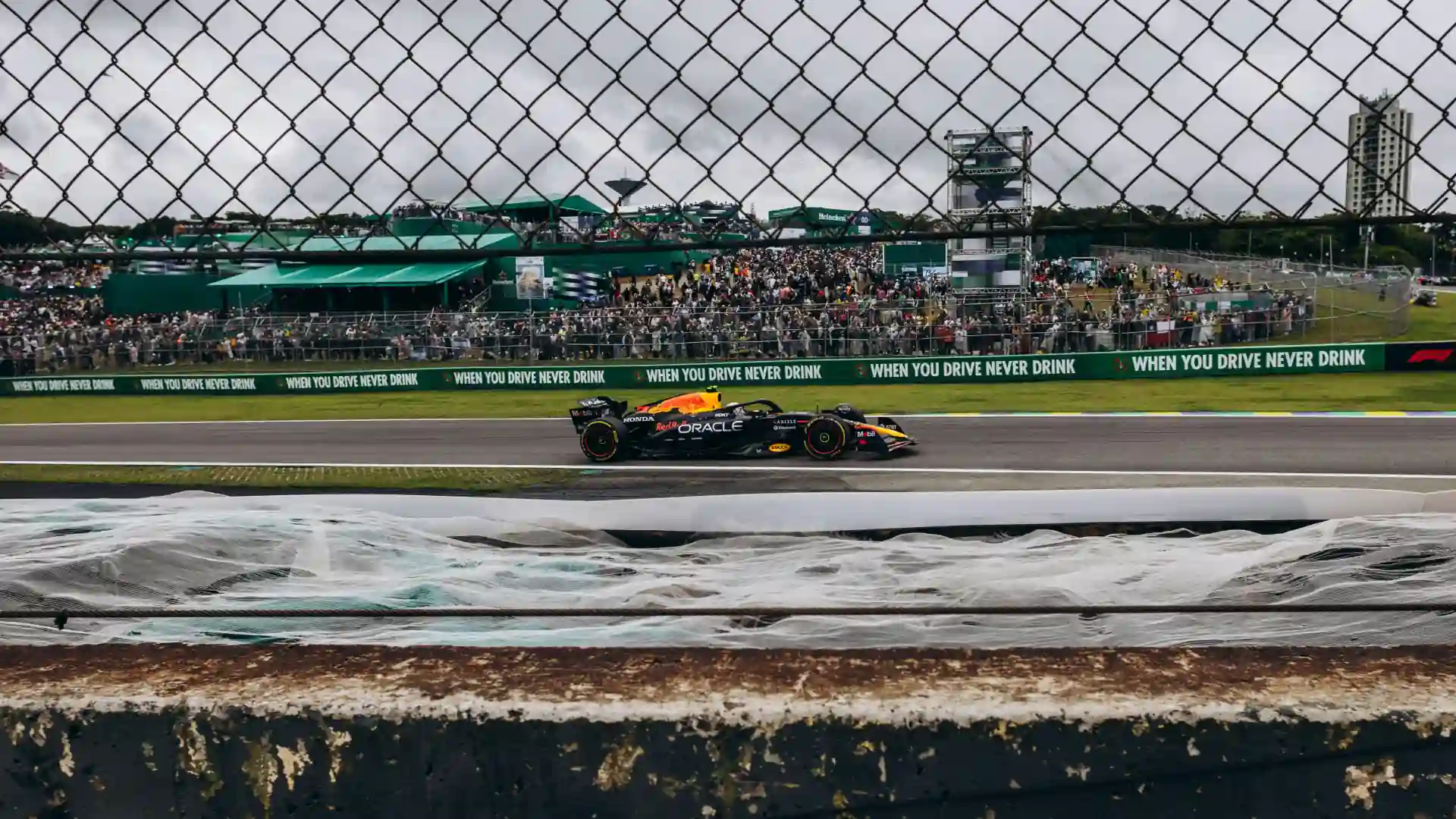

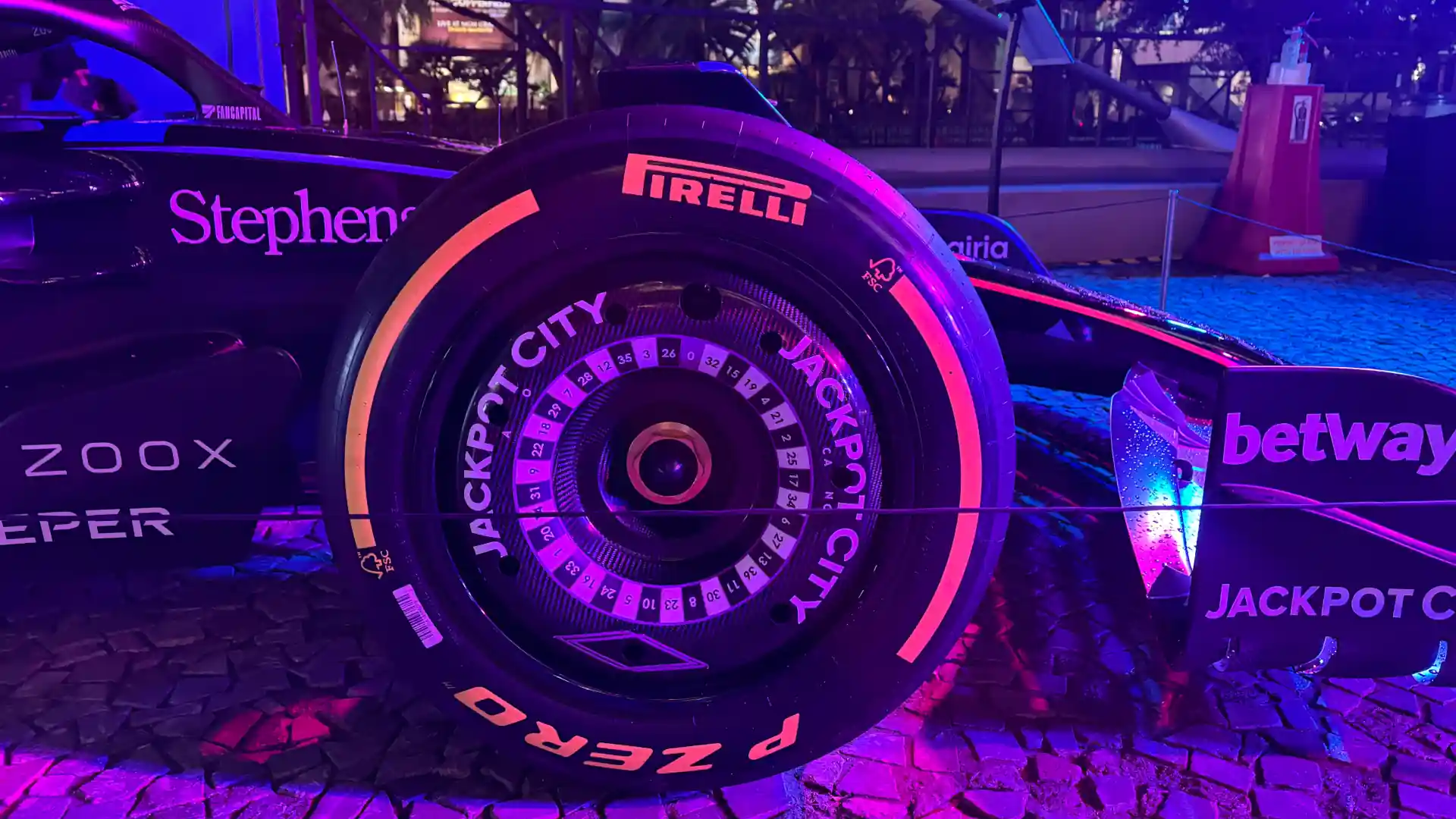
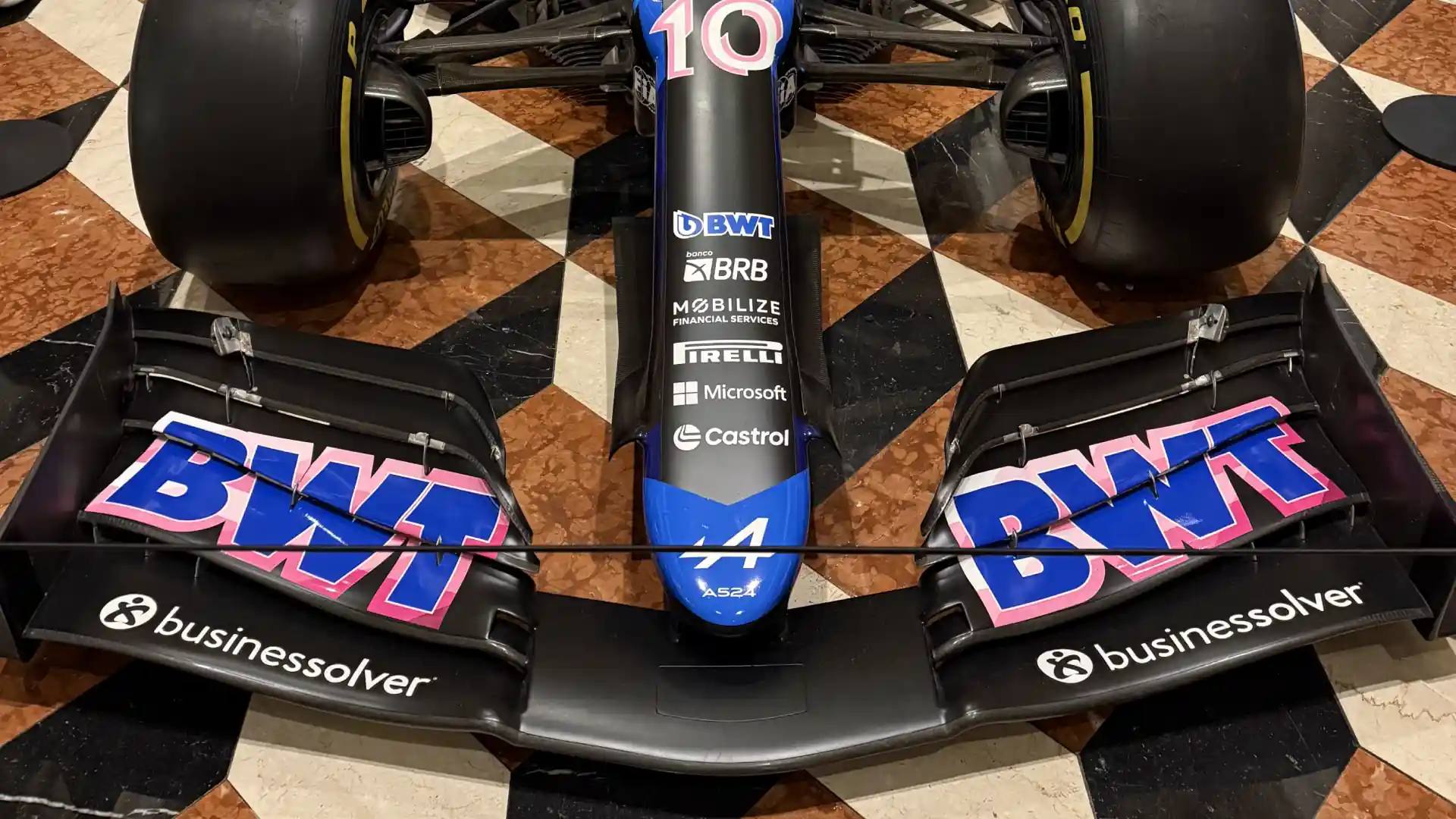

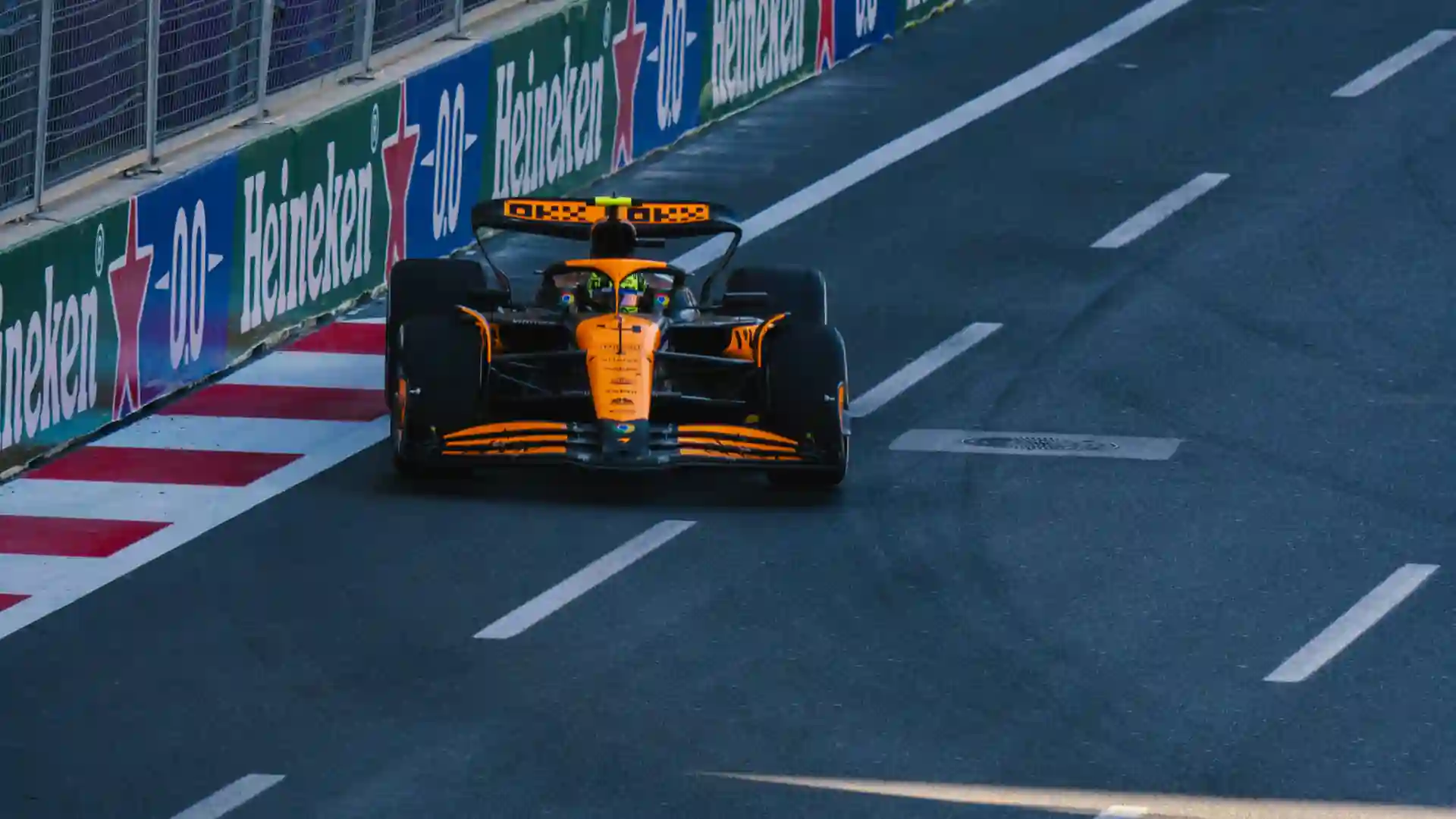
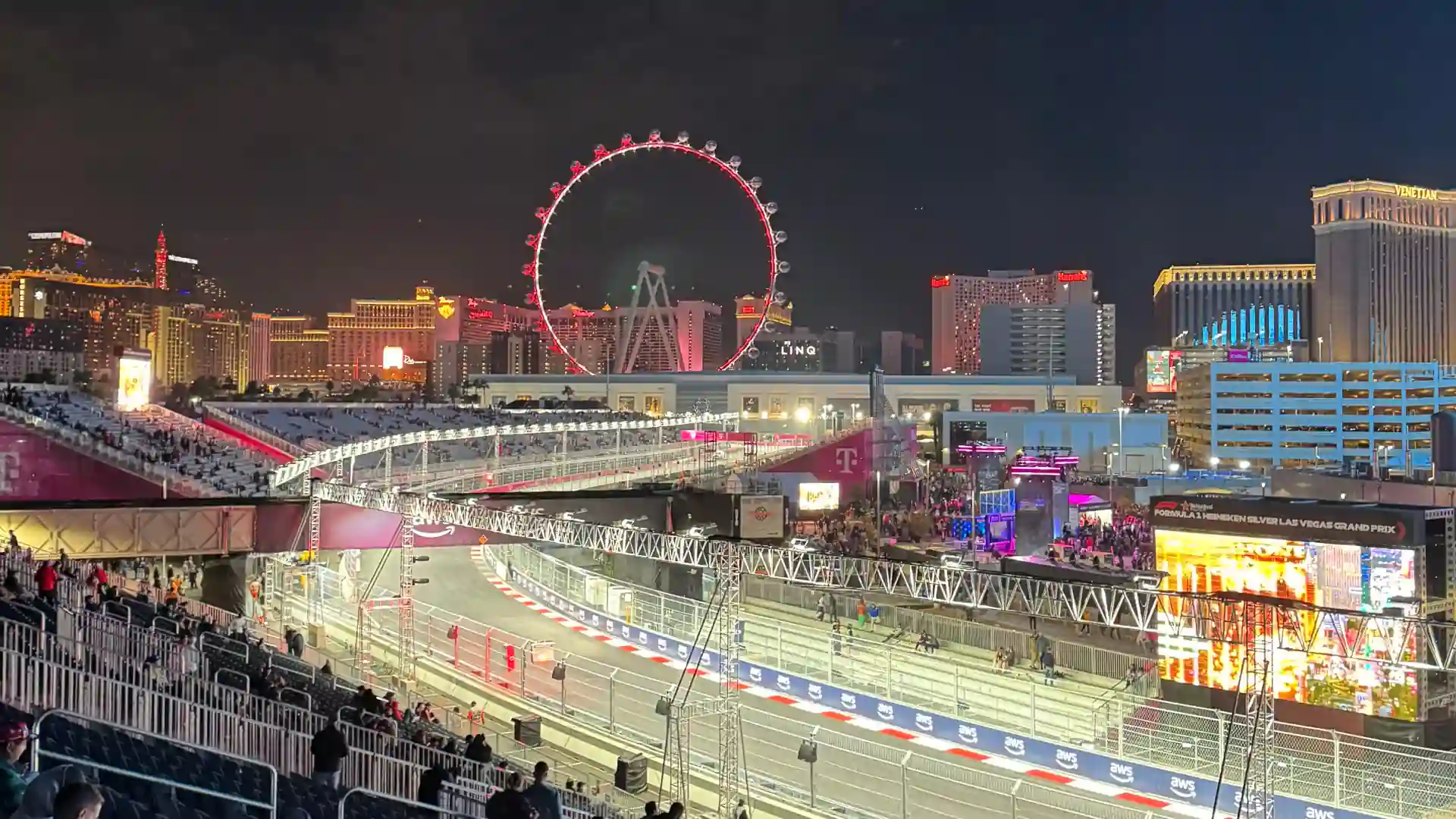
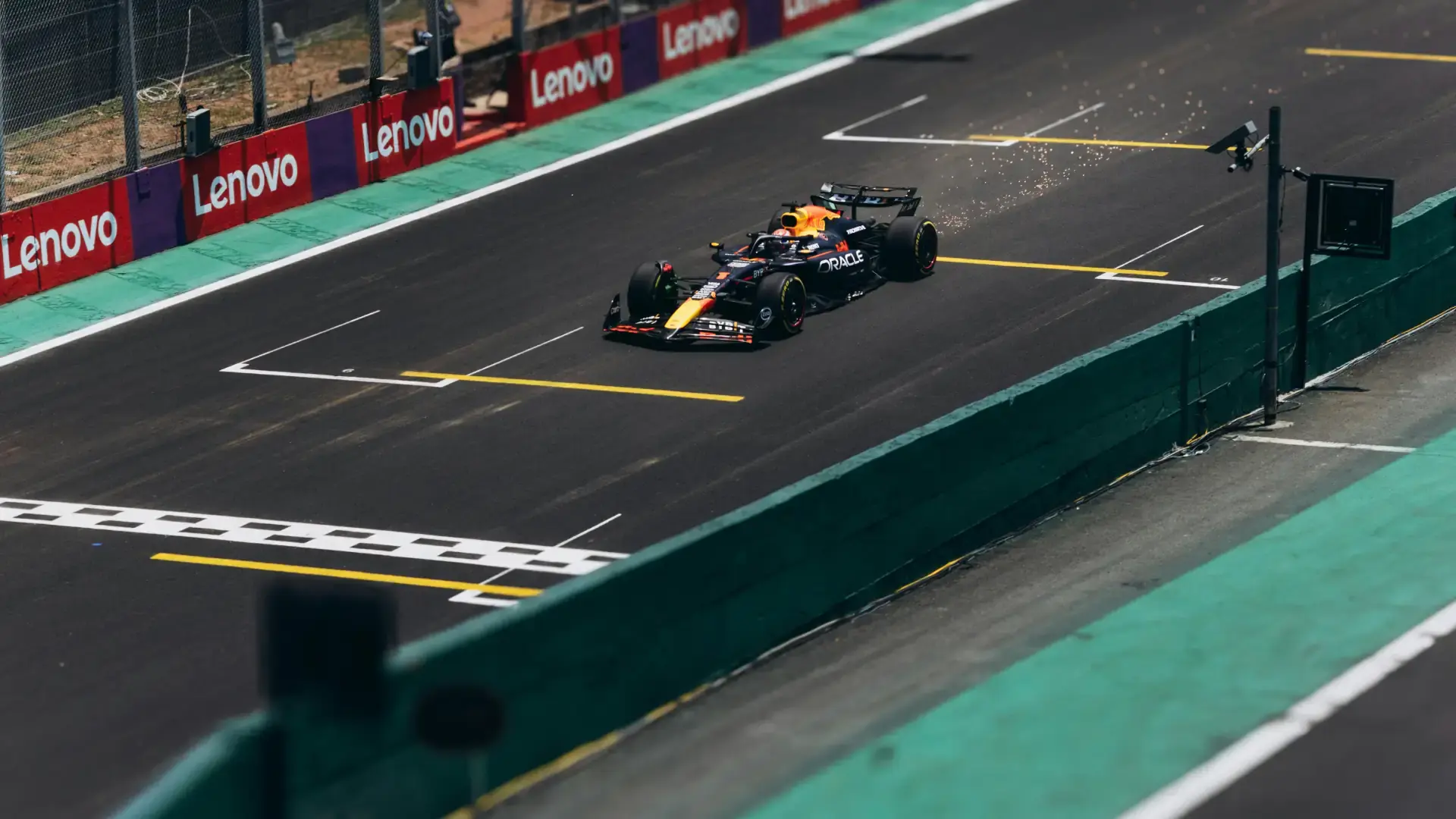

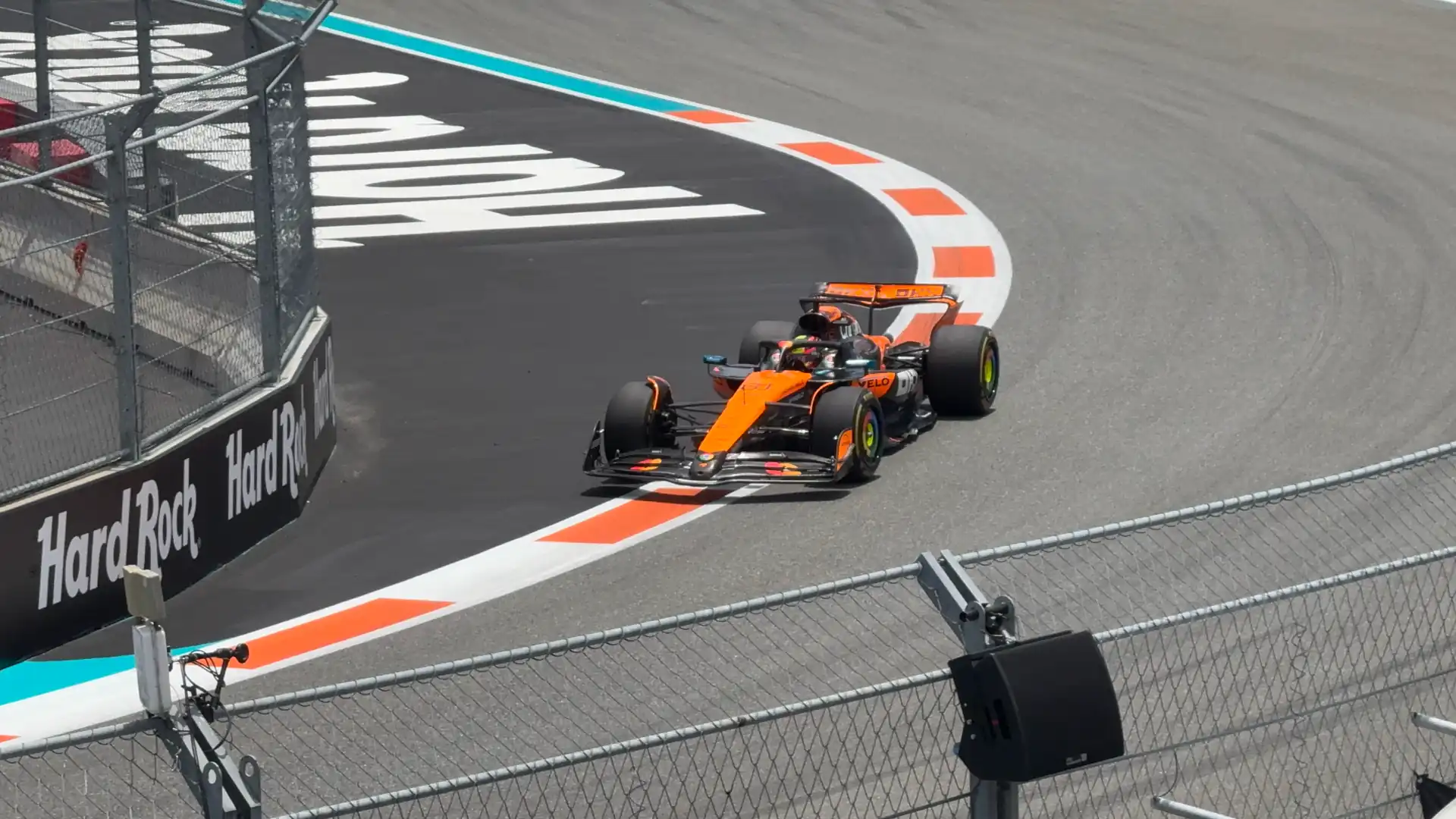
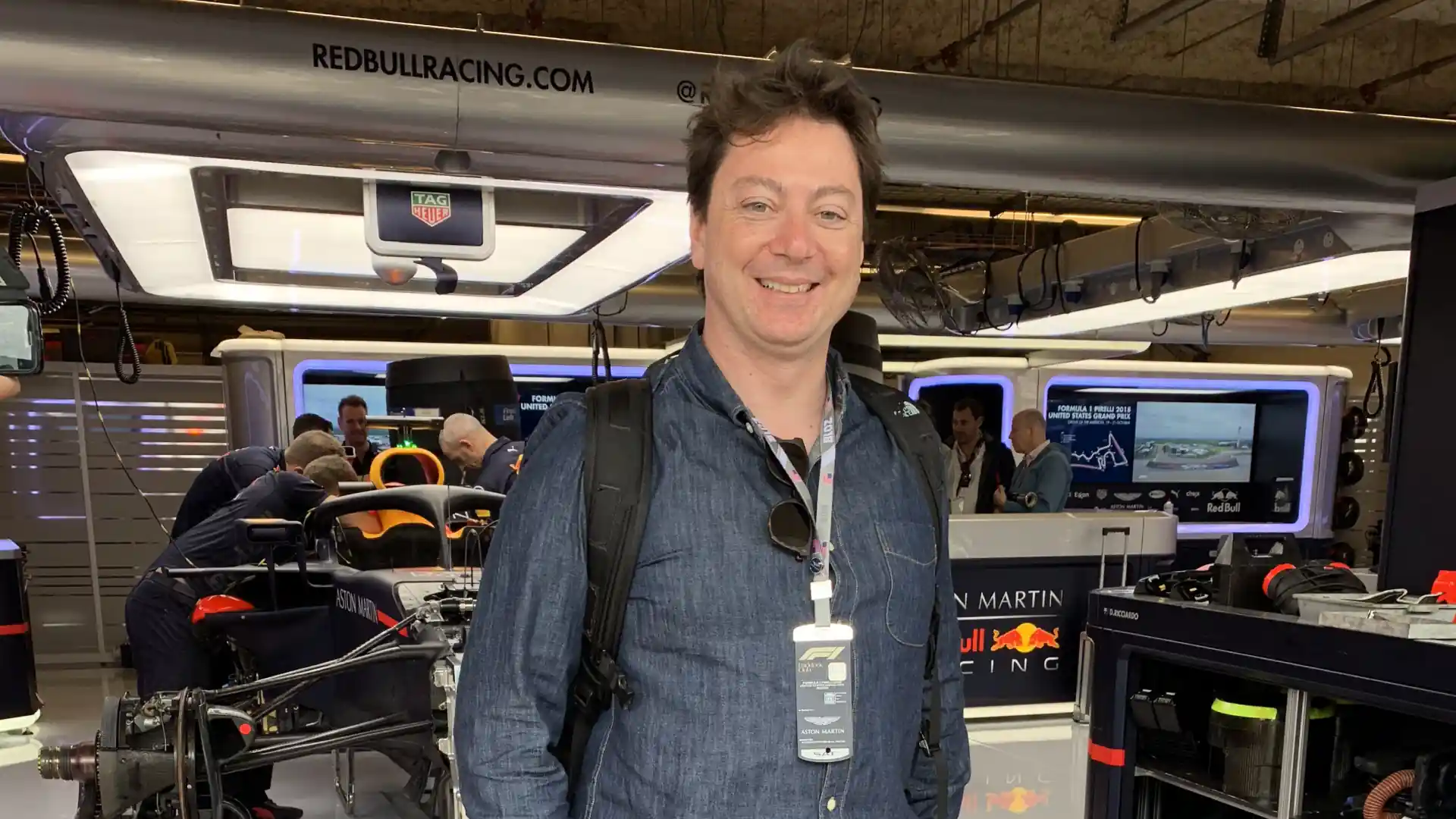
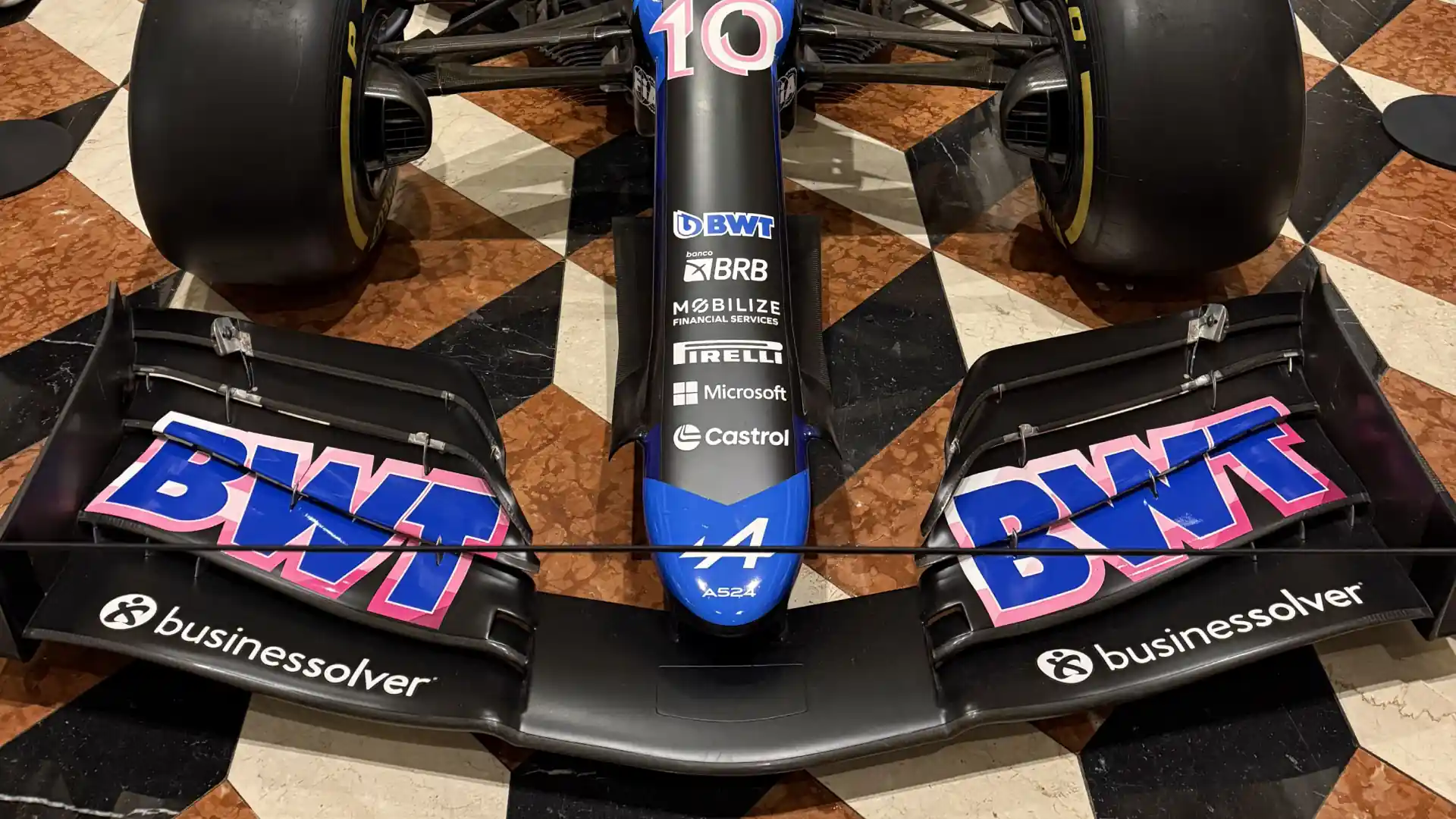
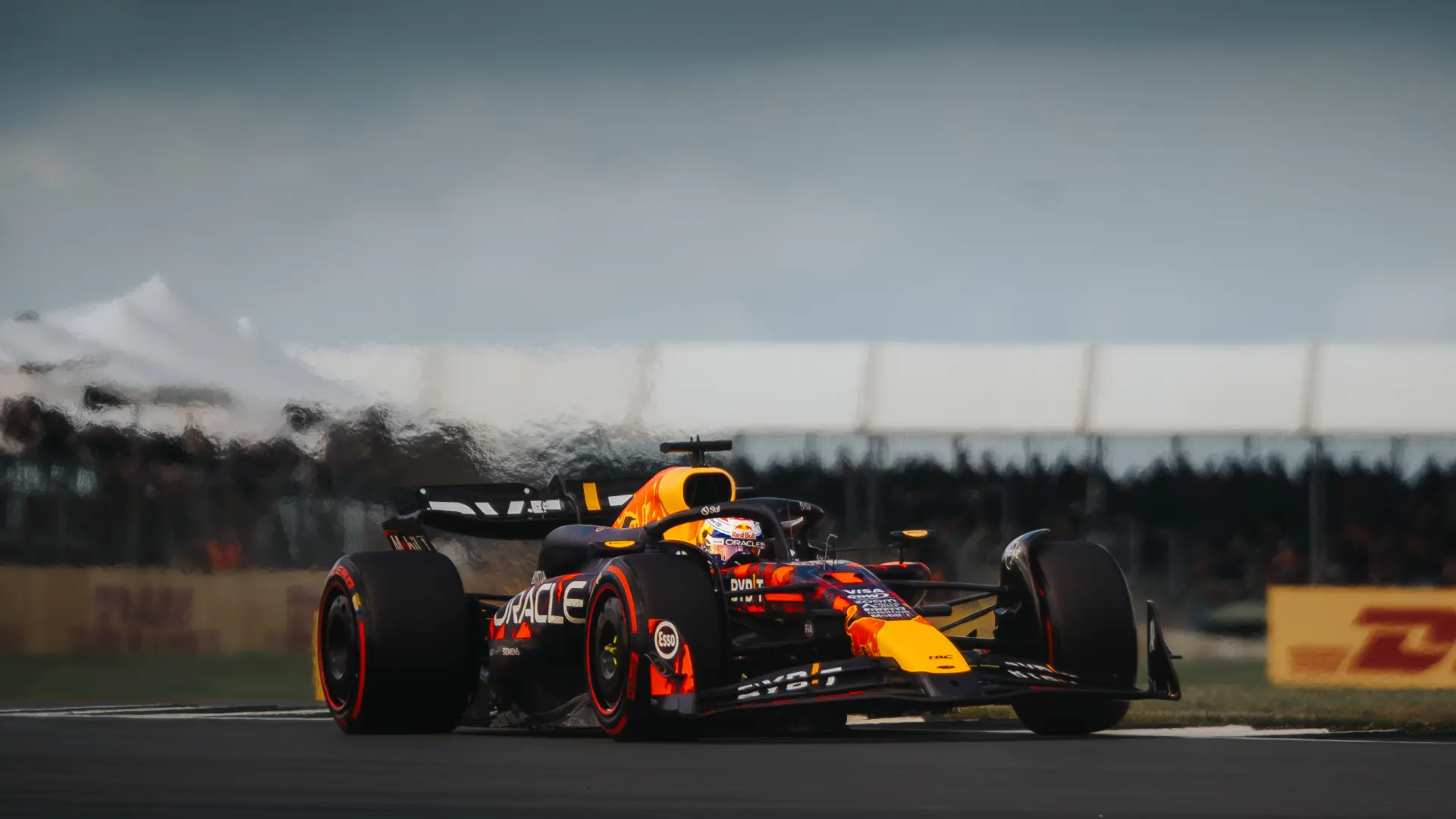
.webp)

